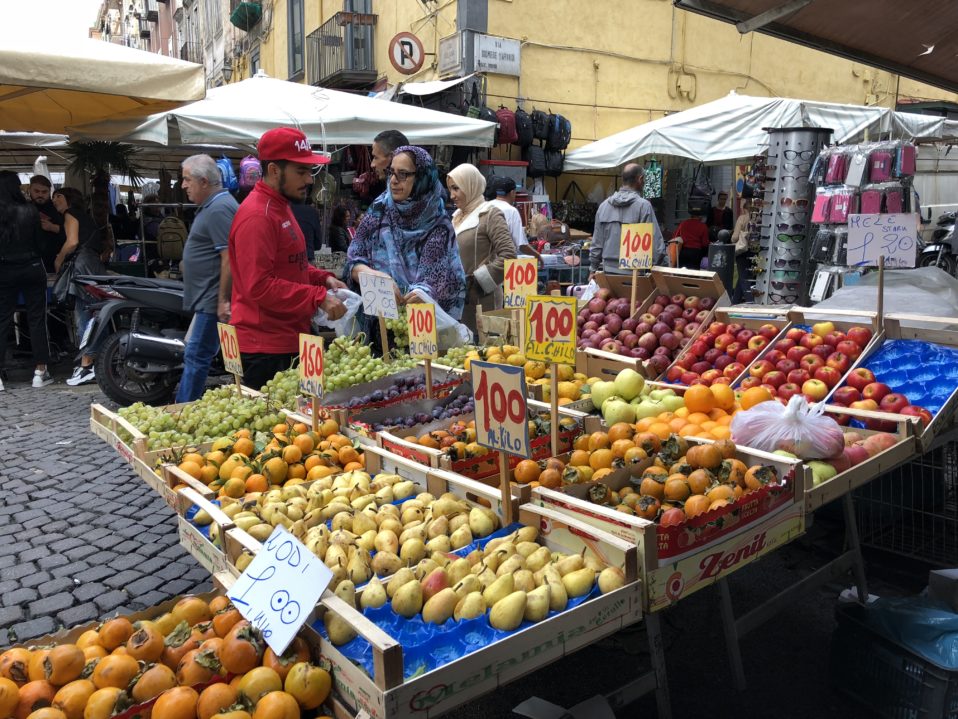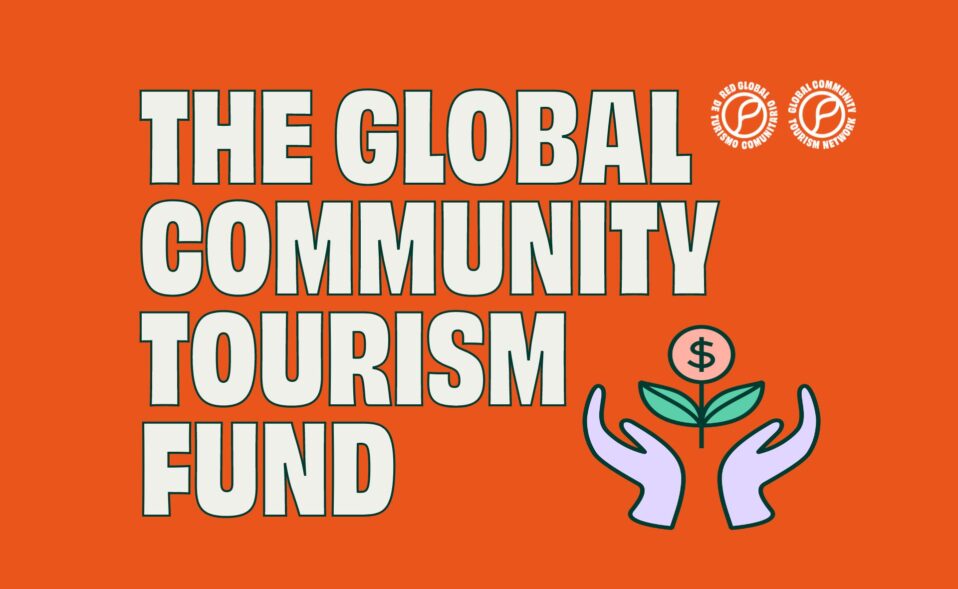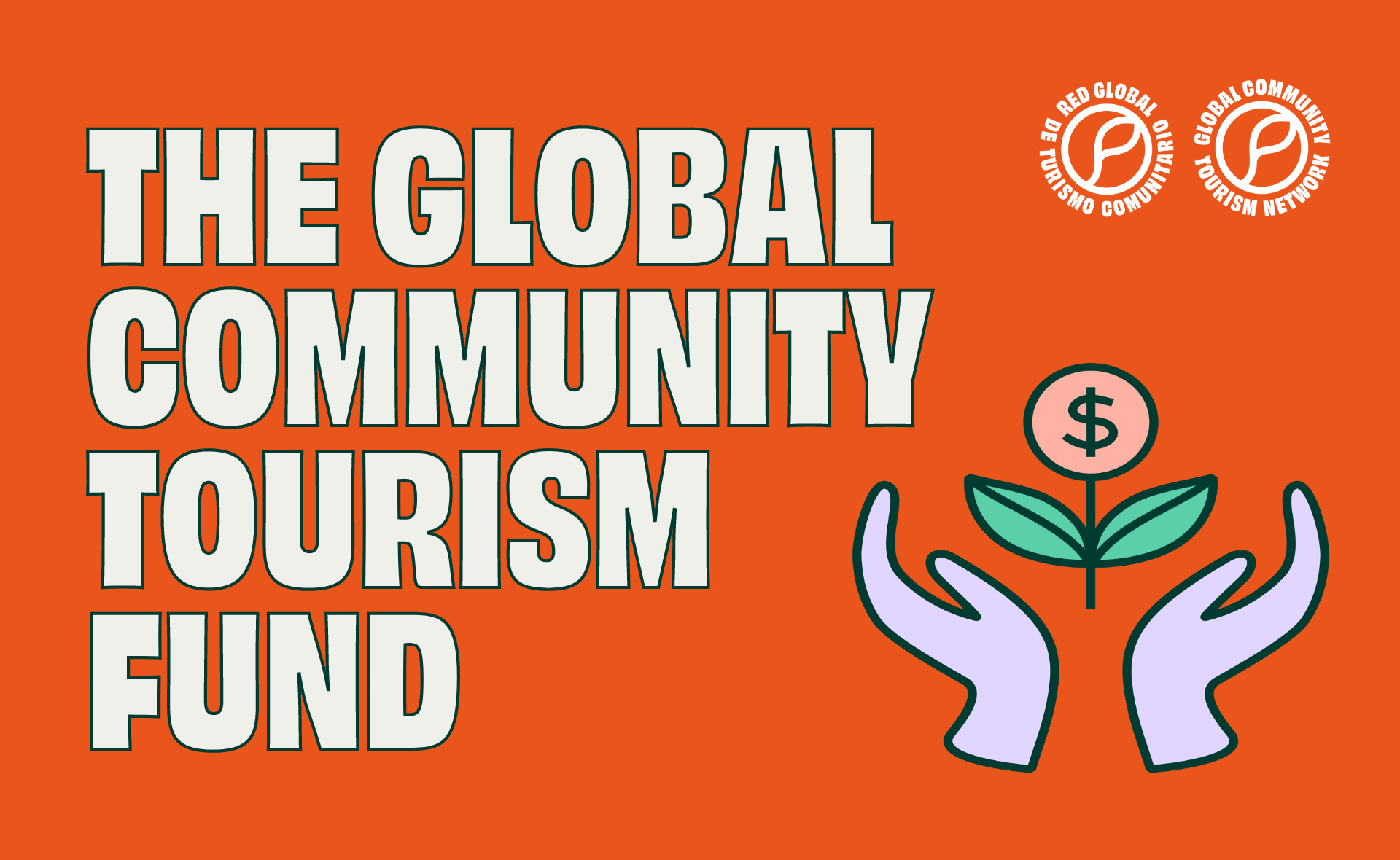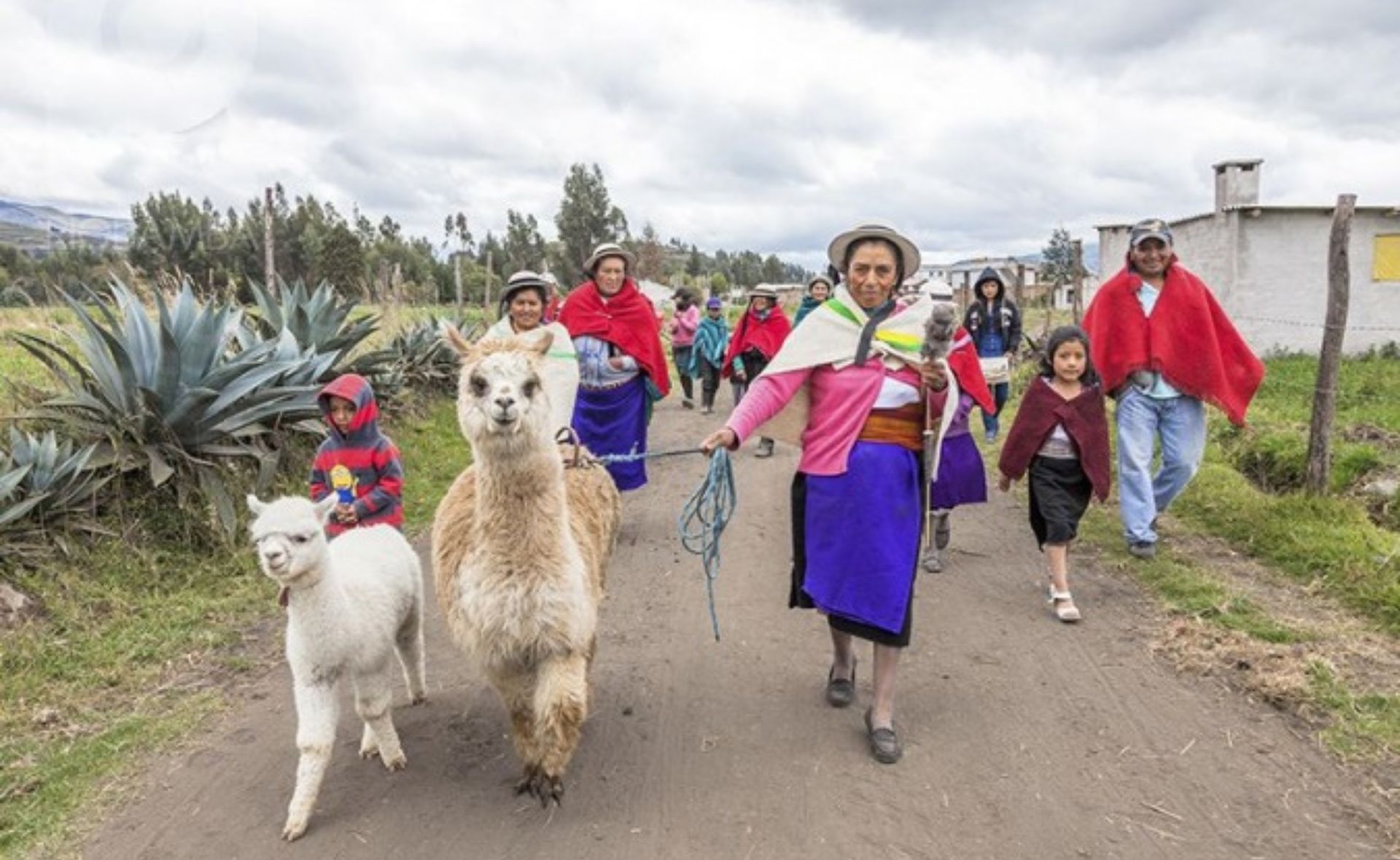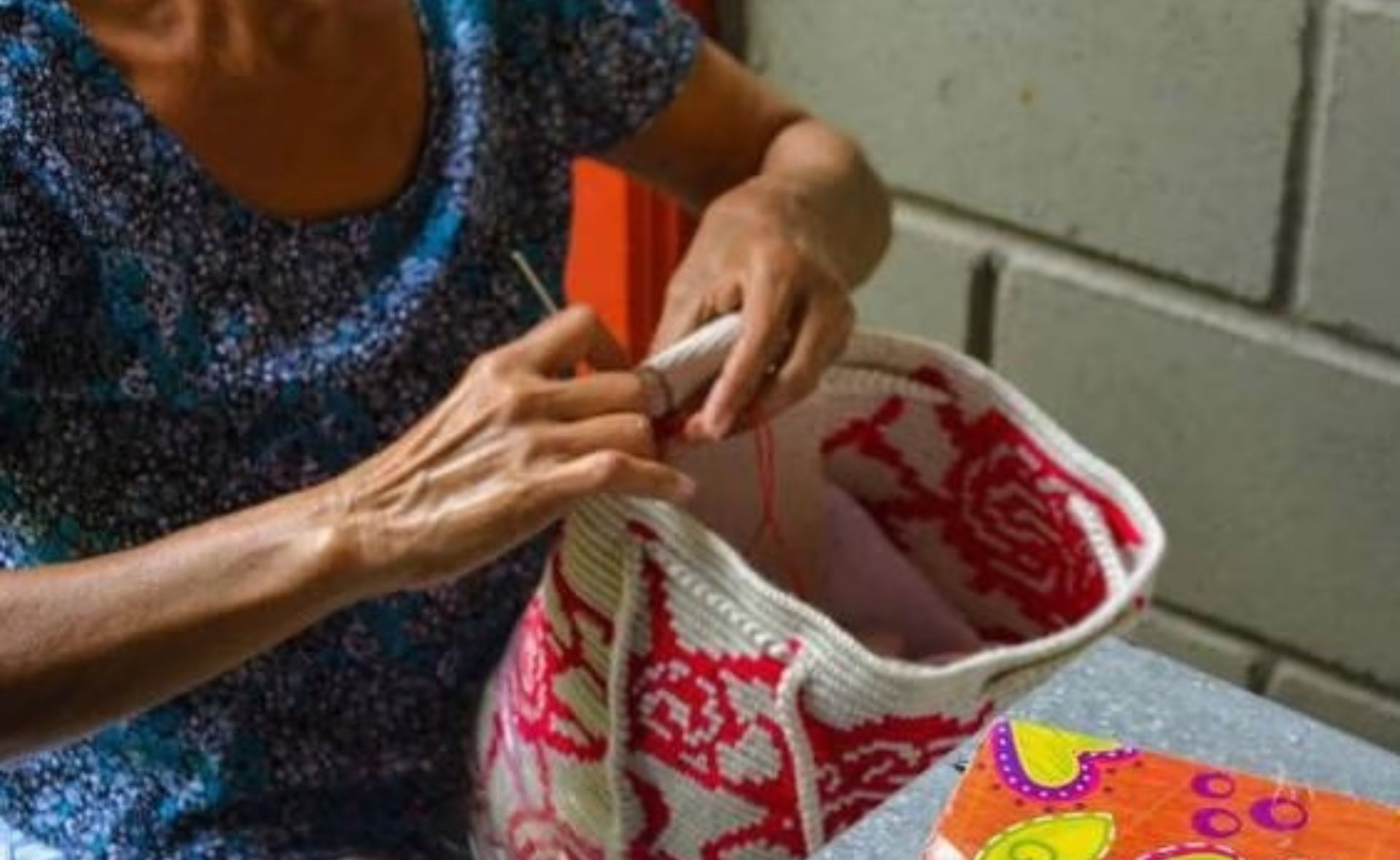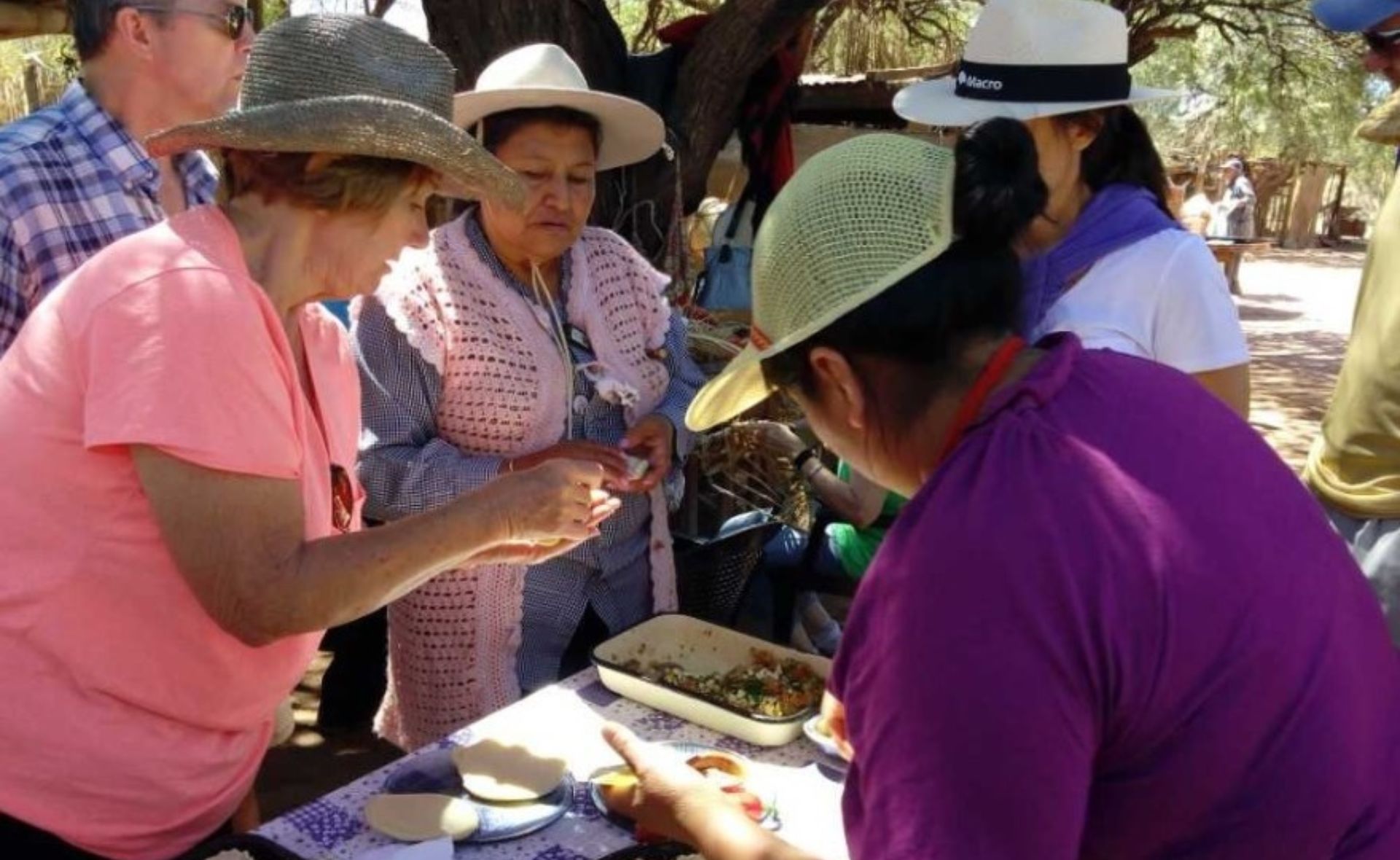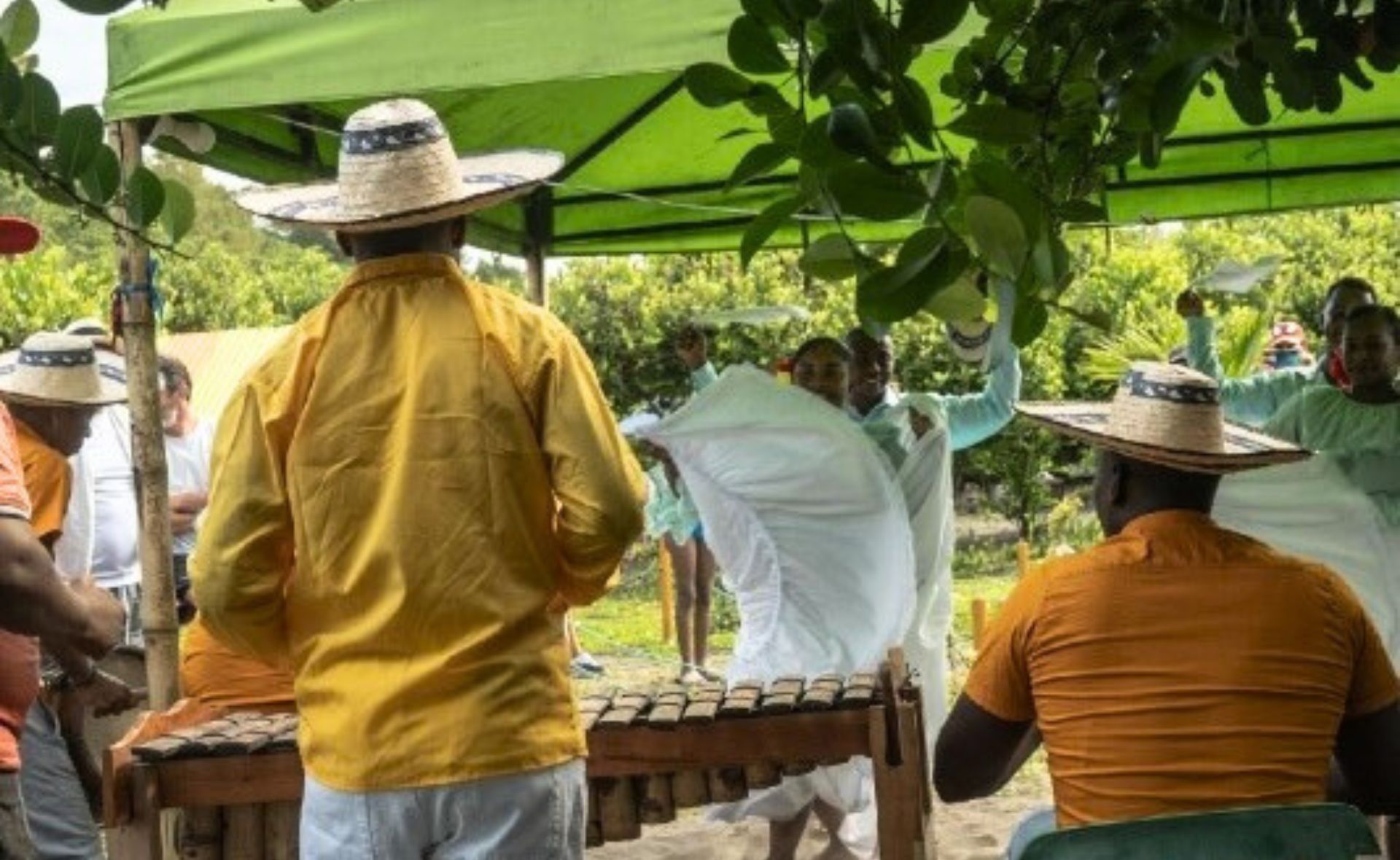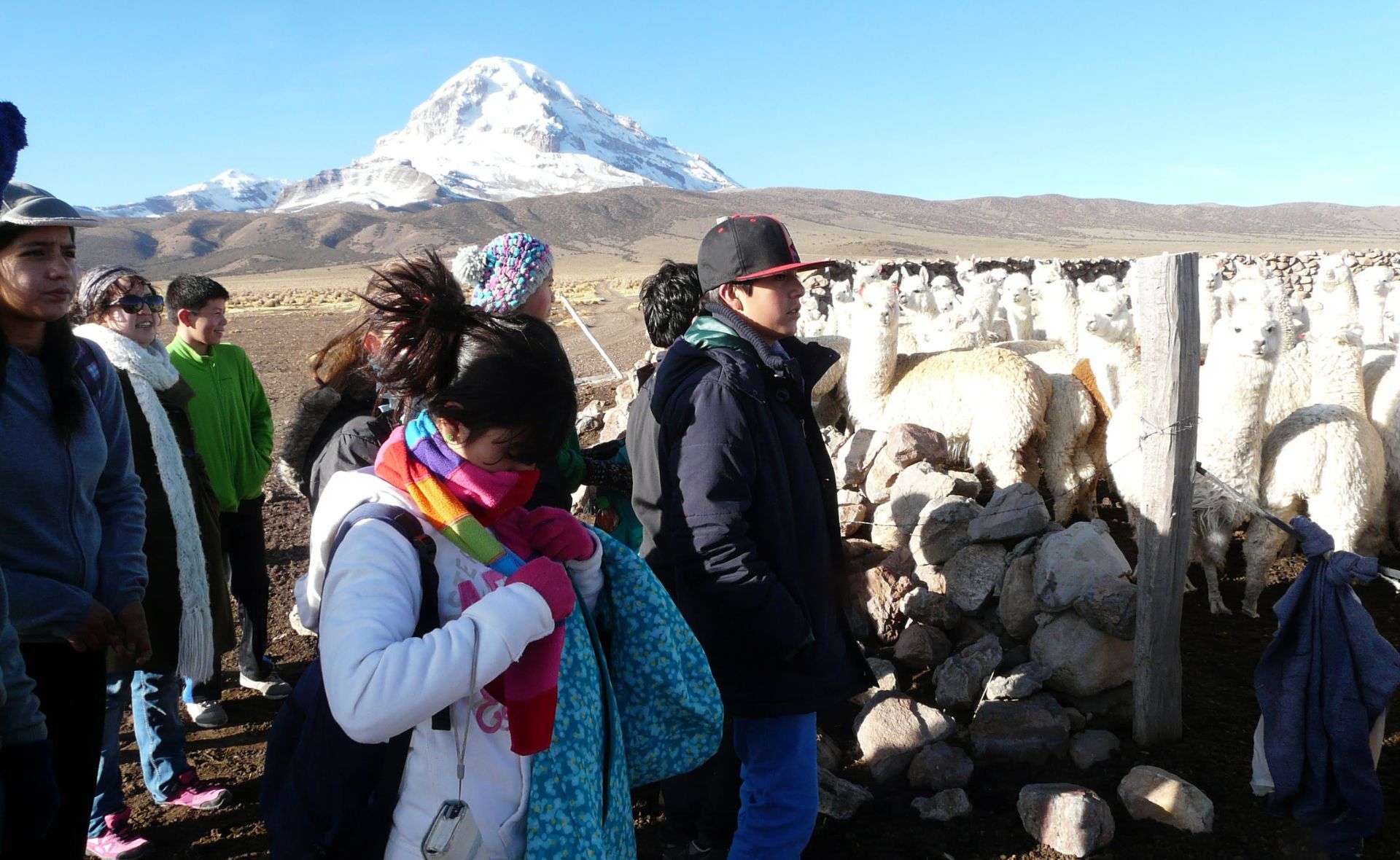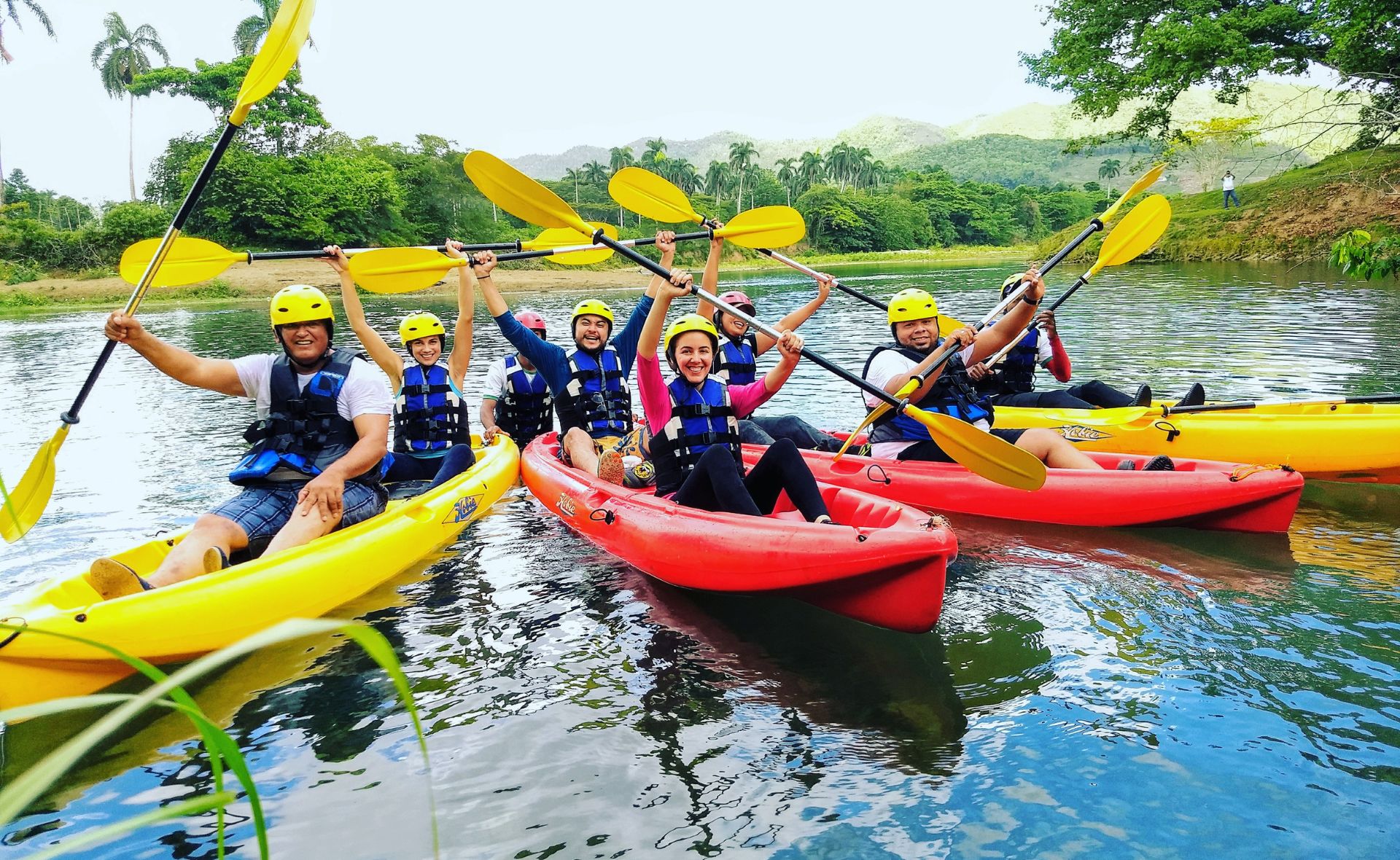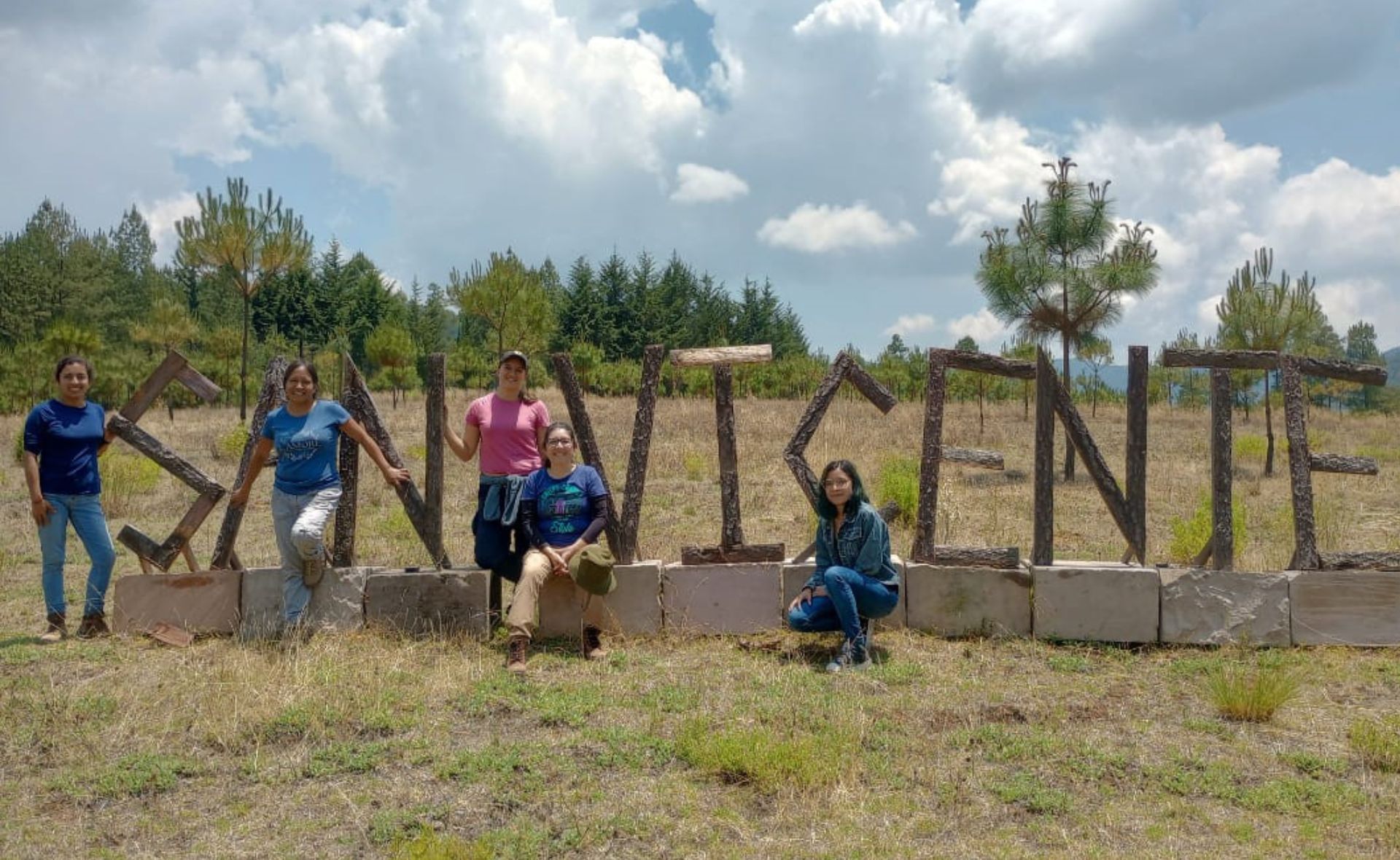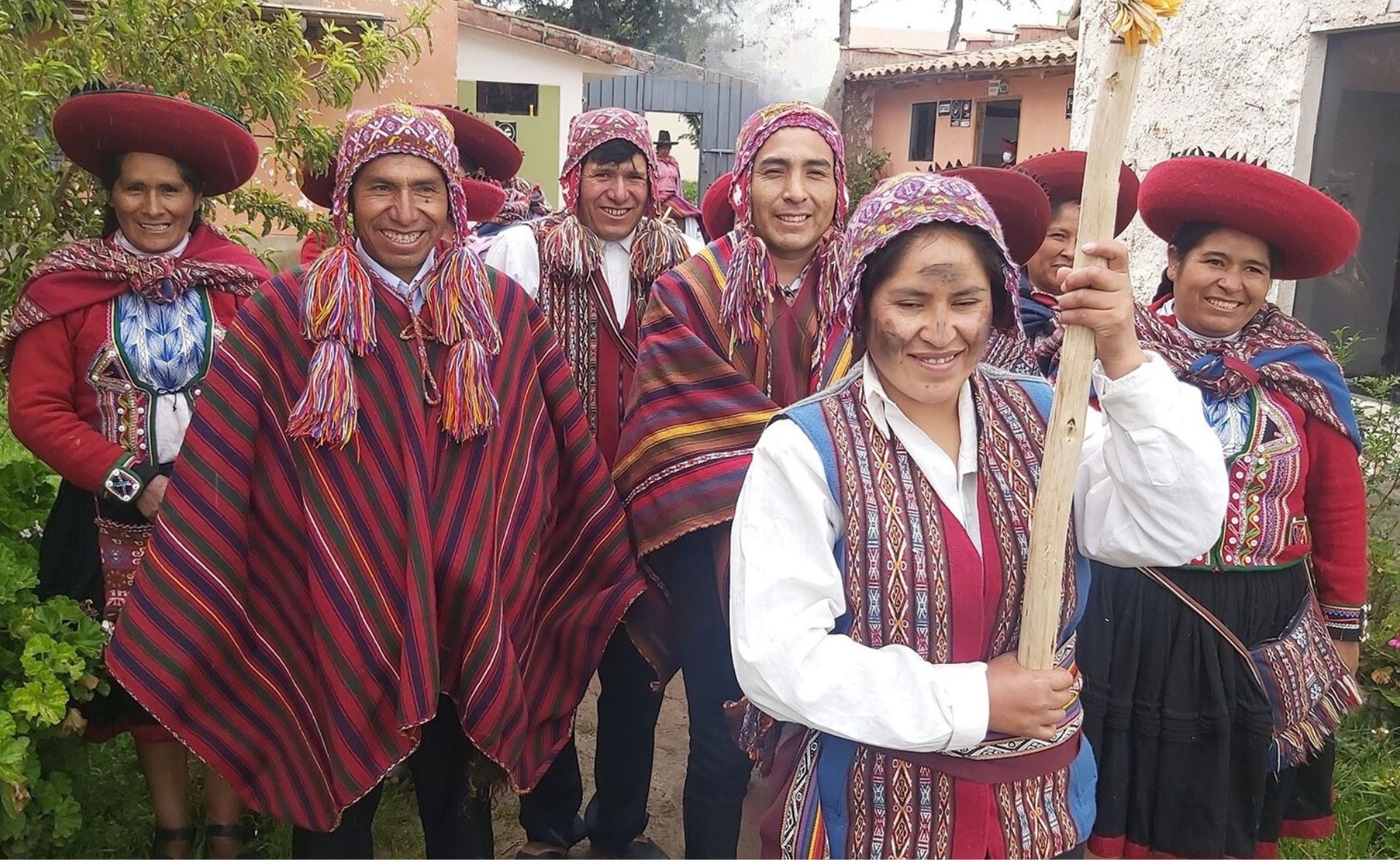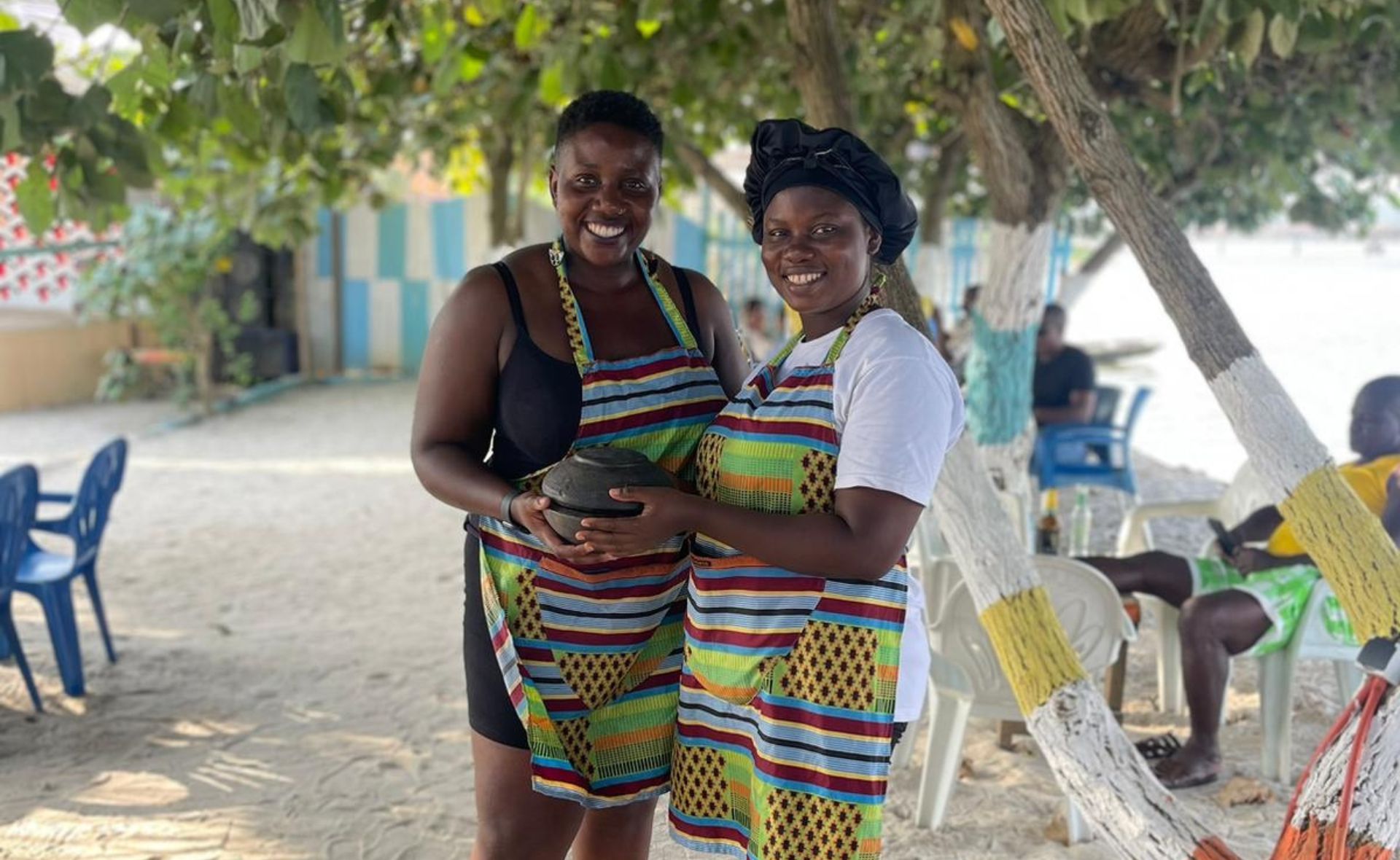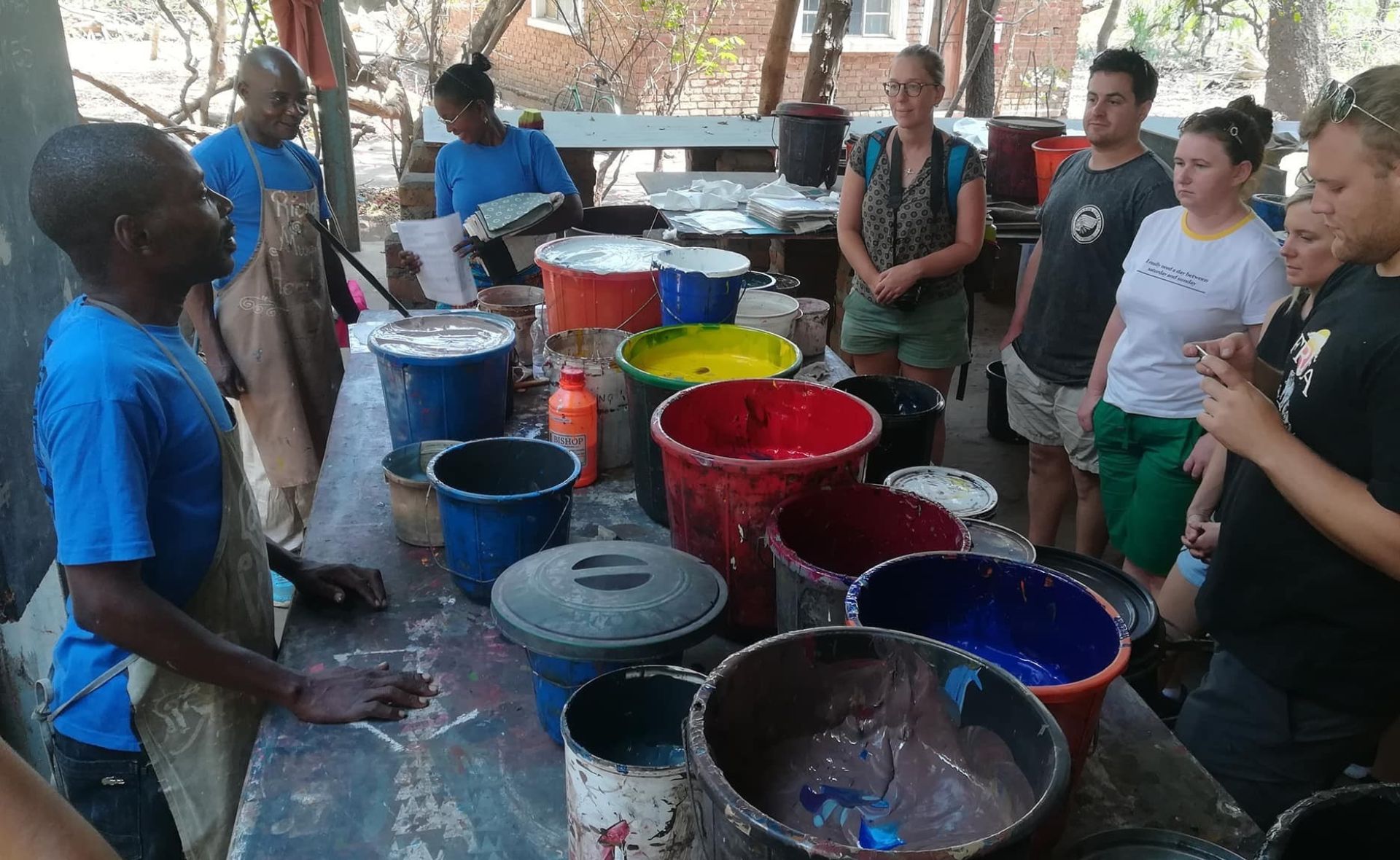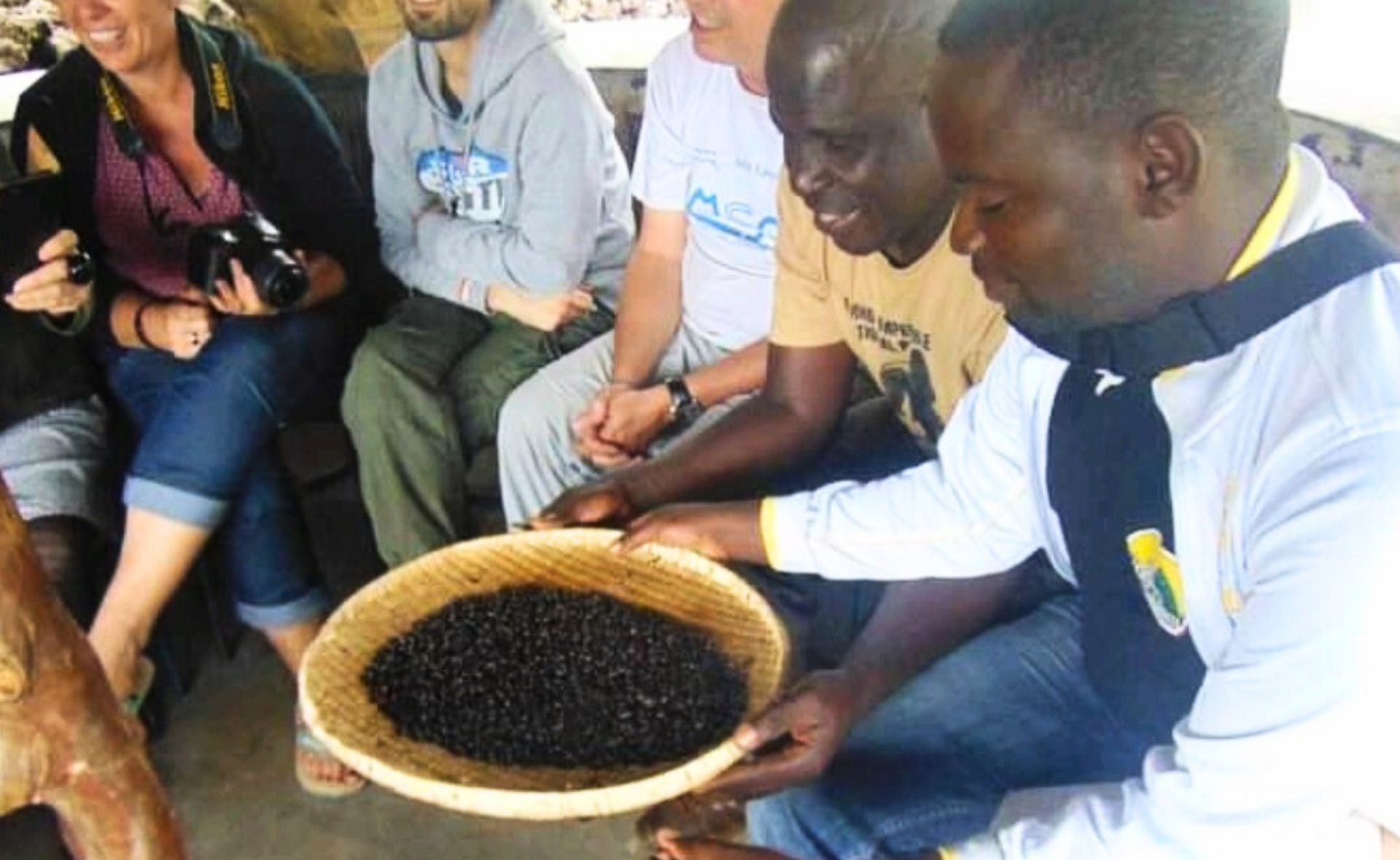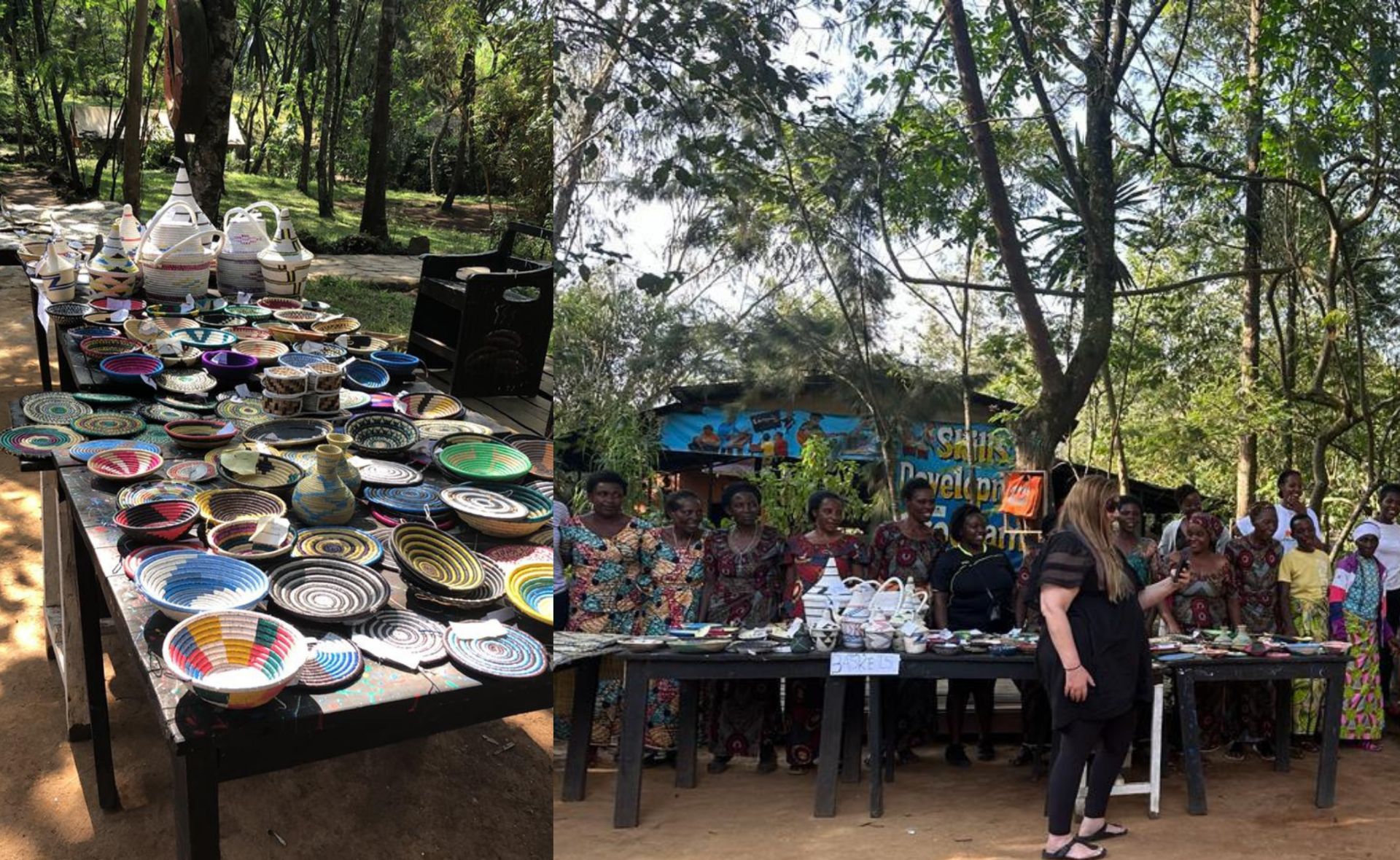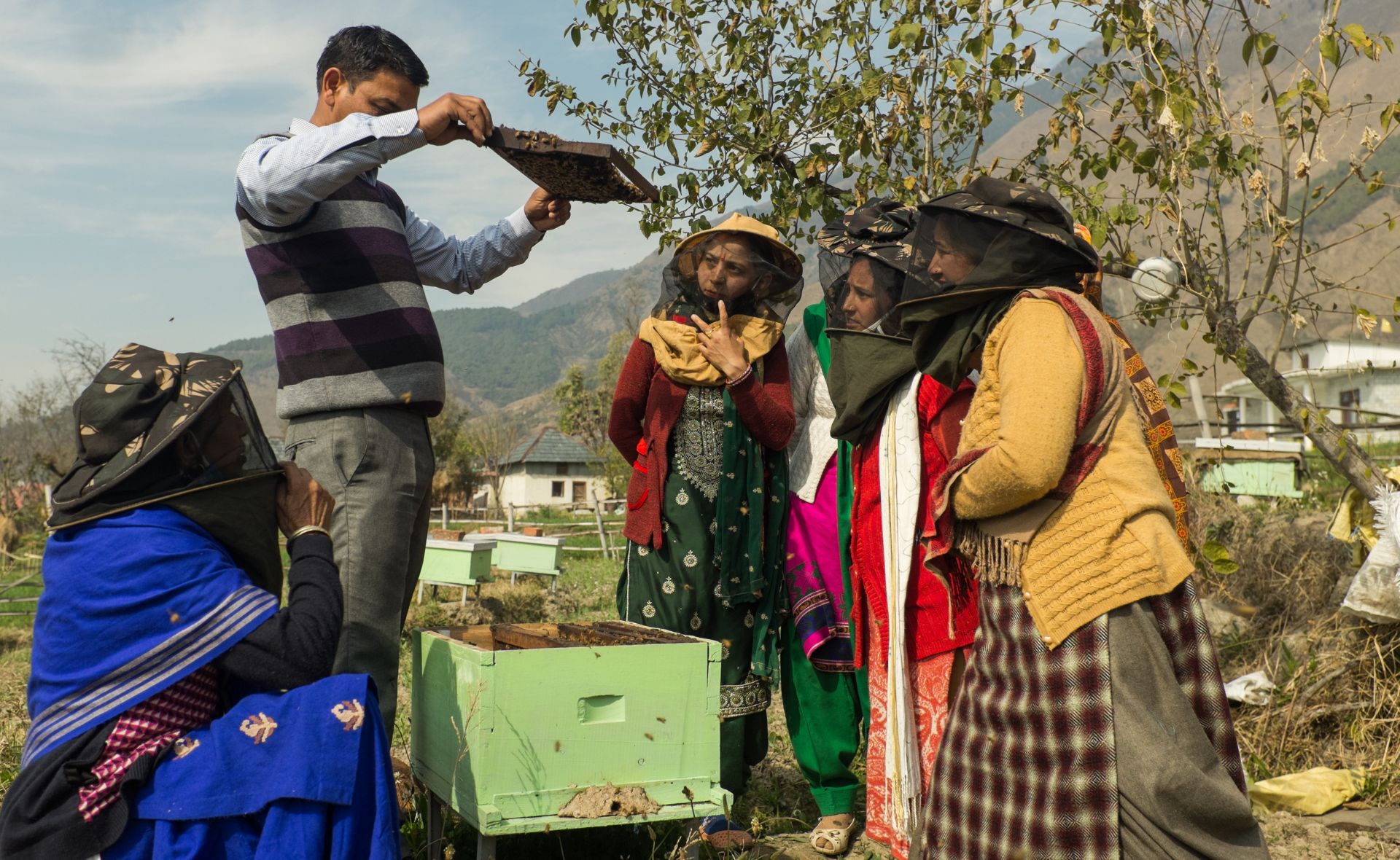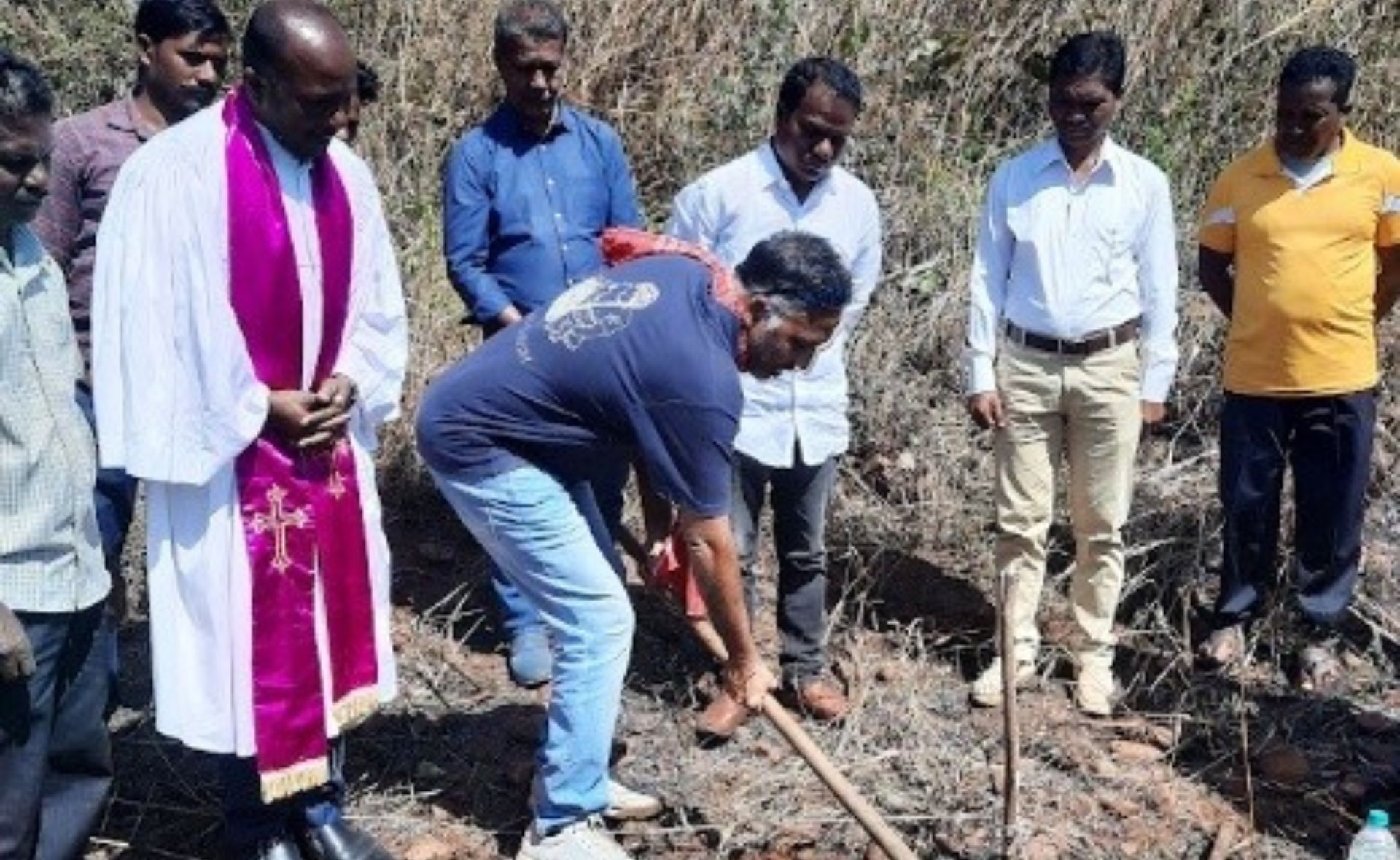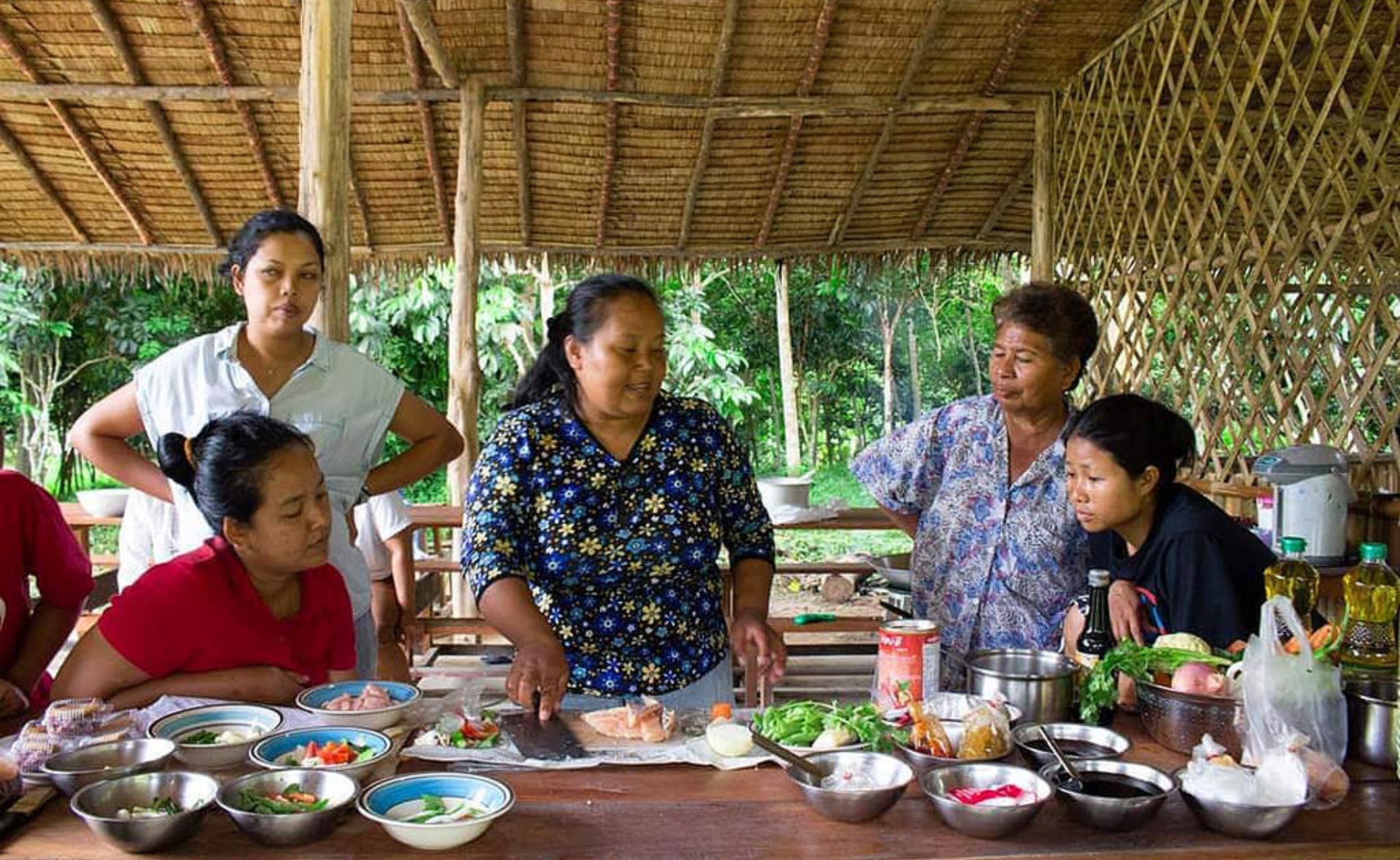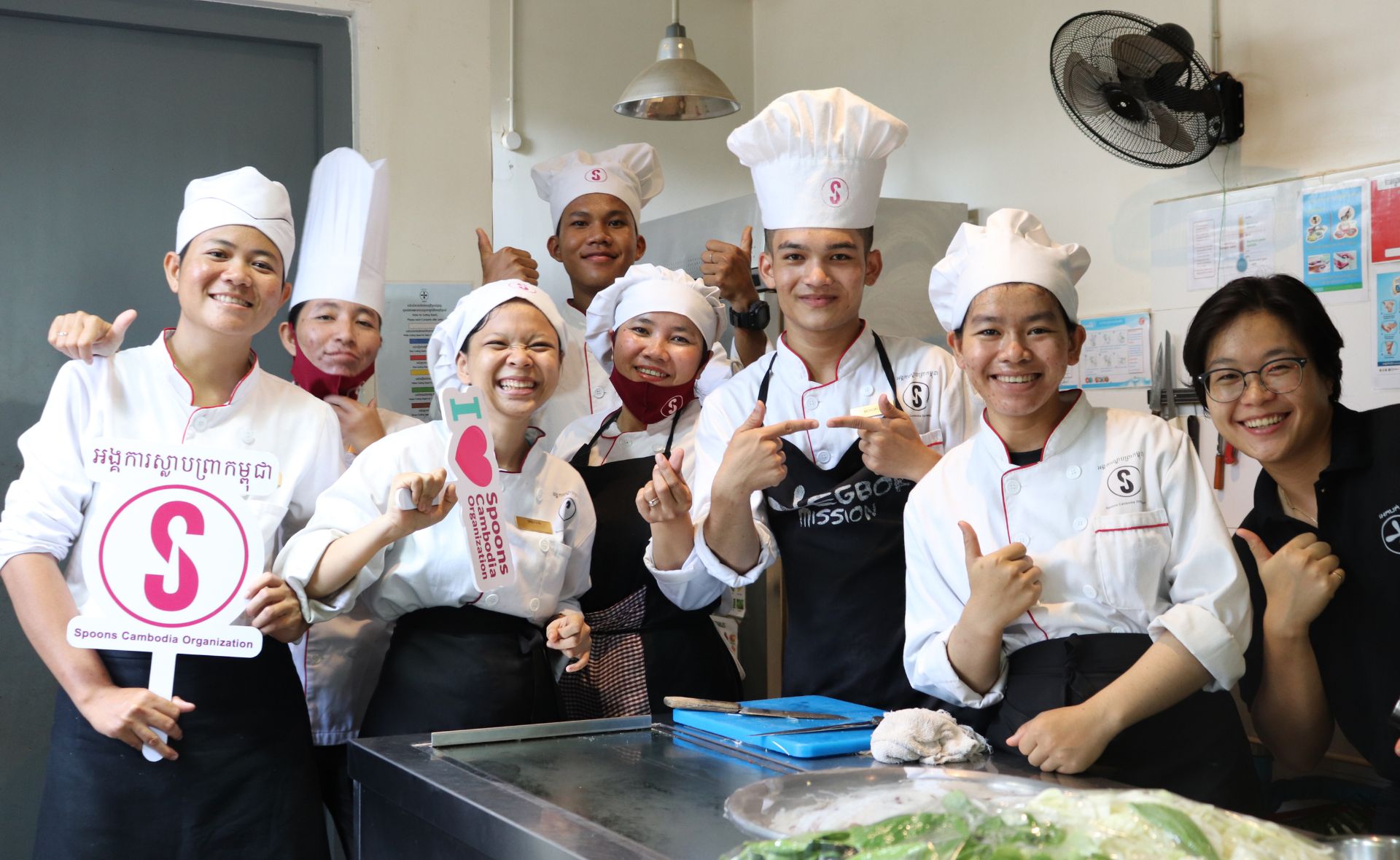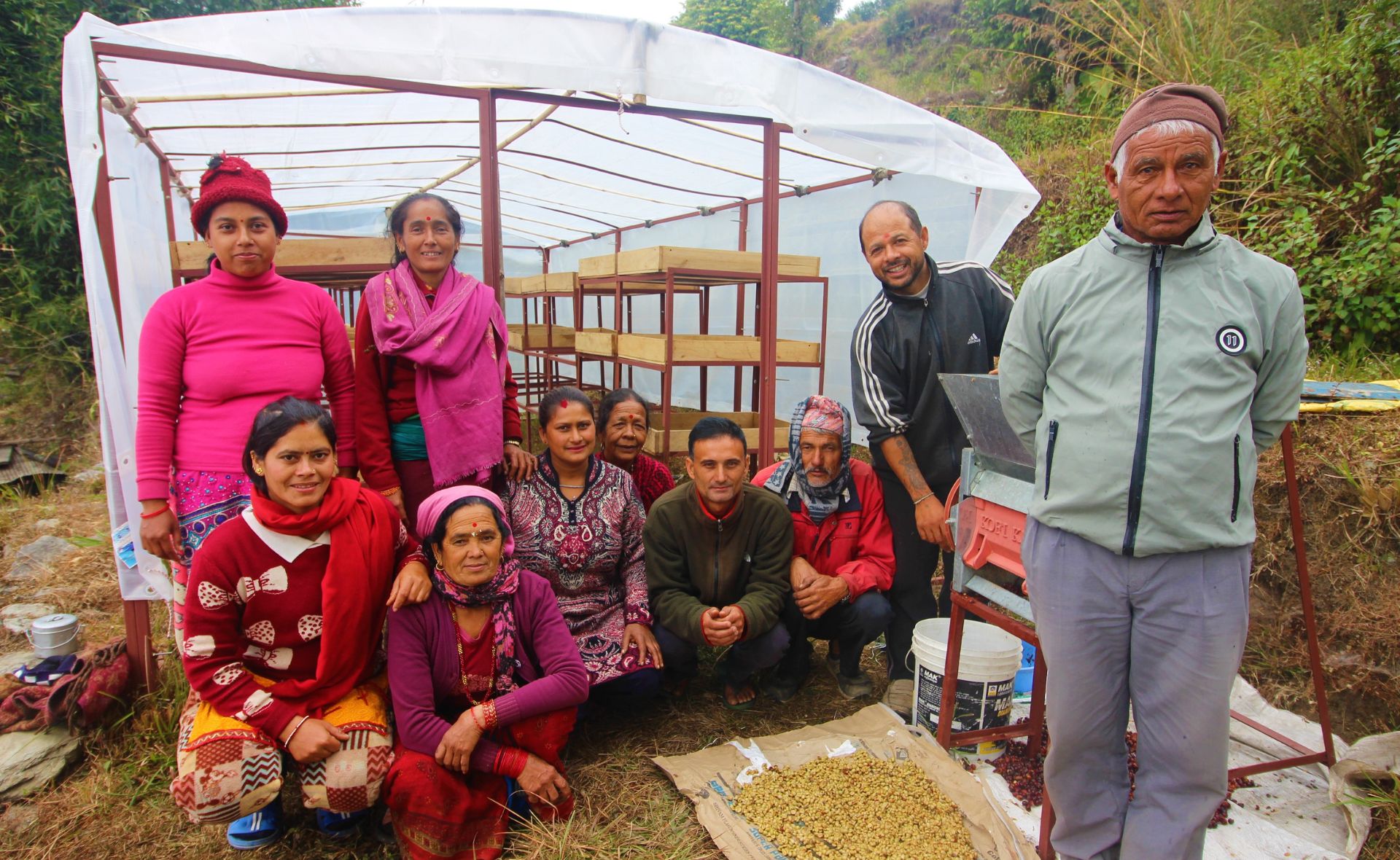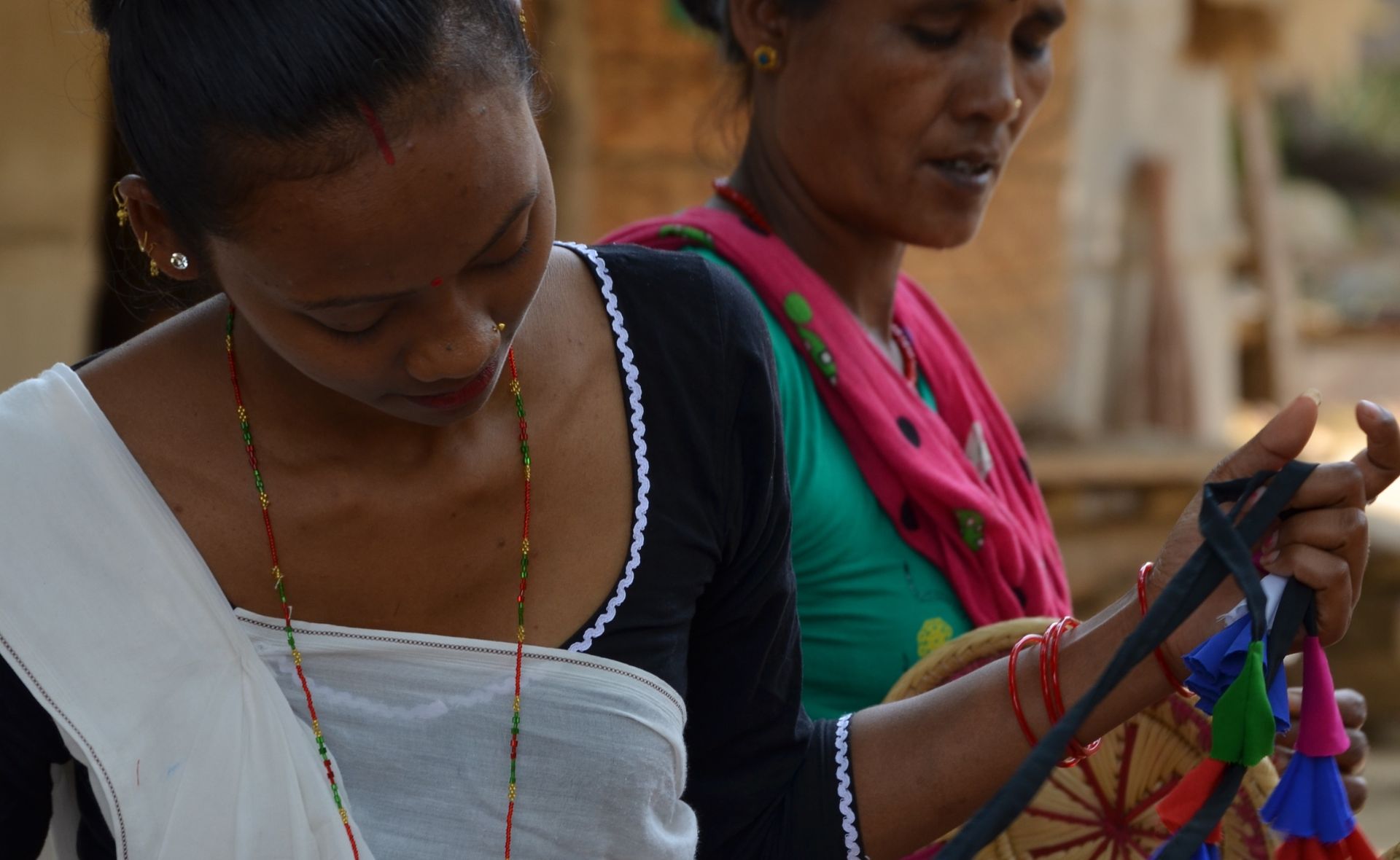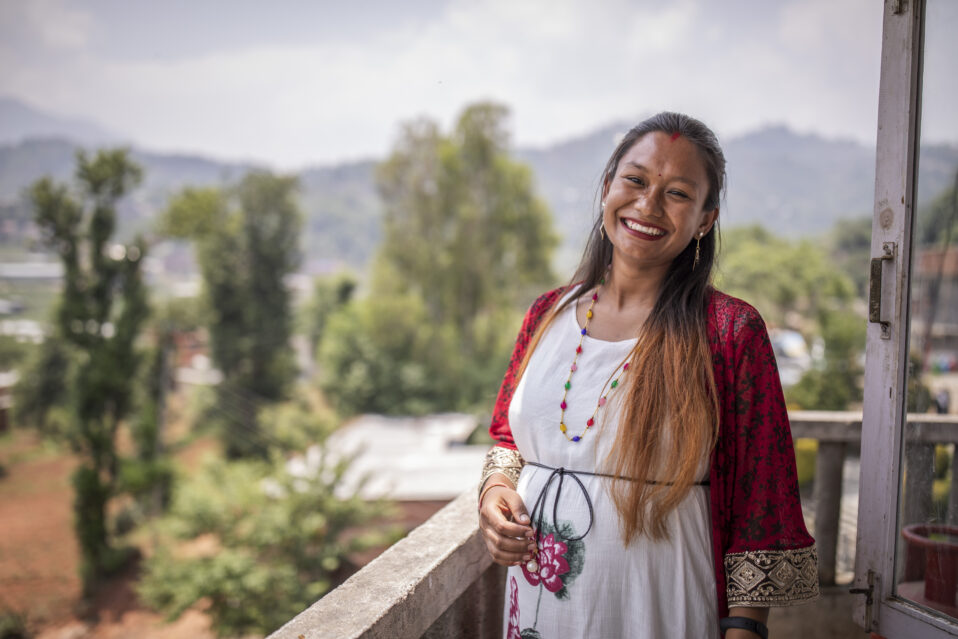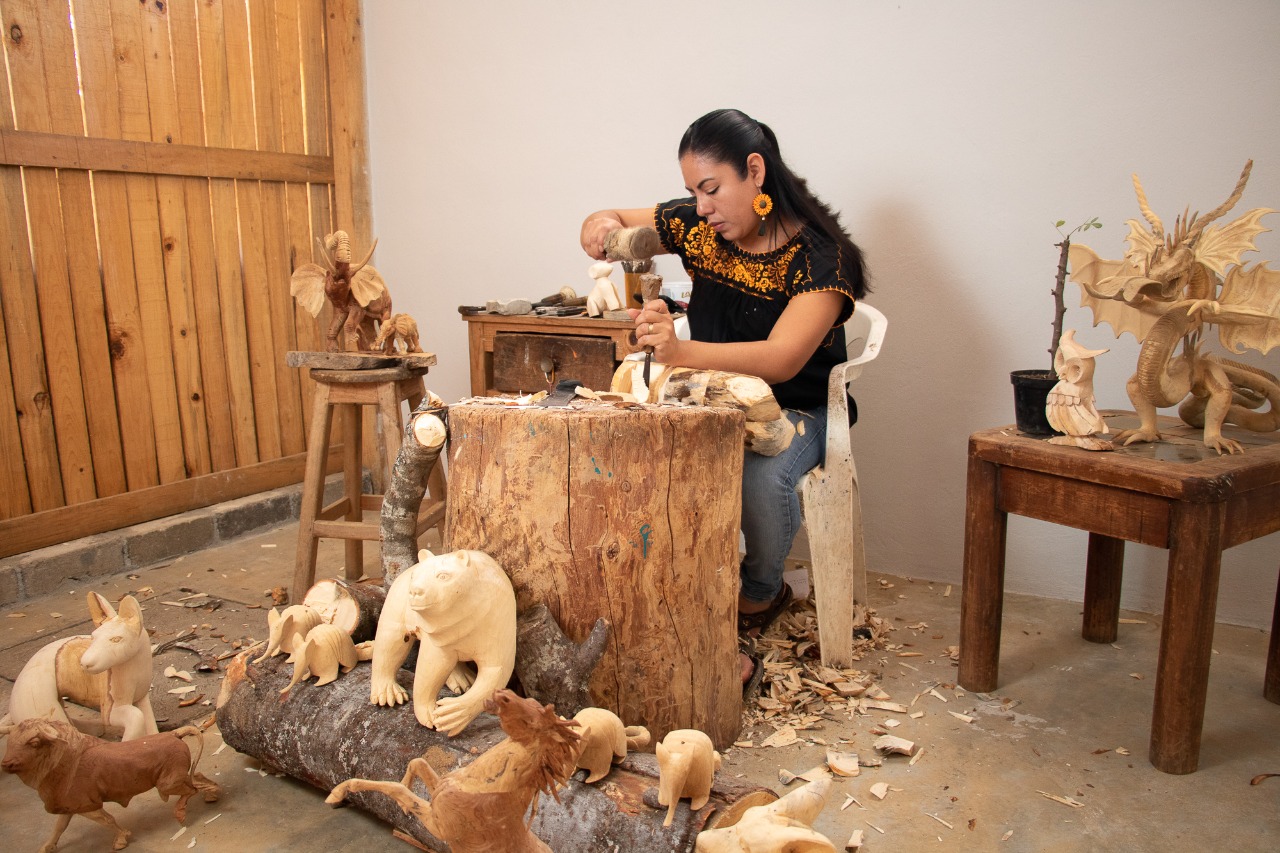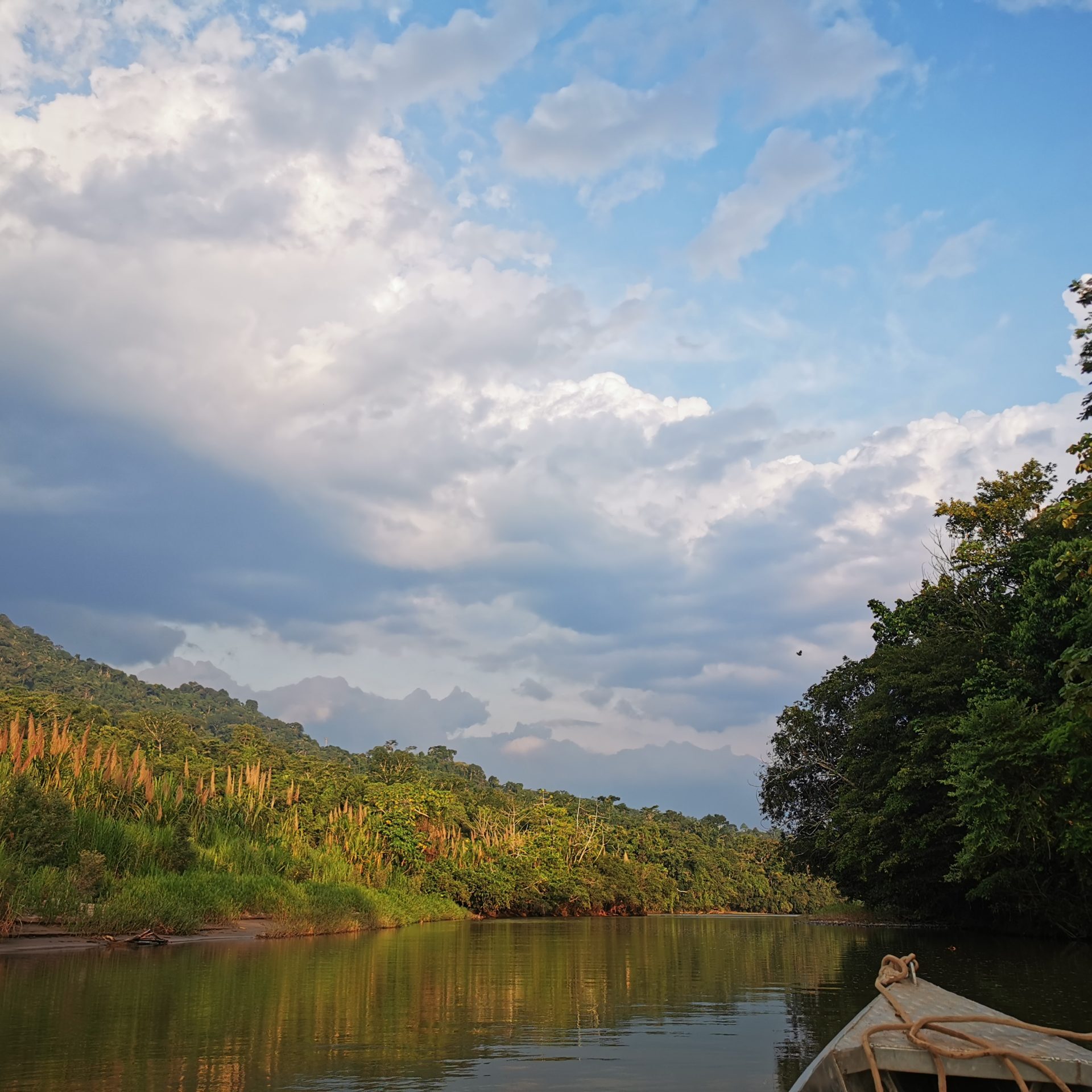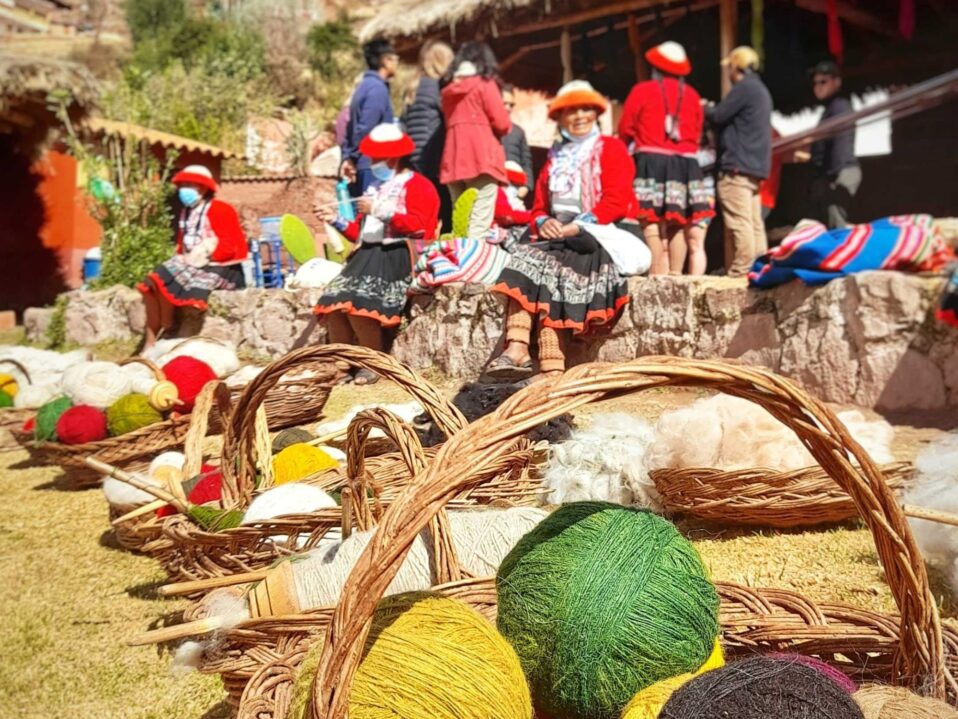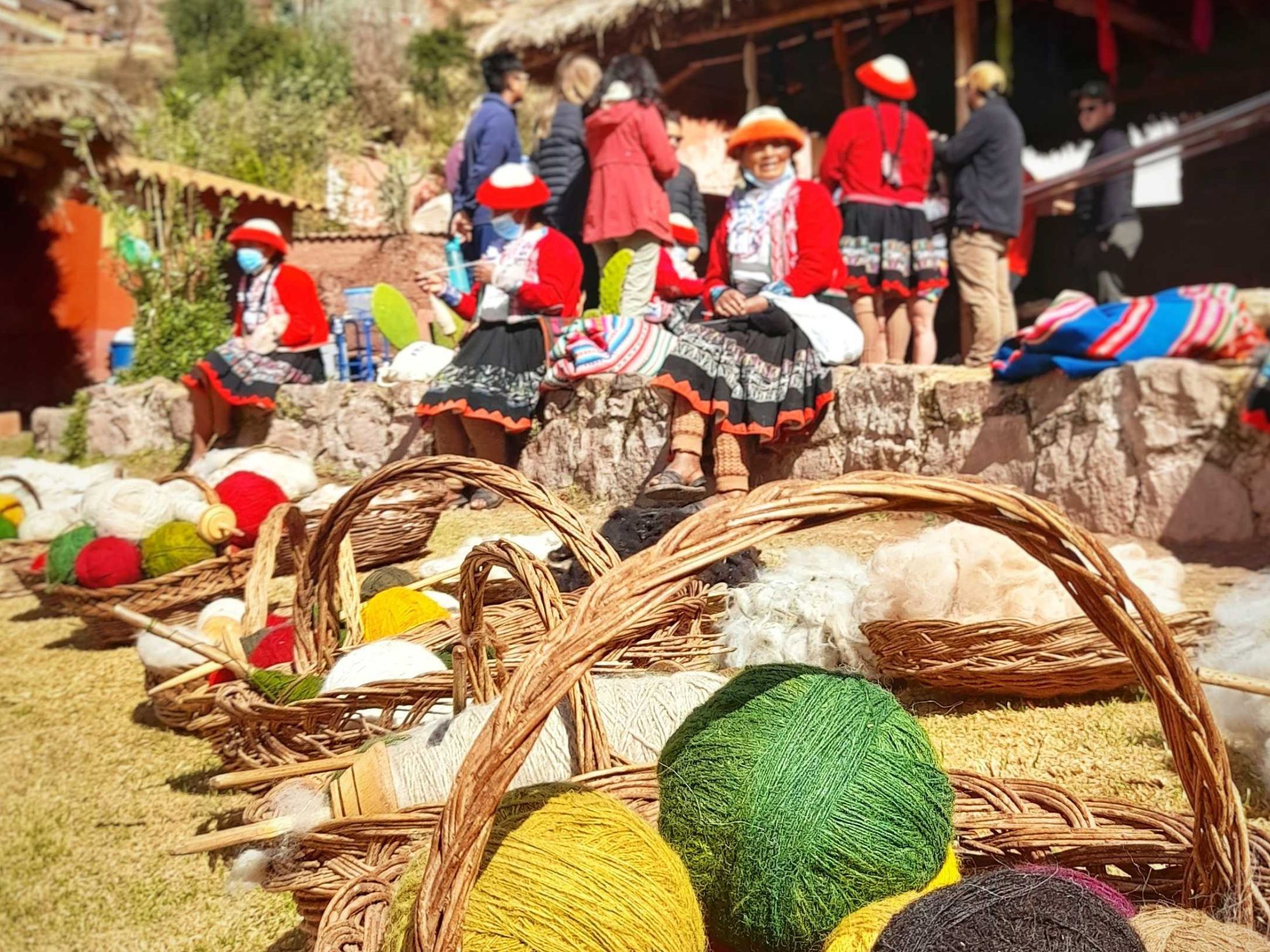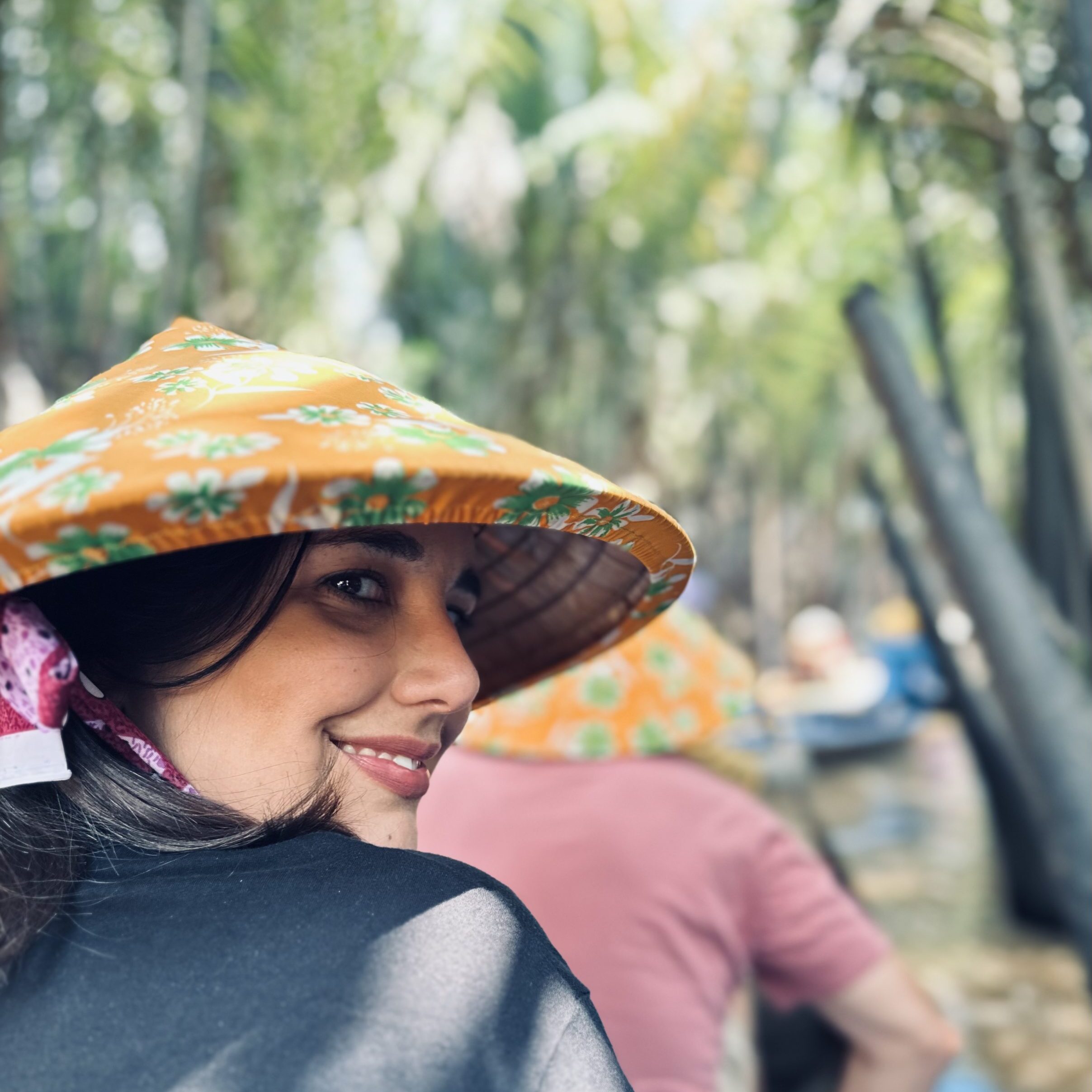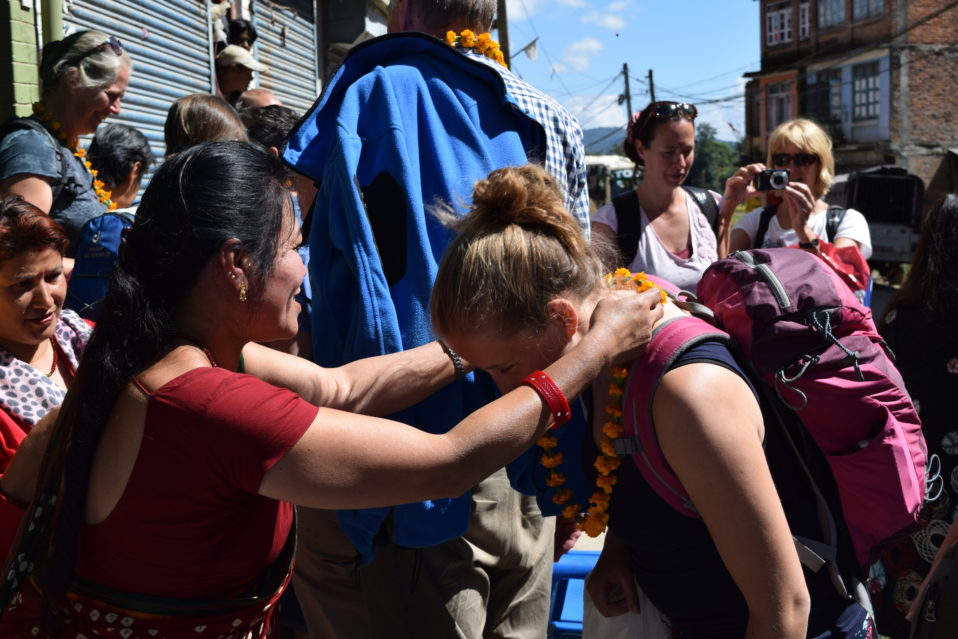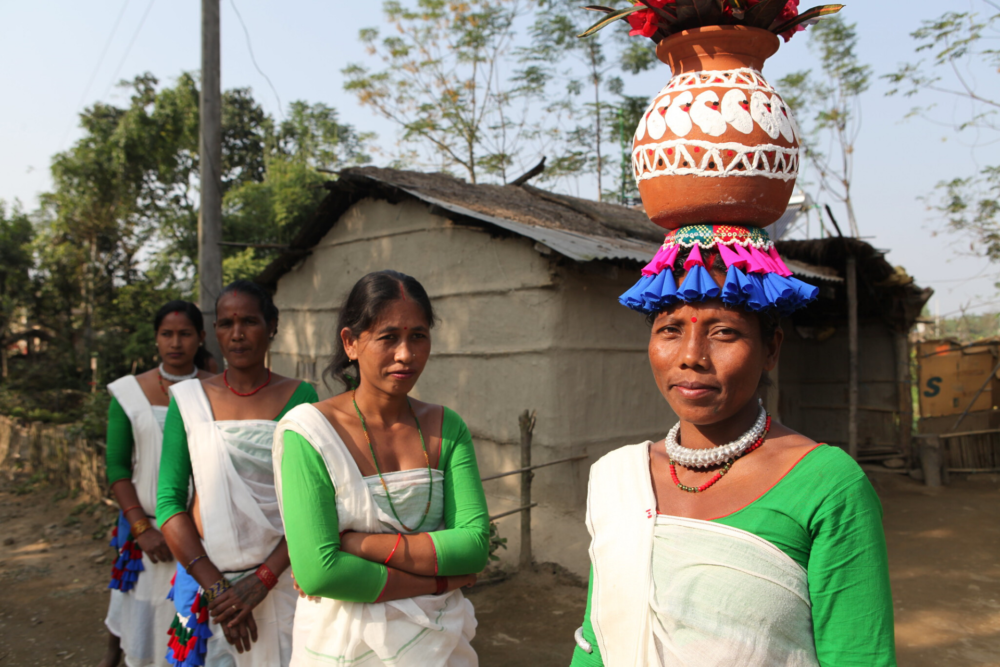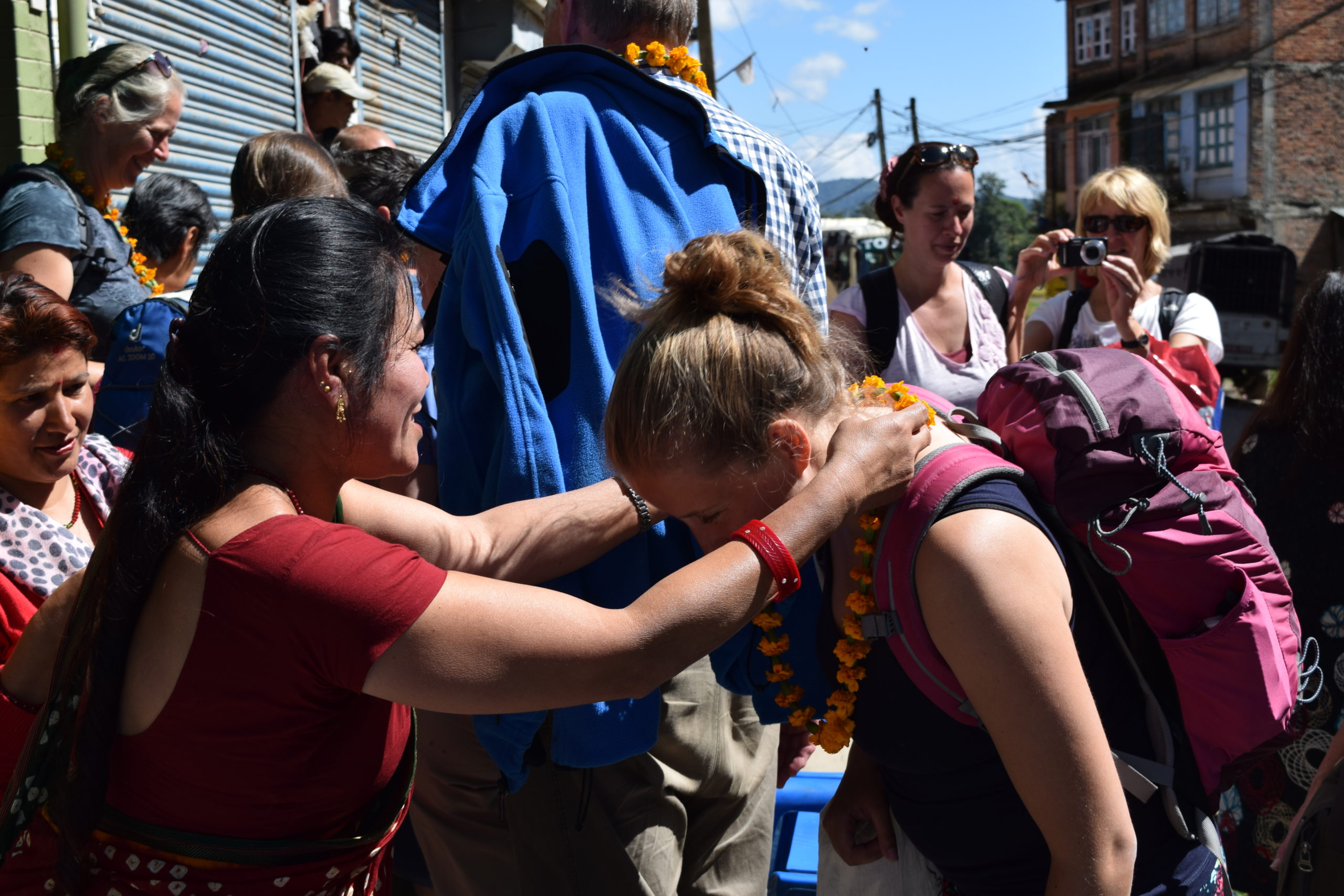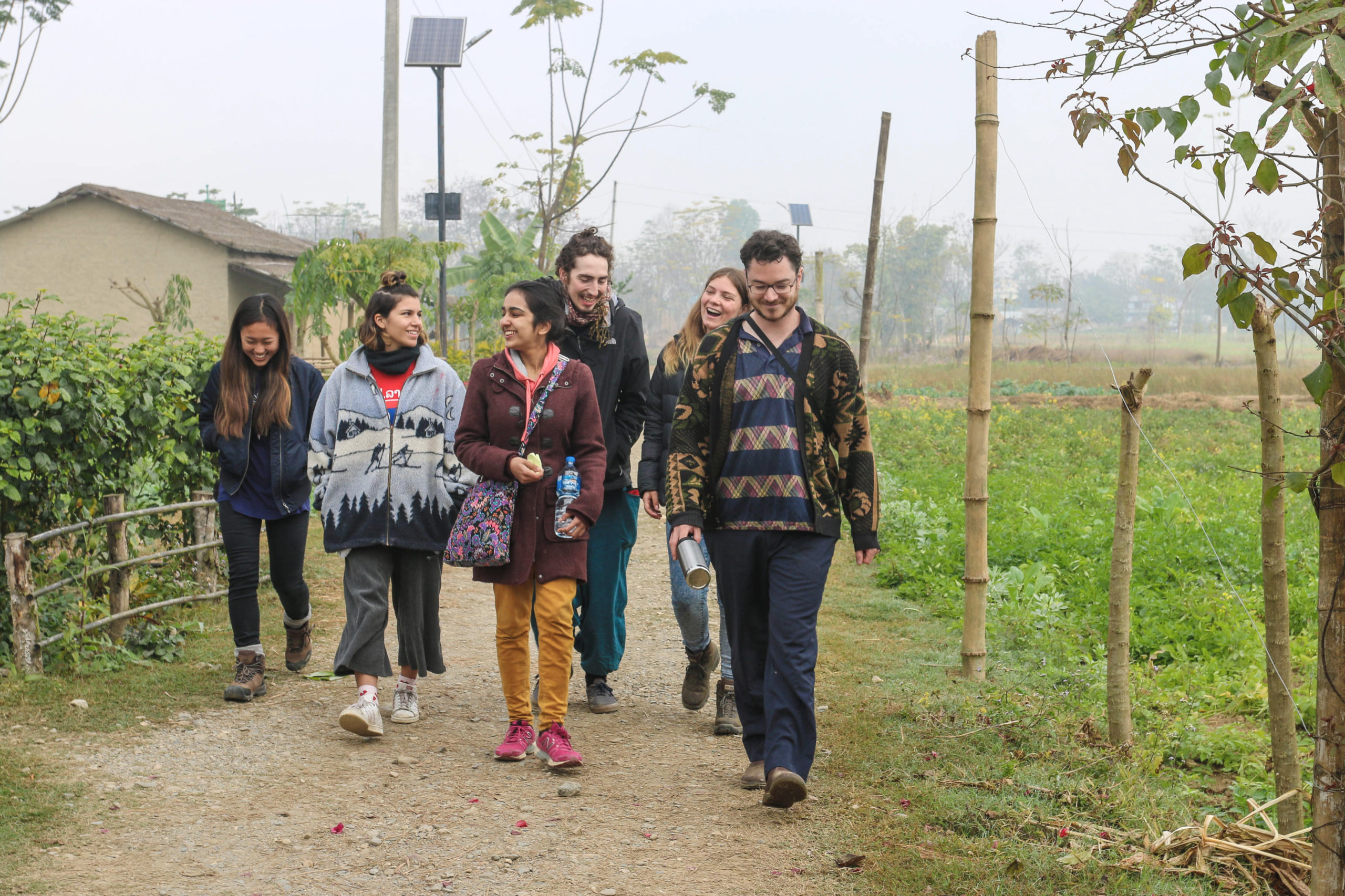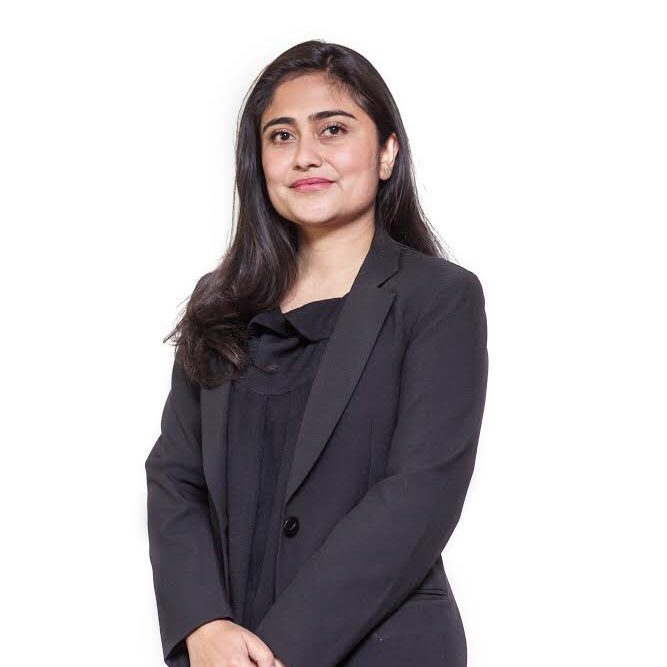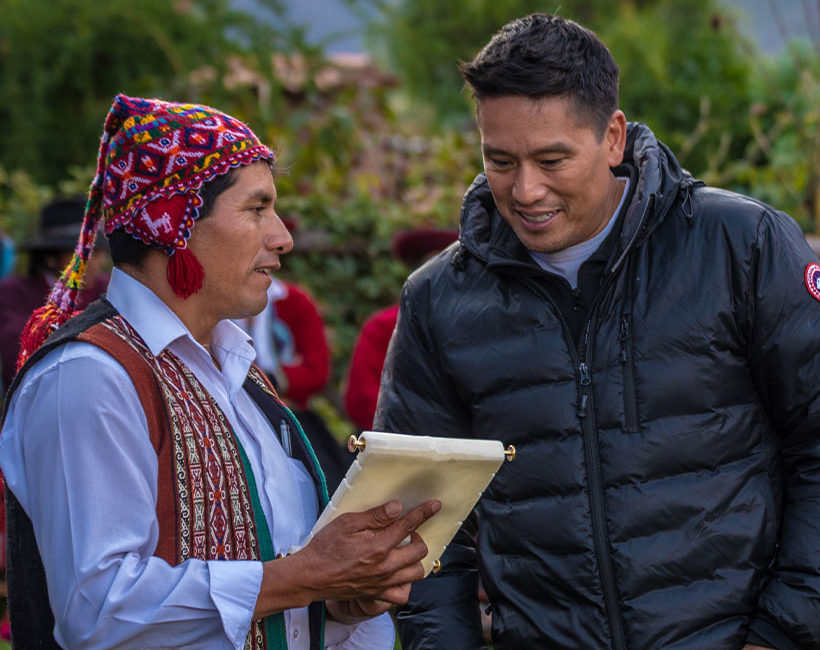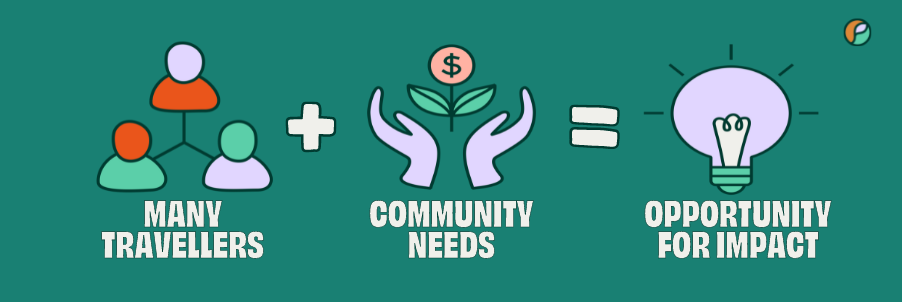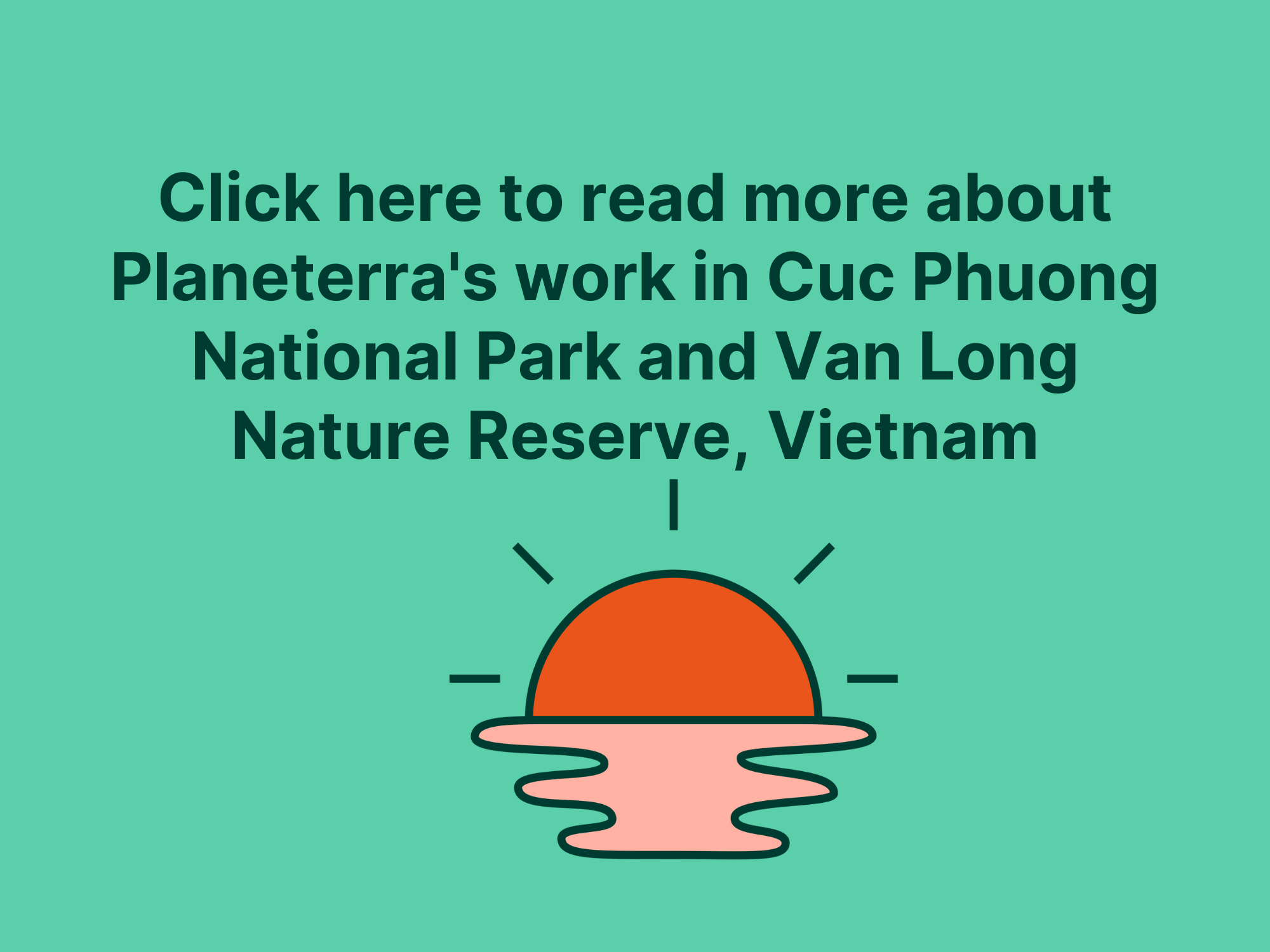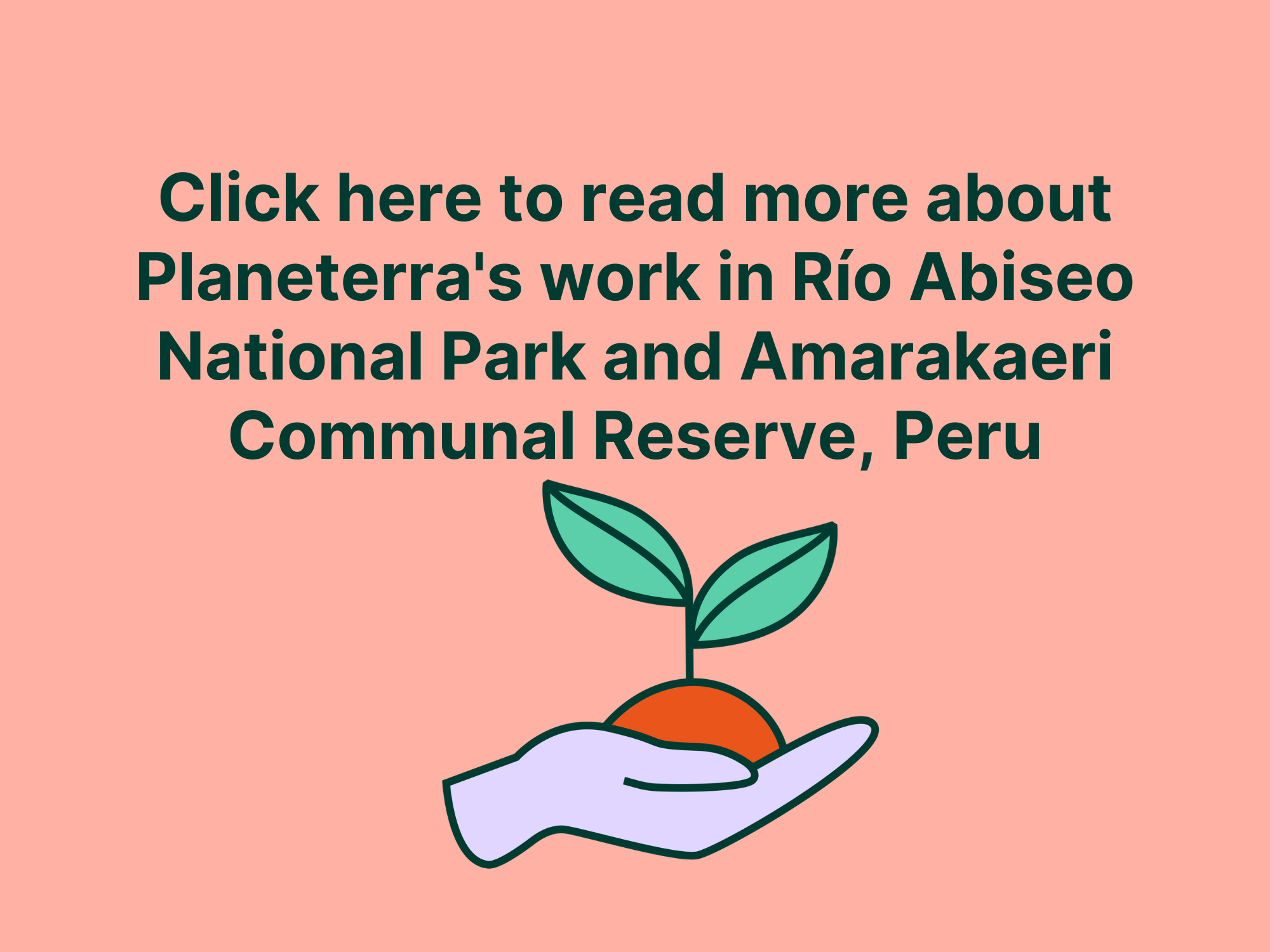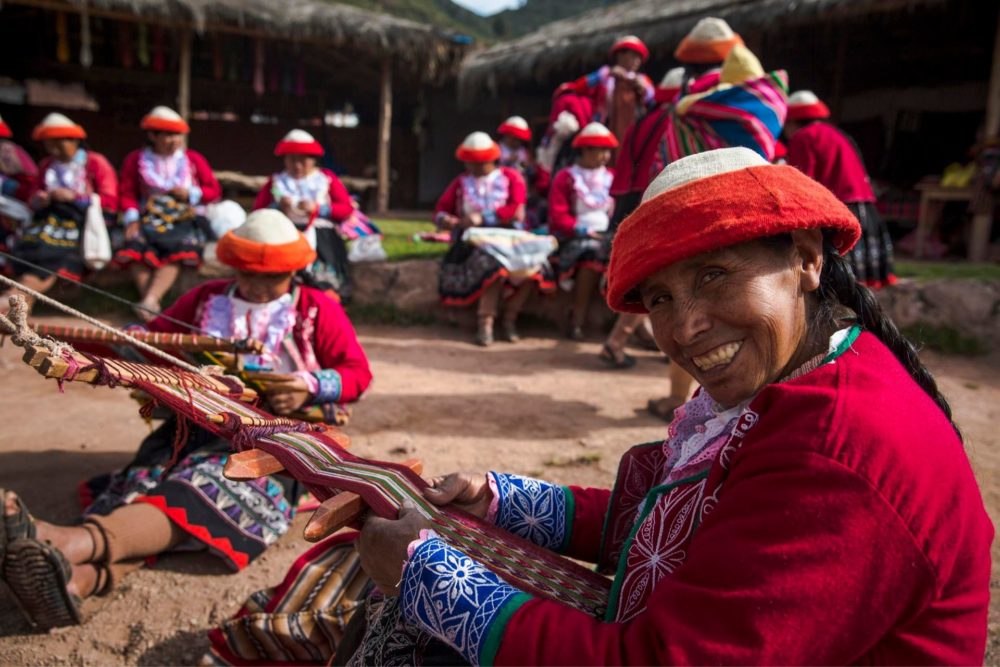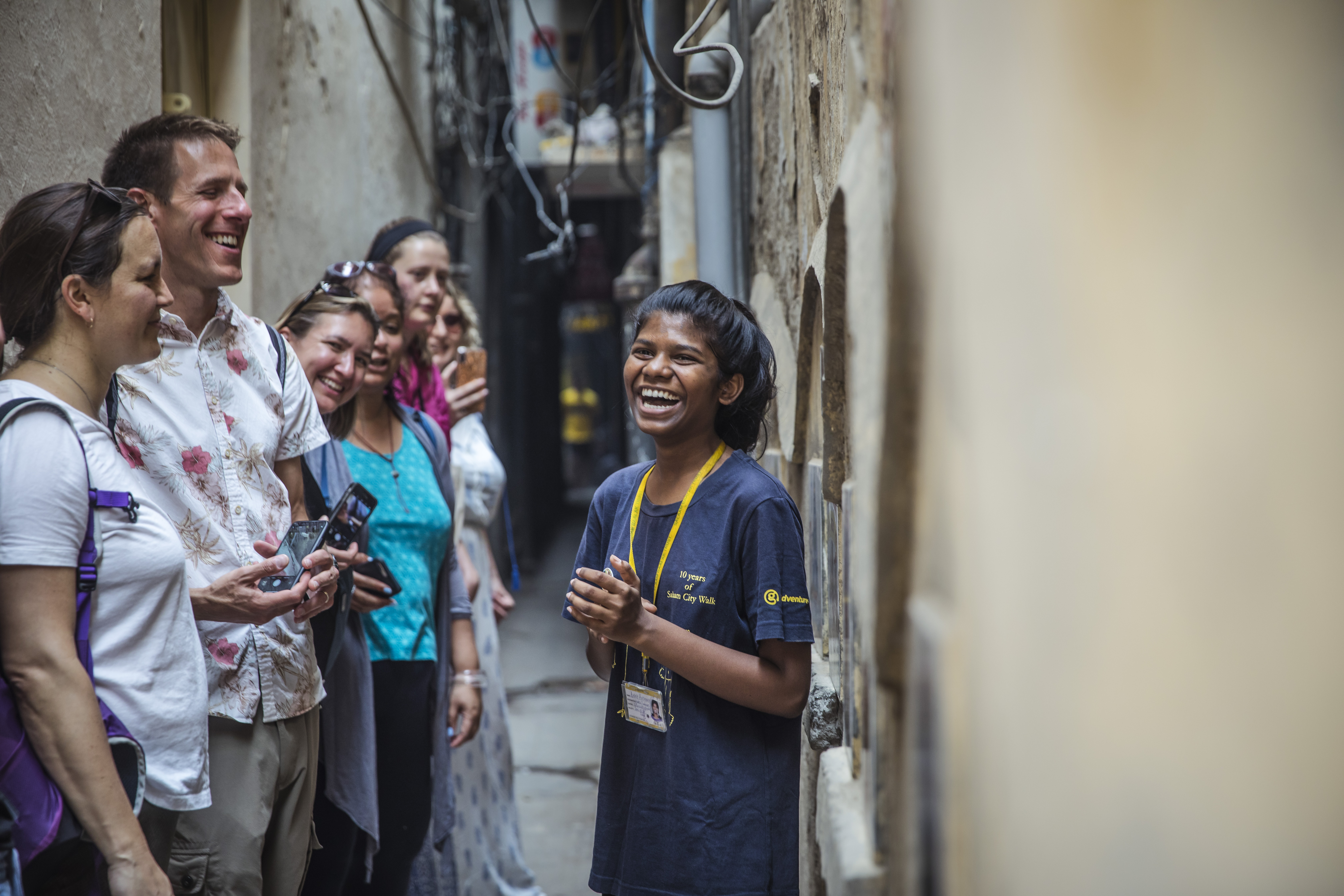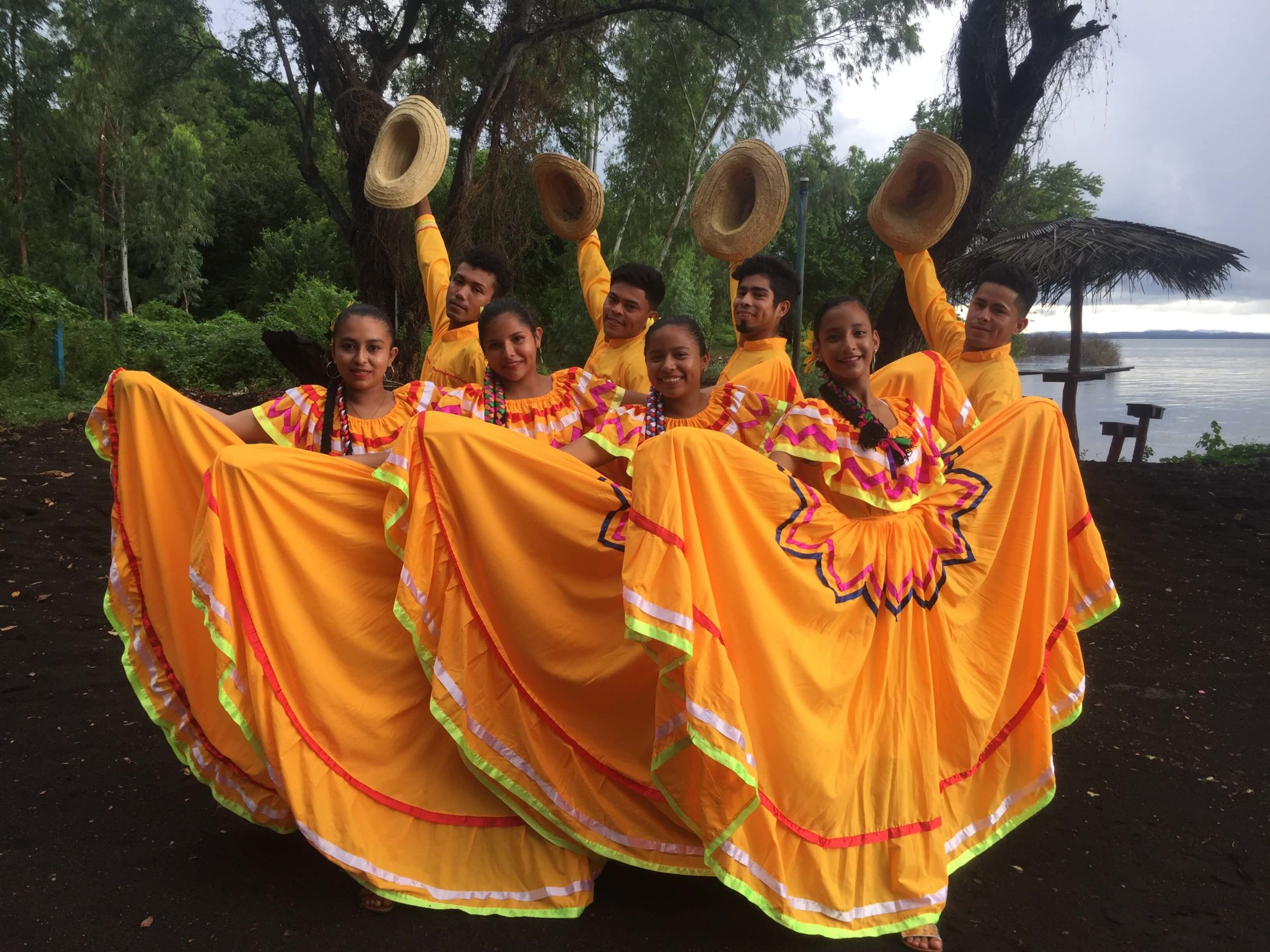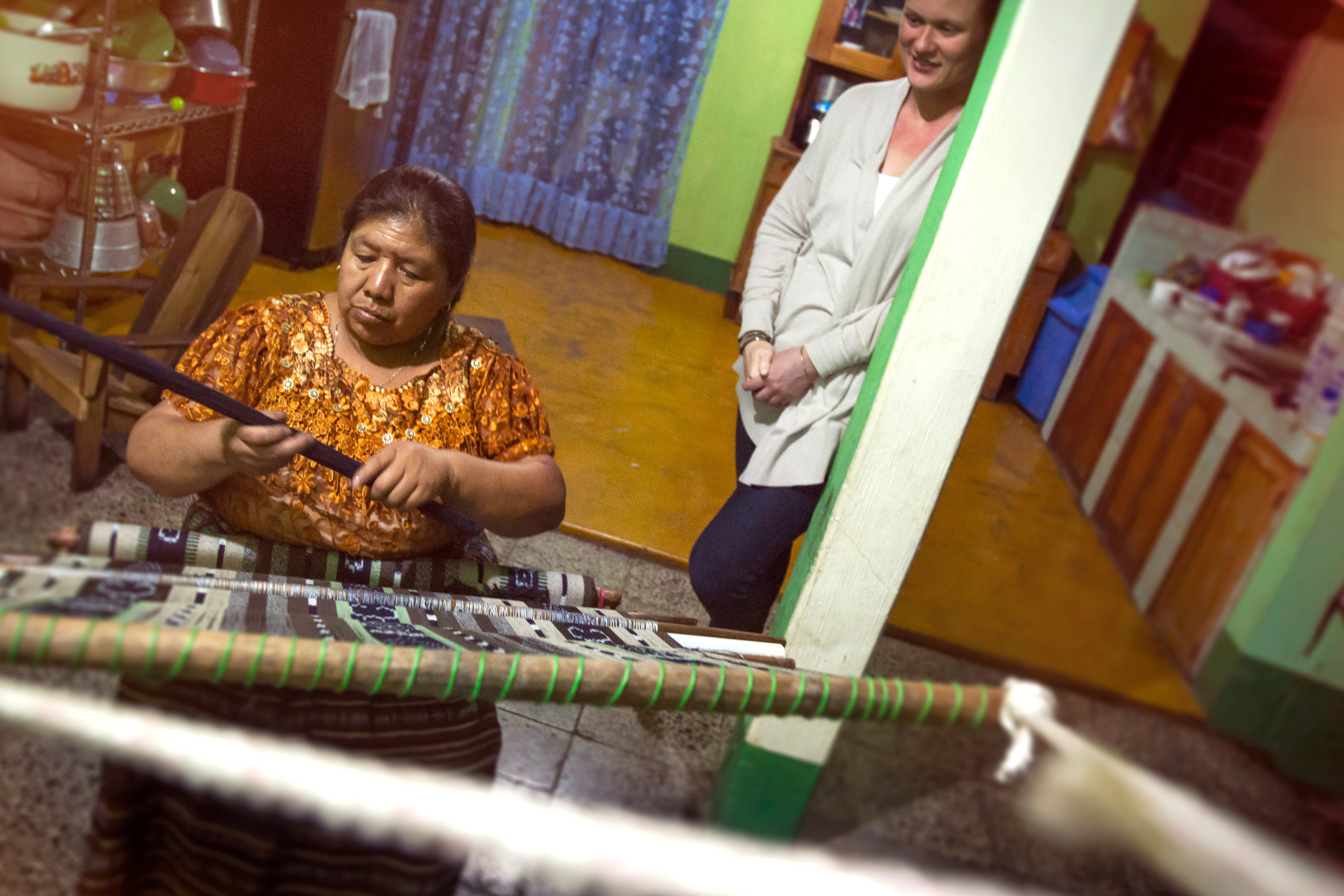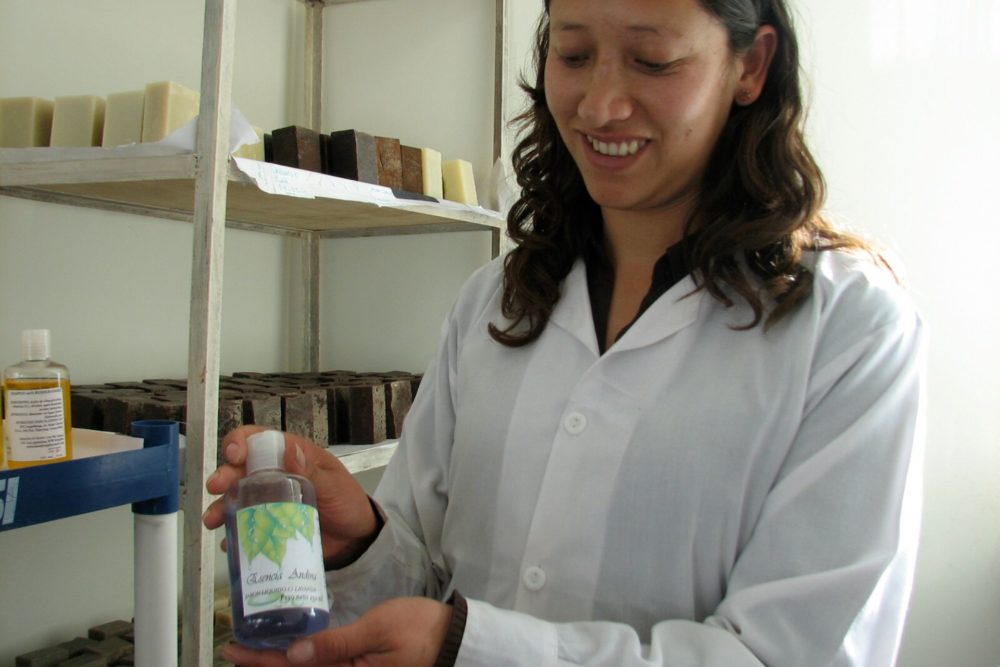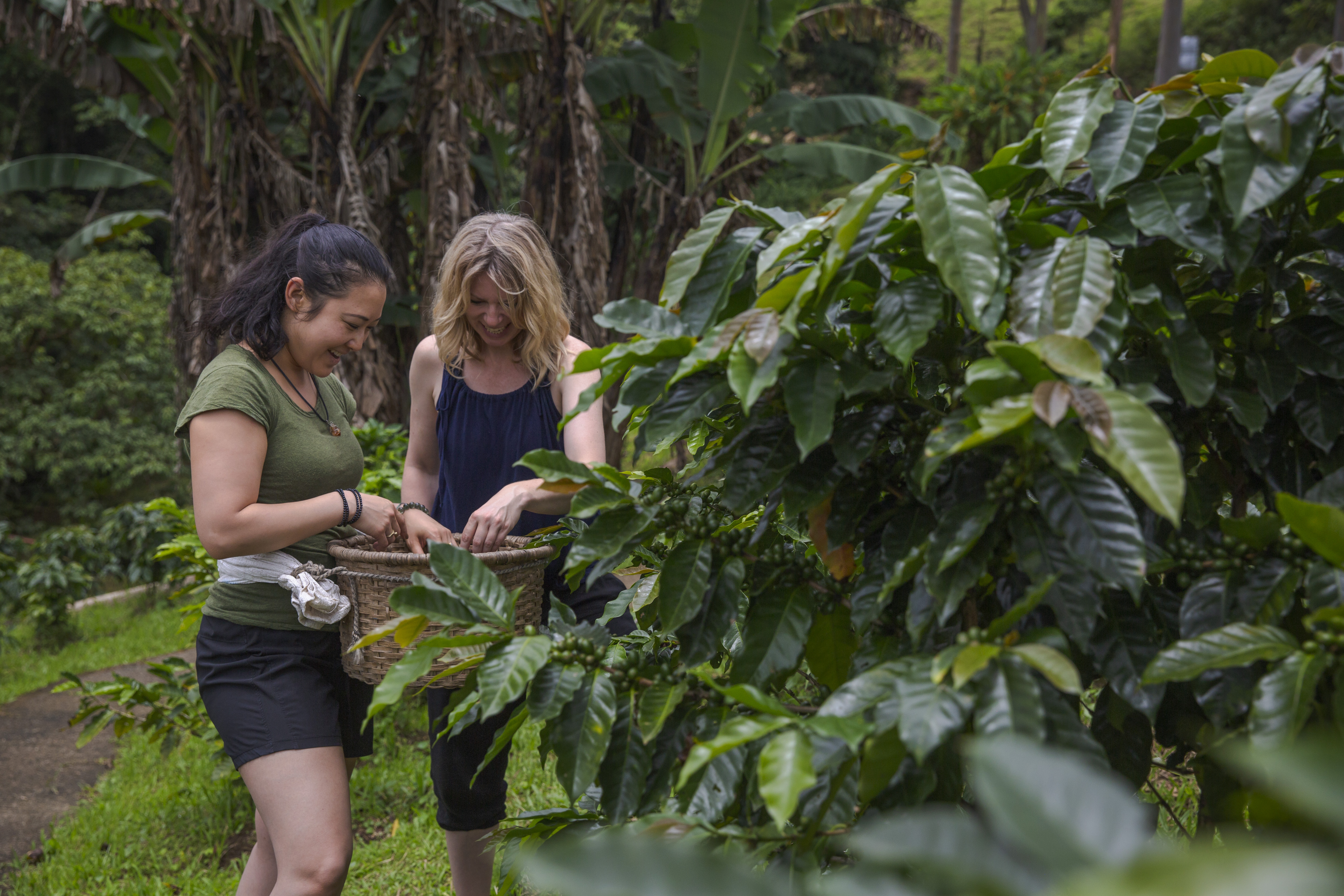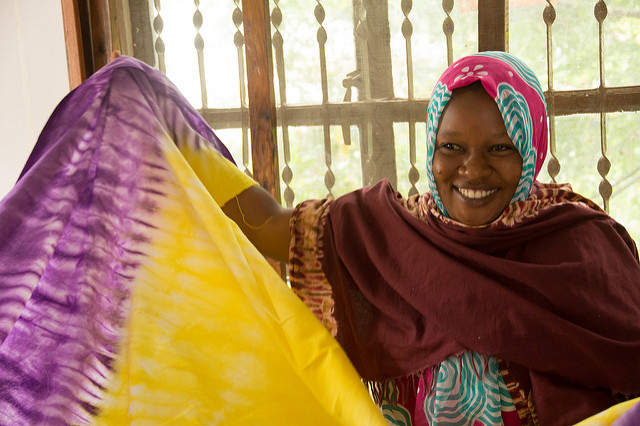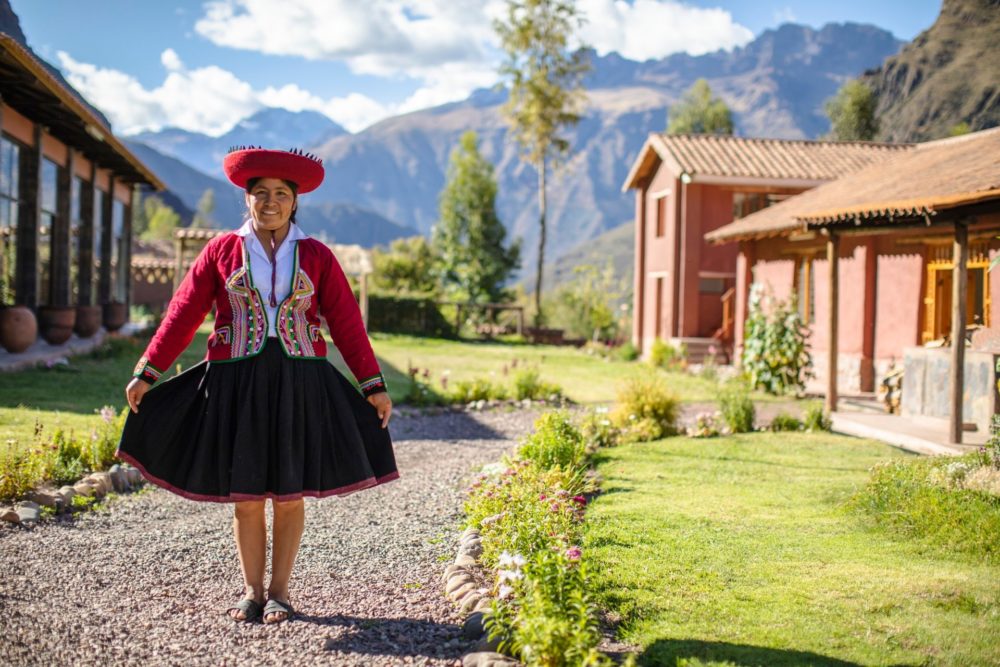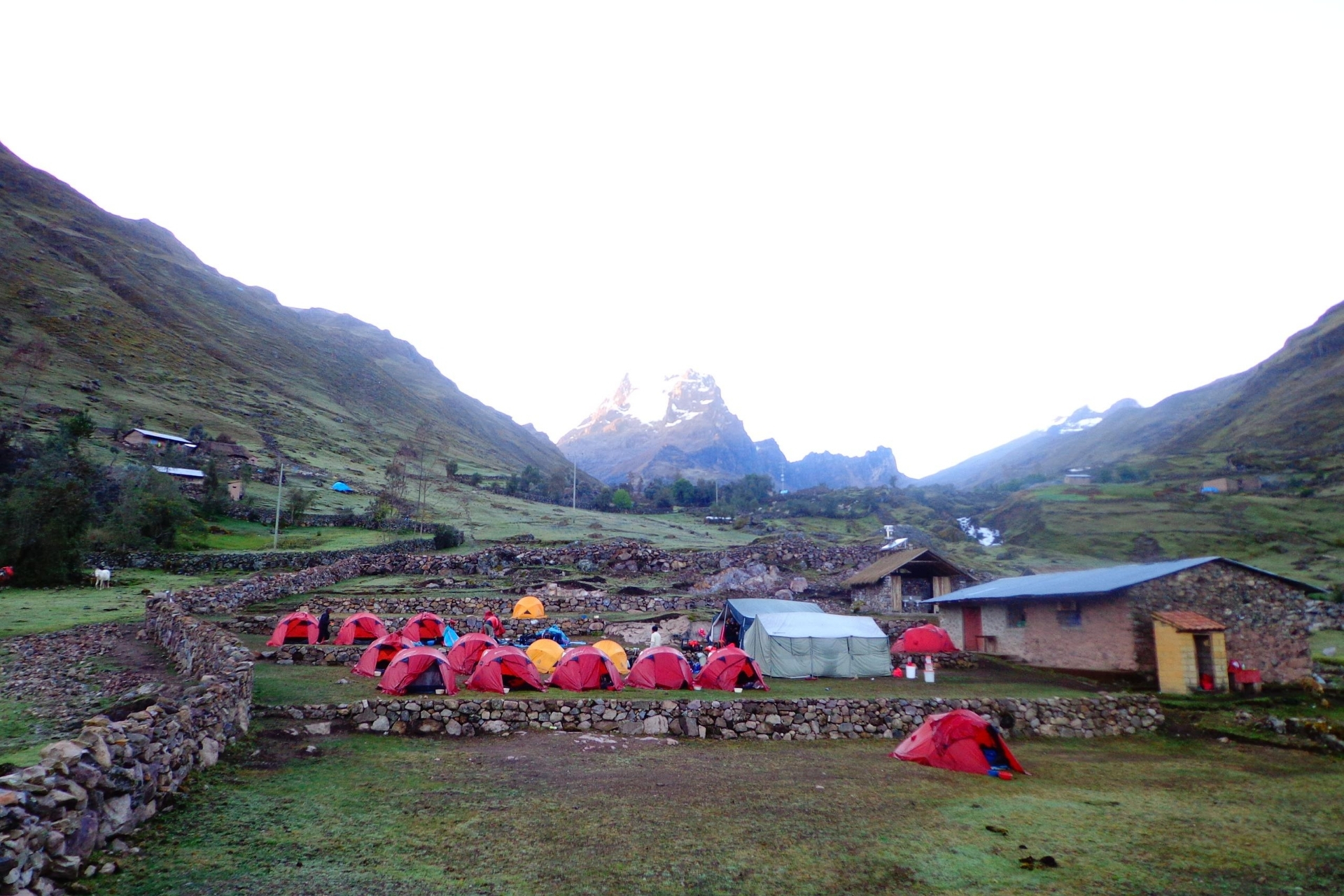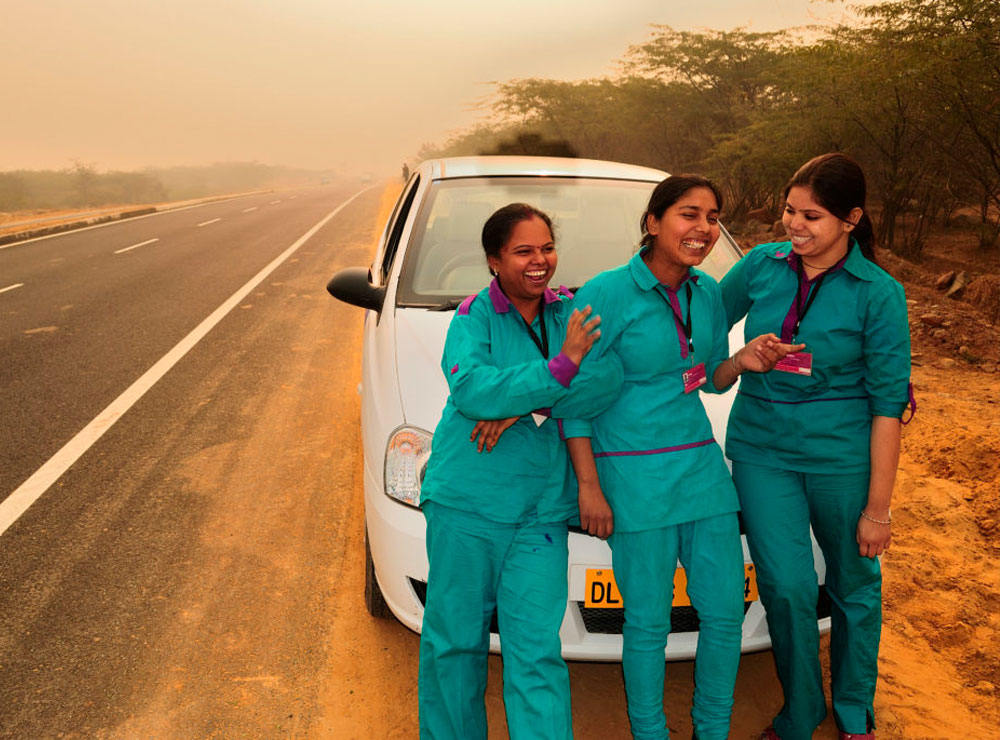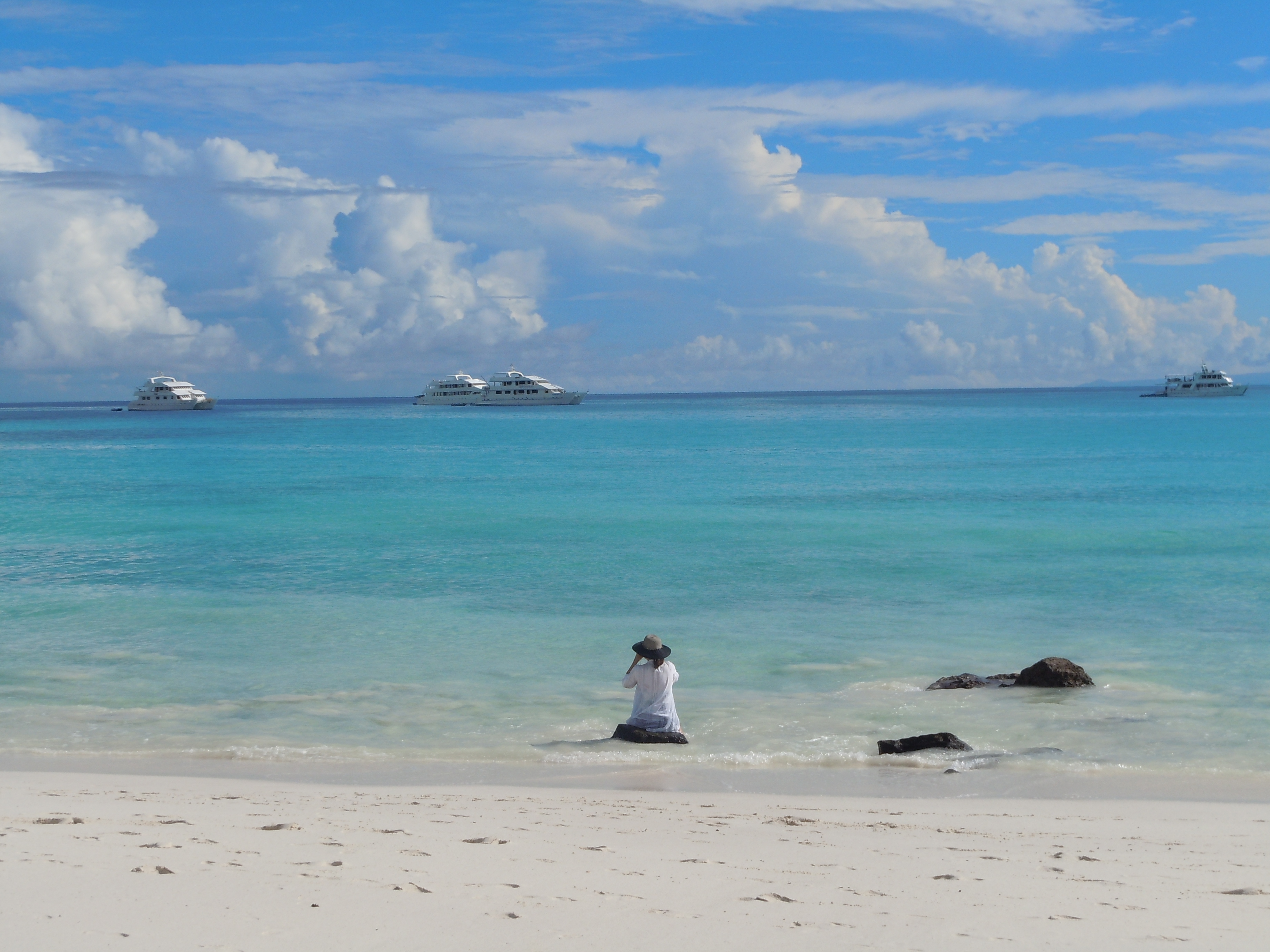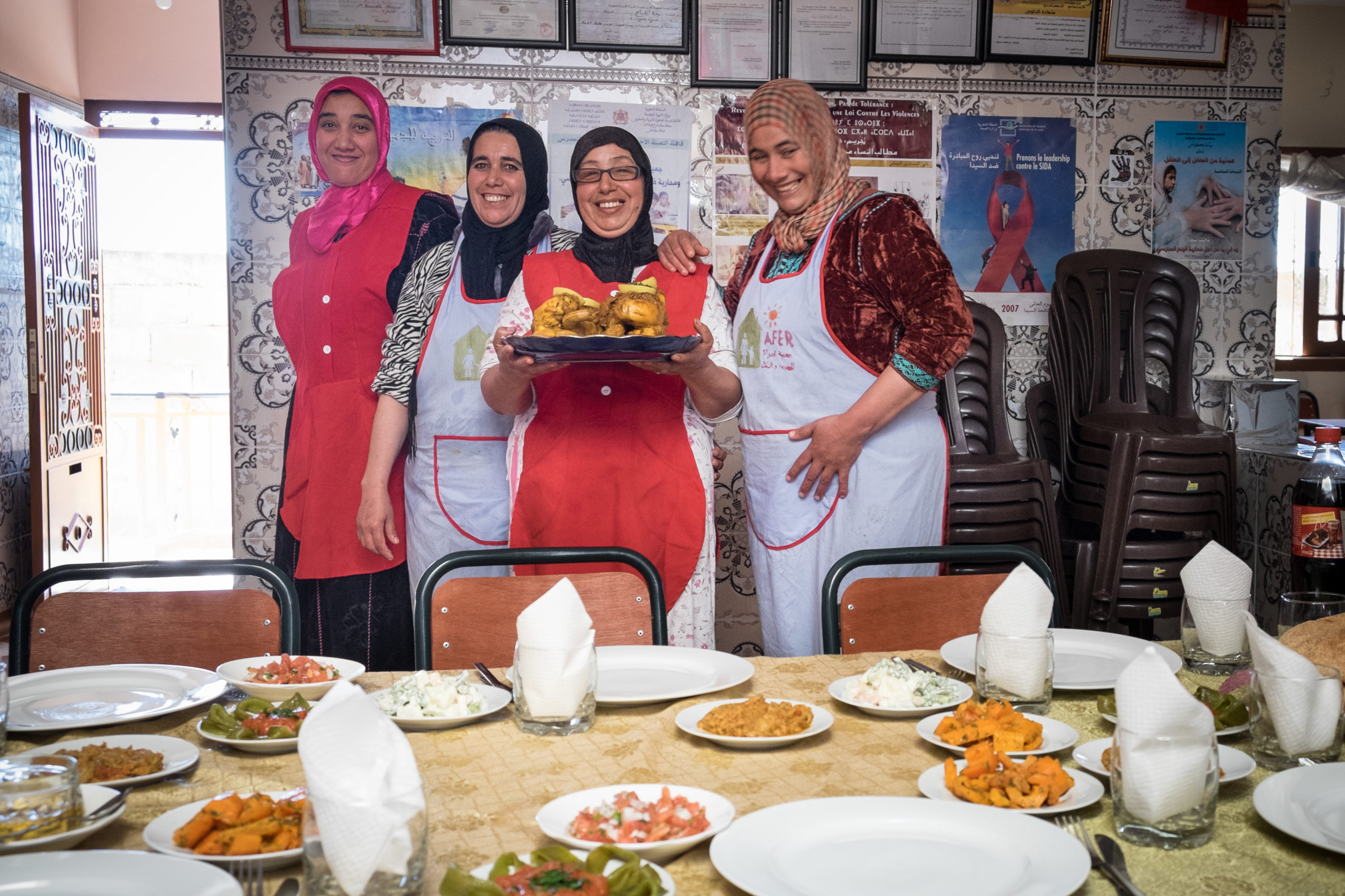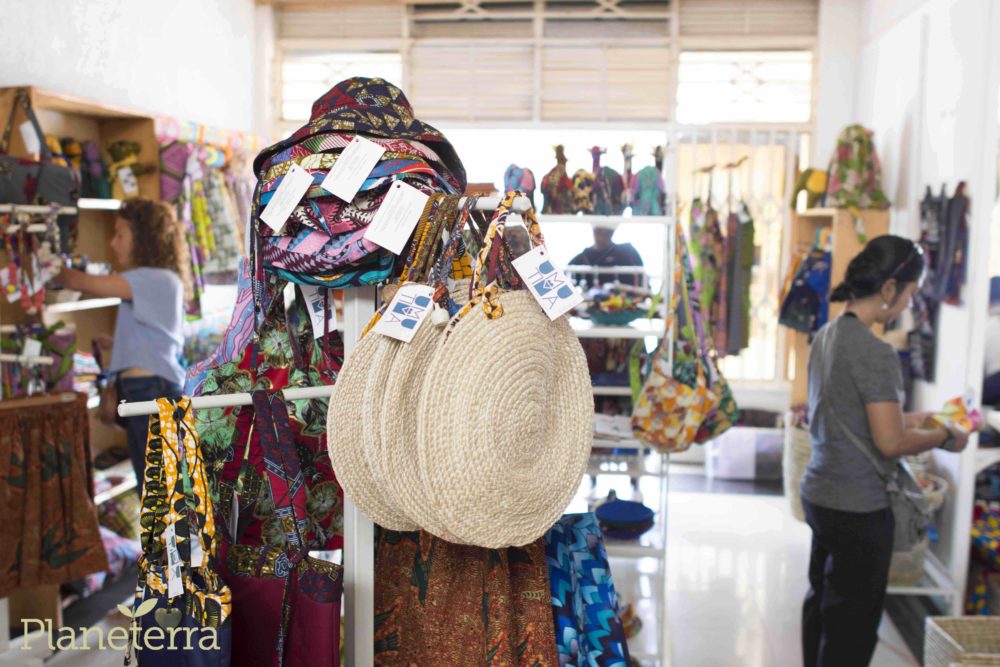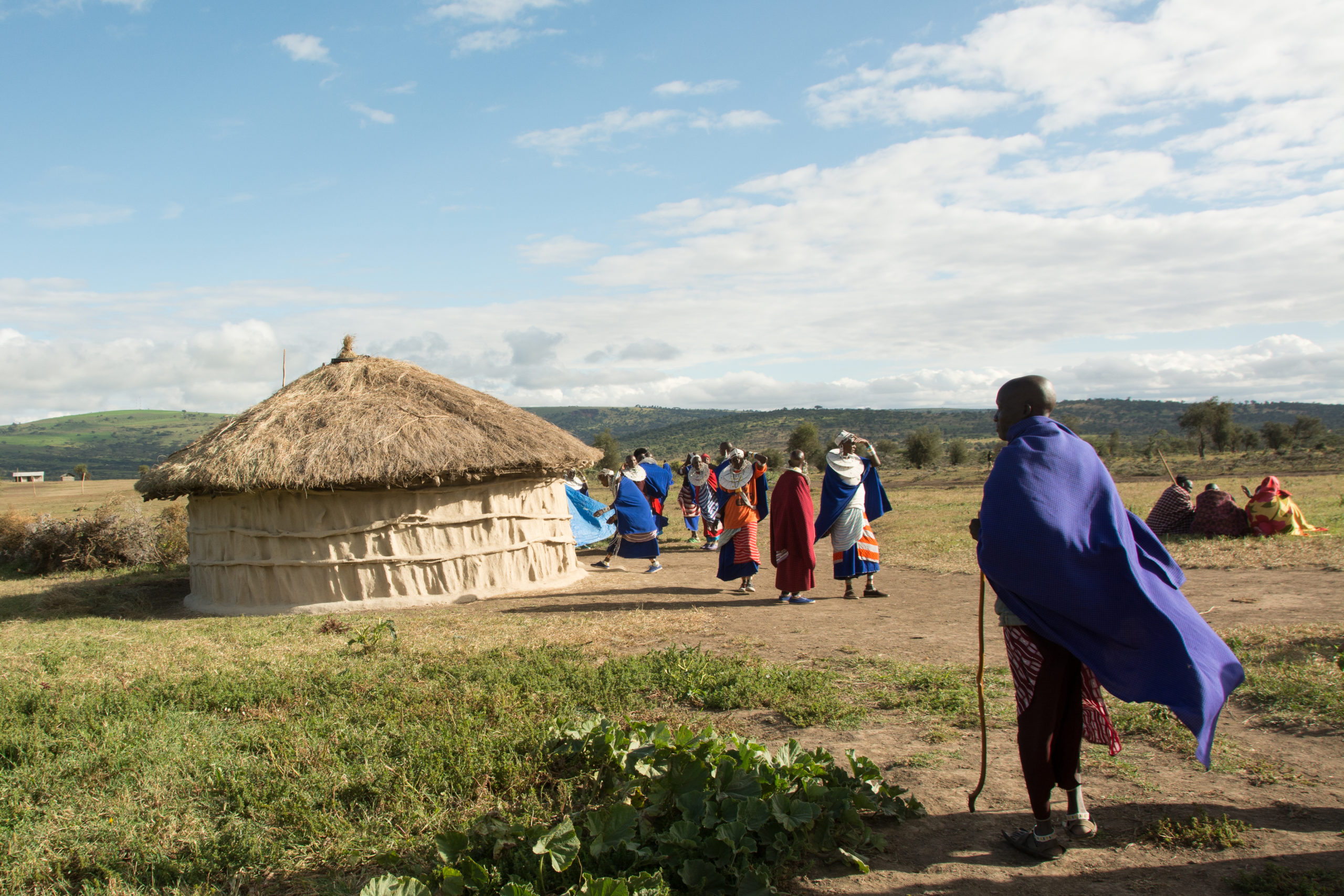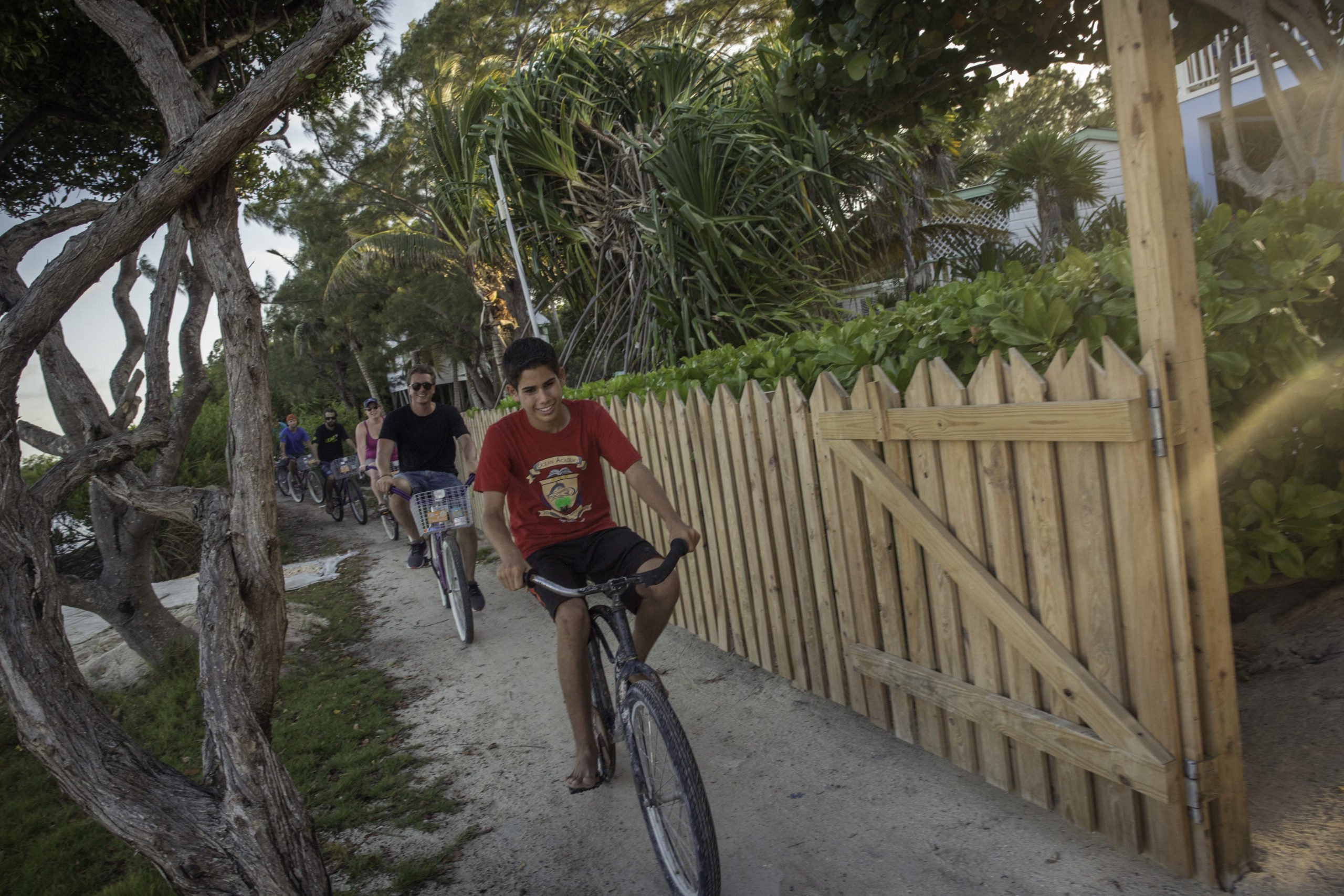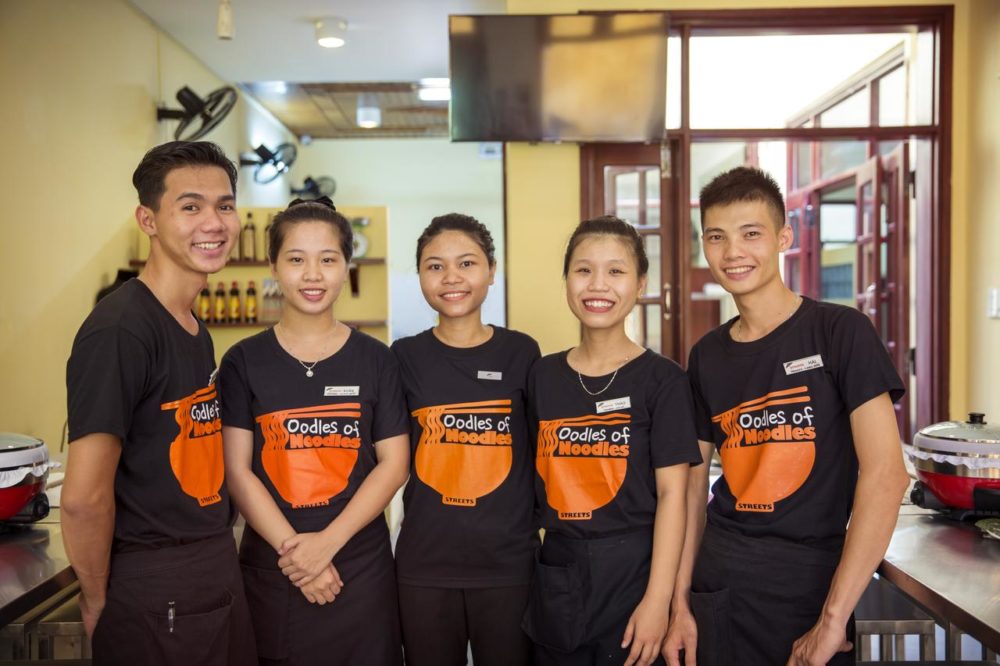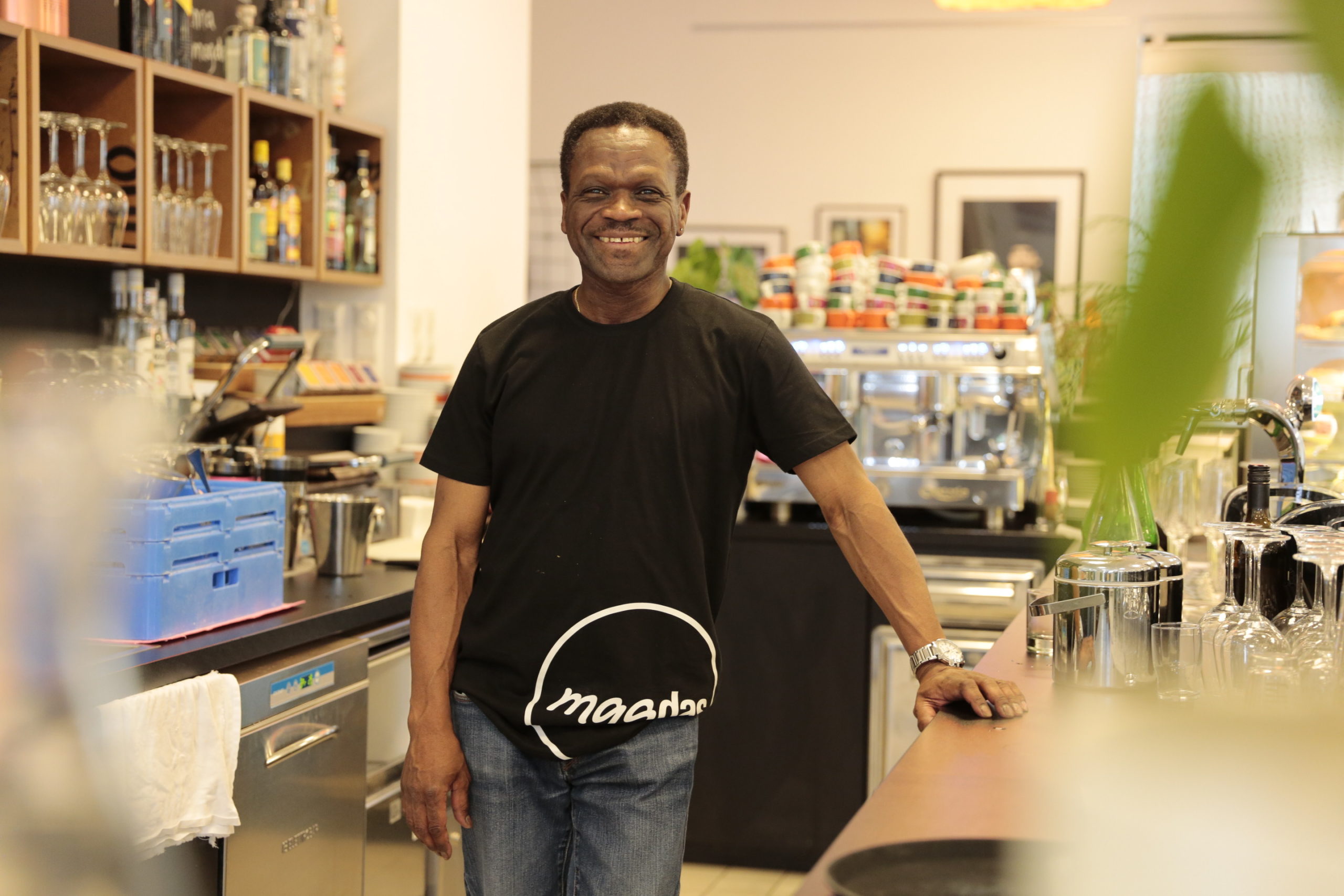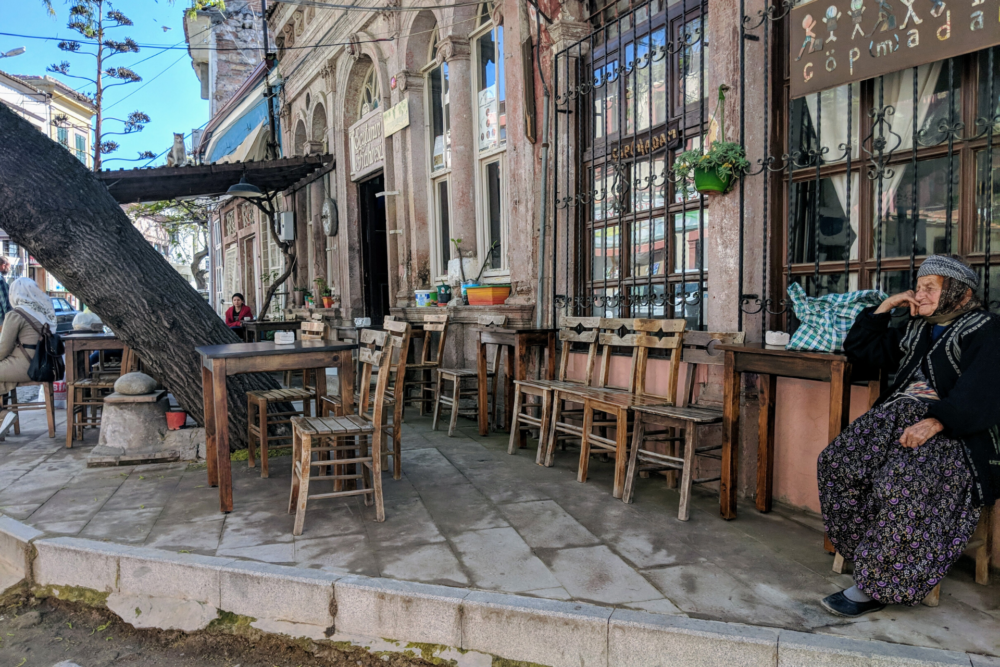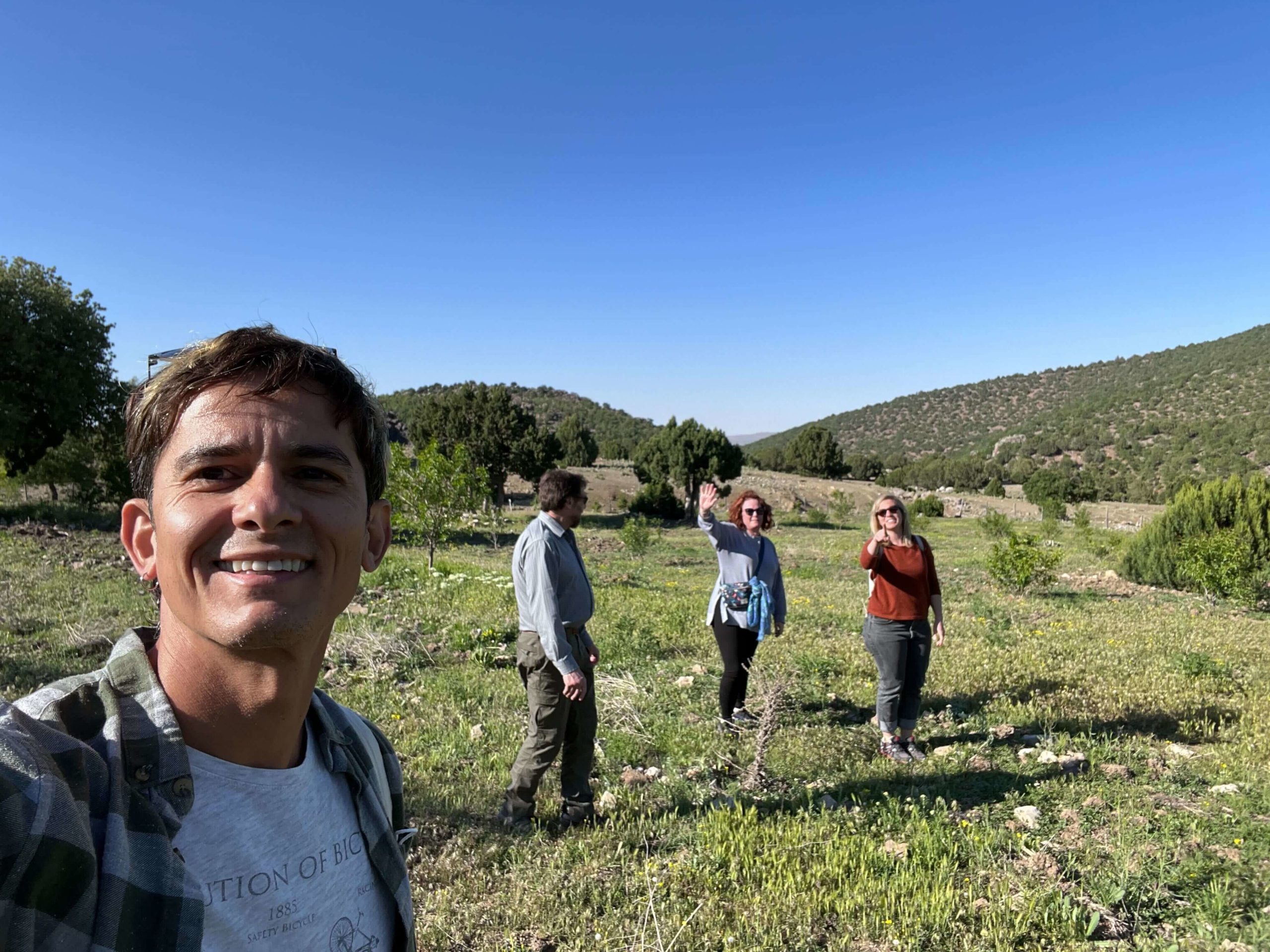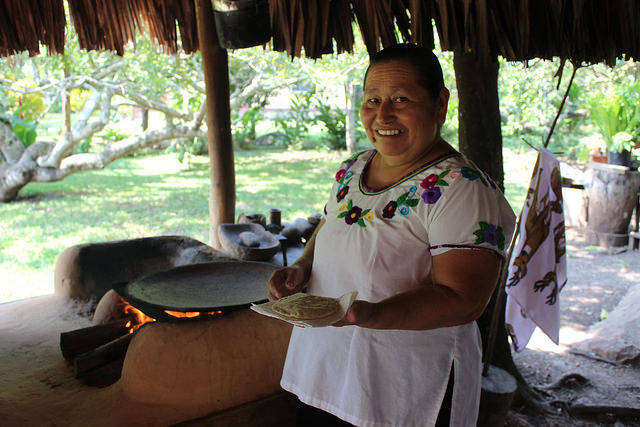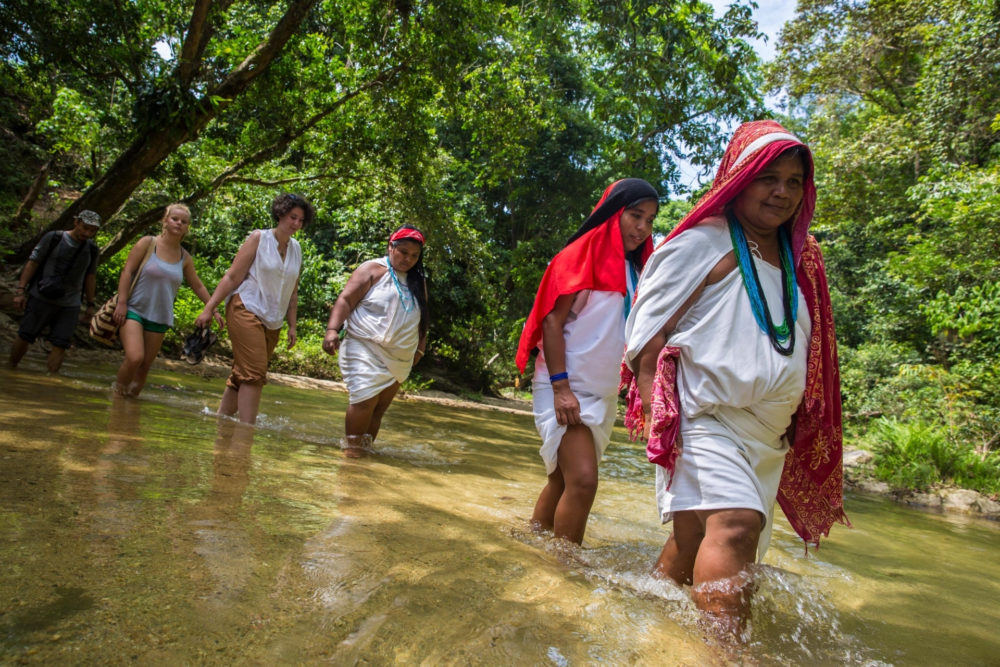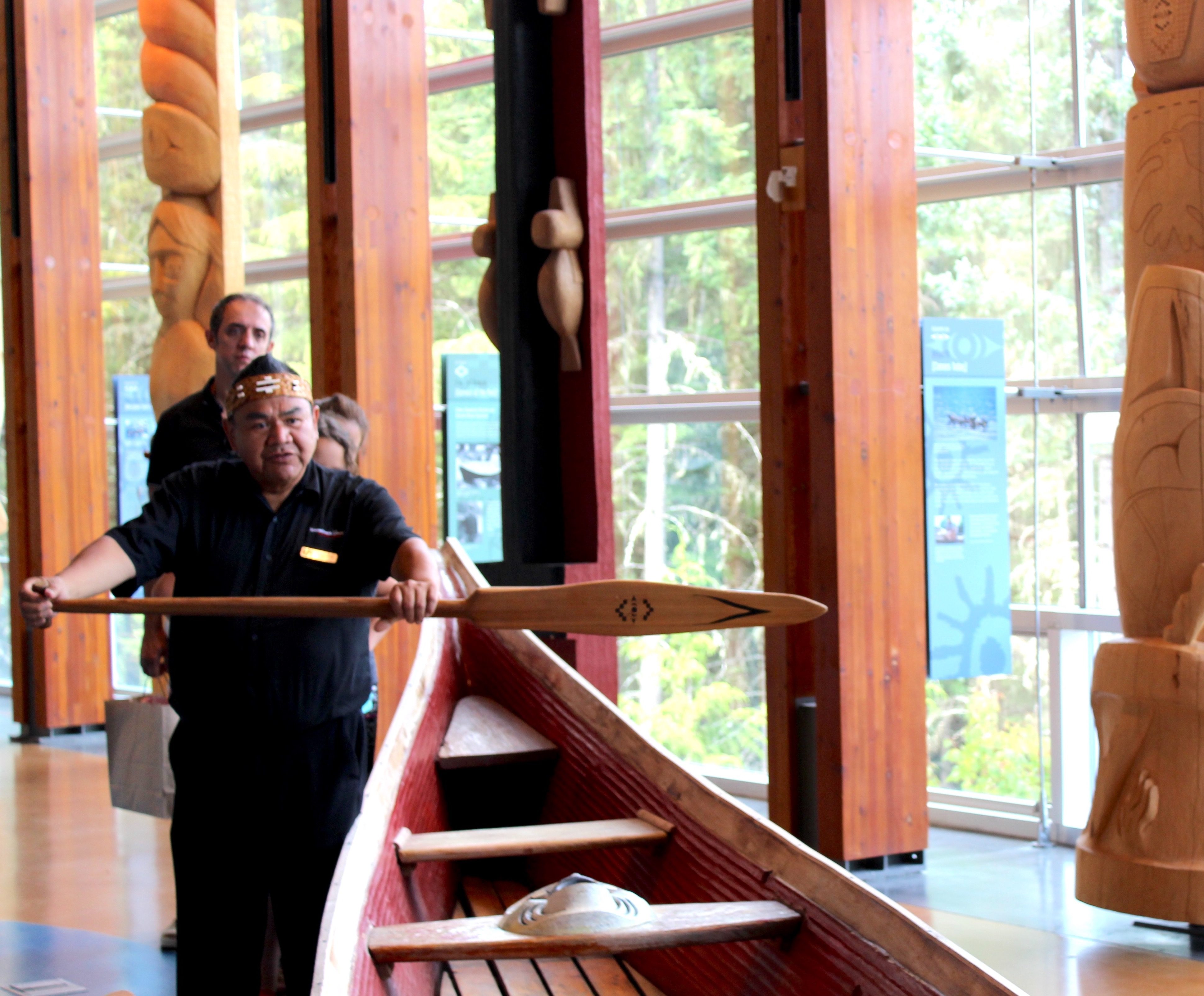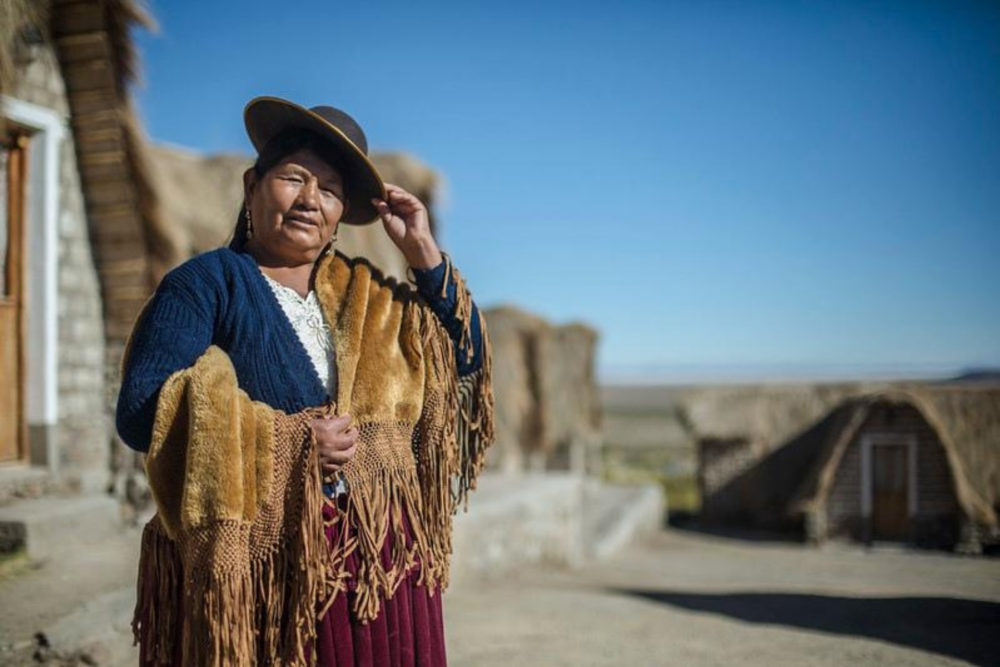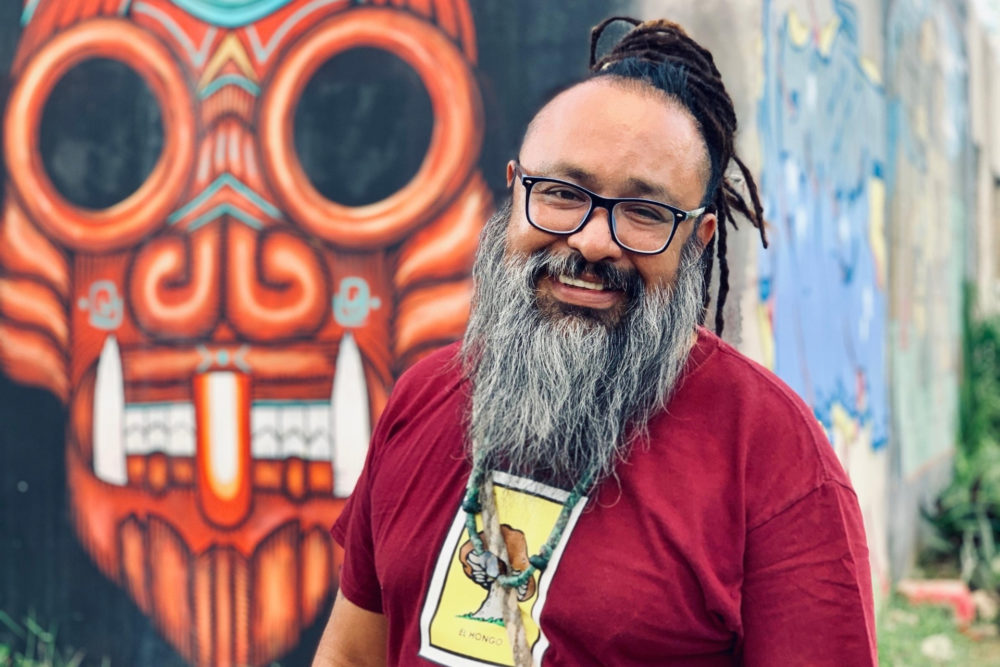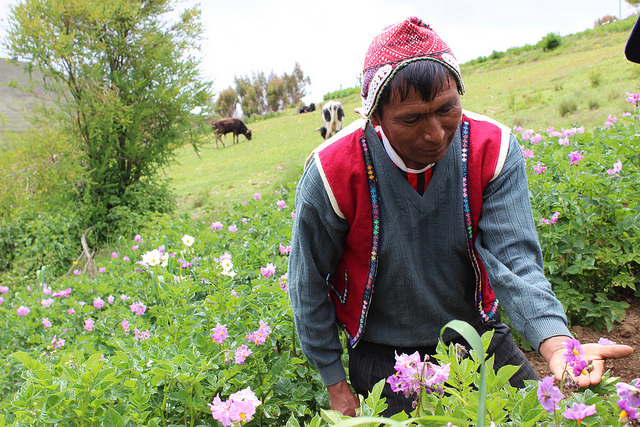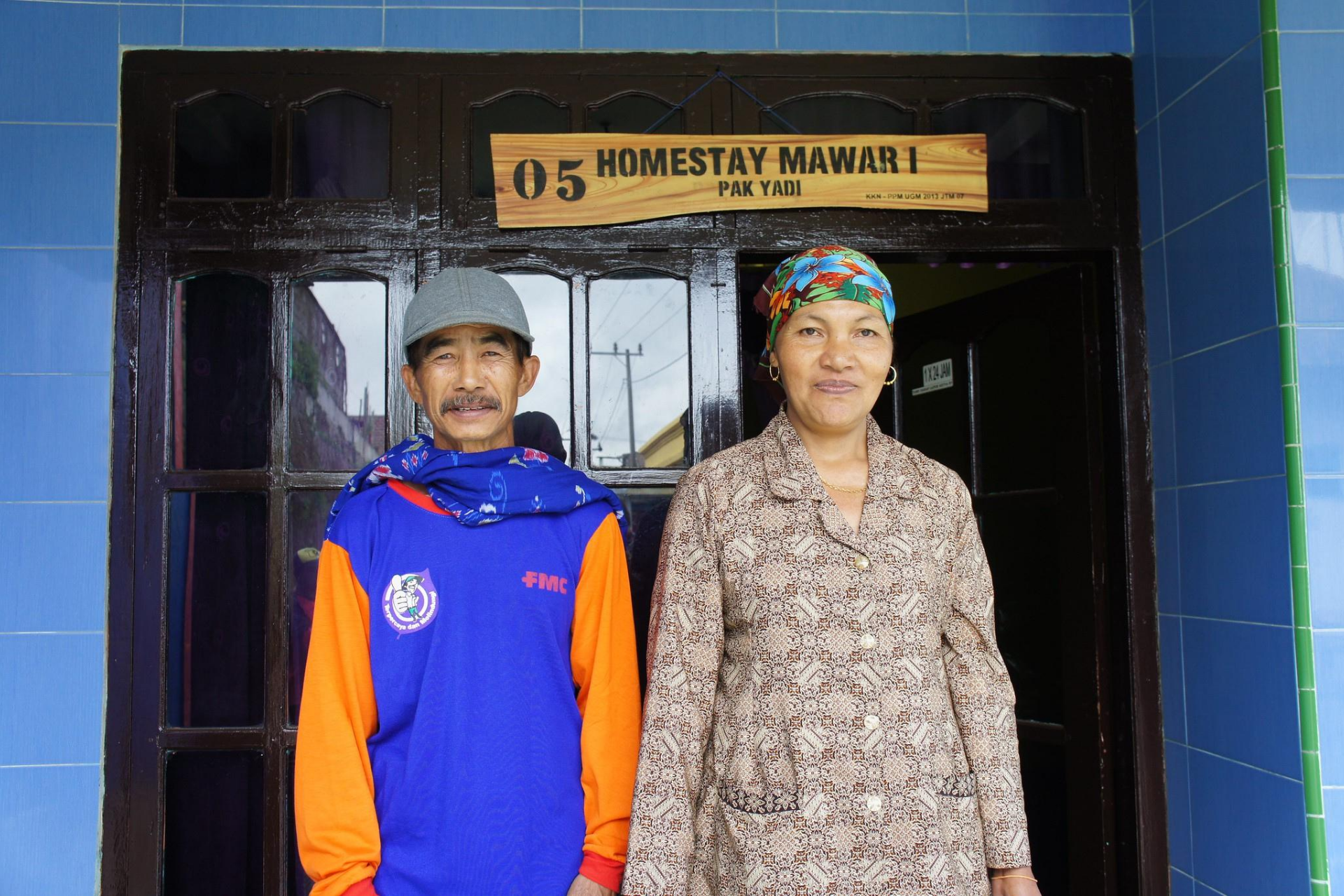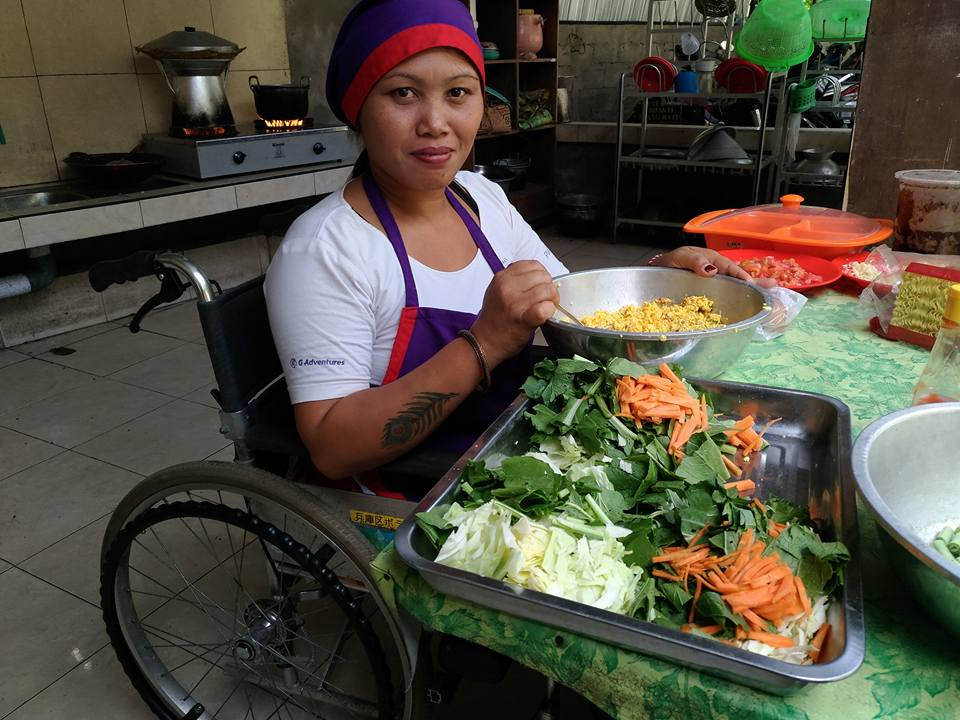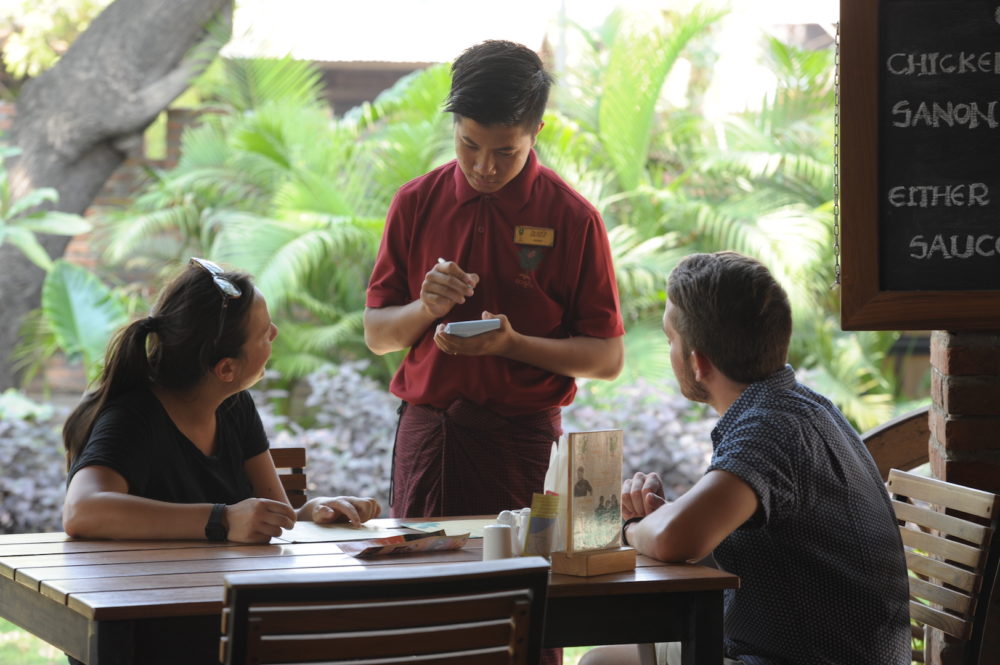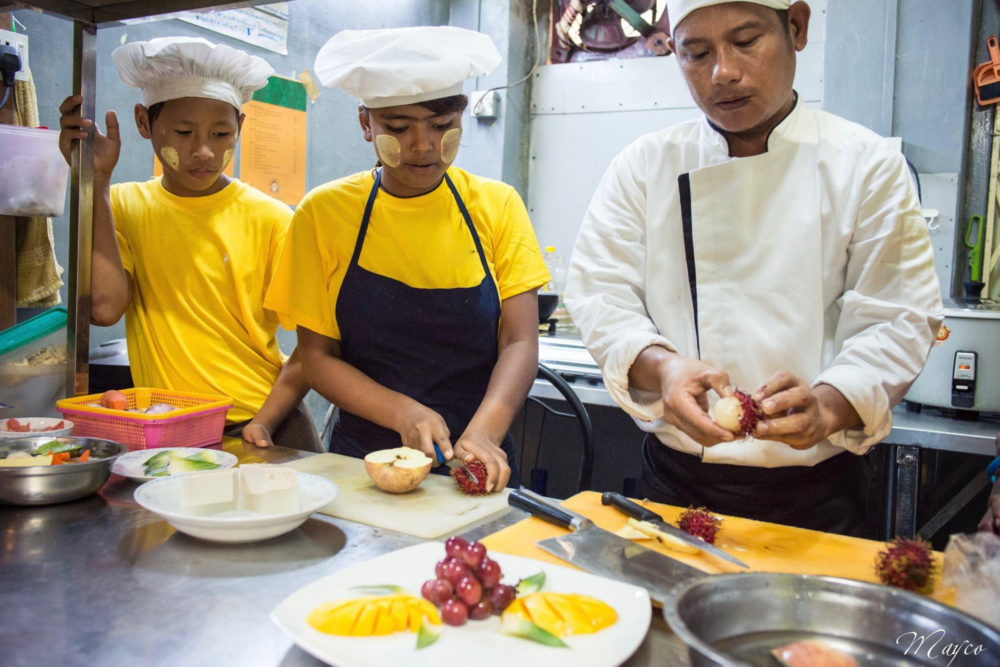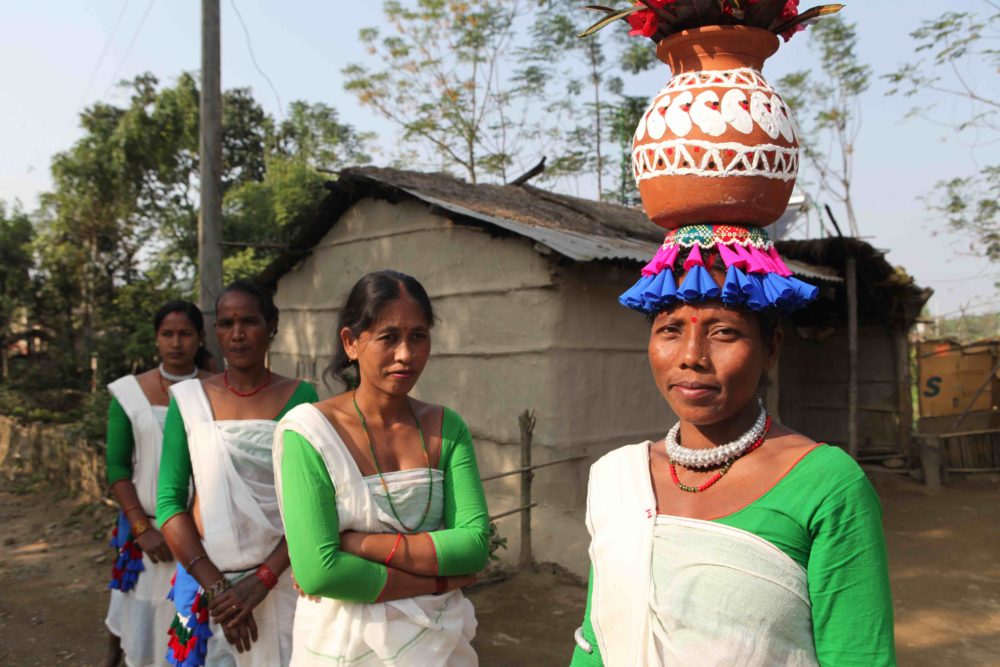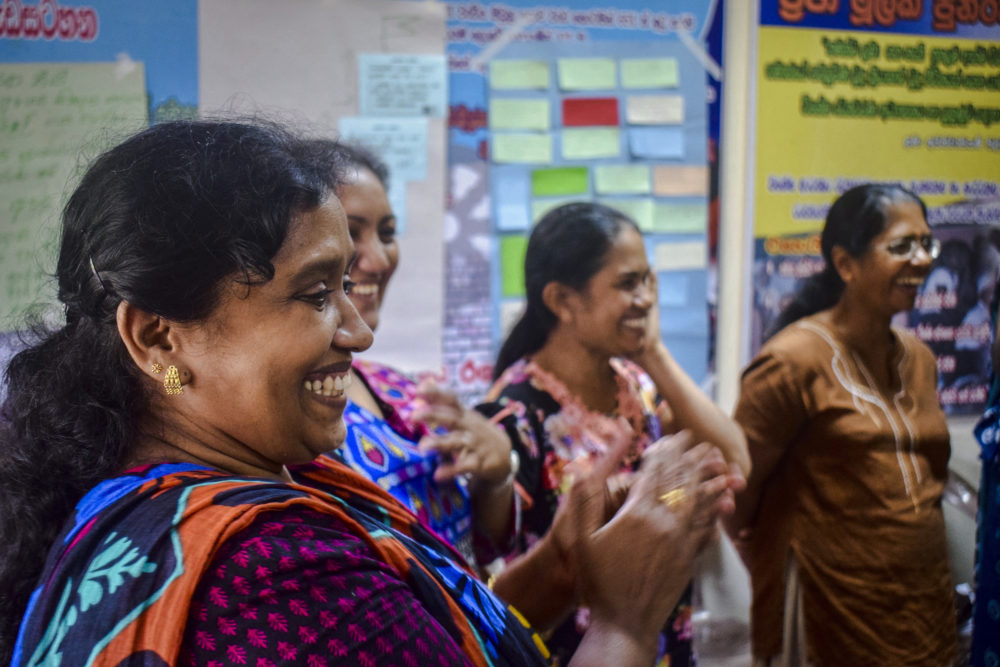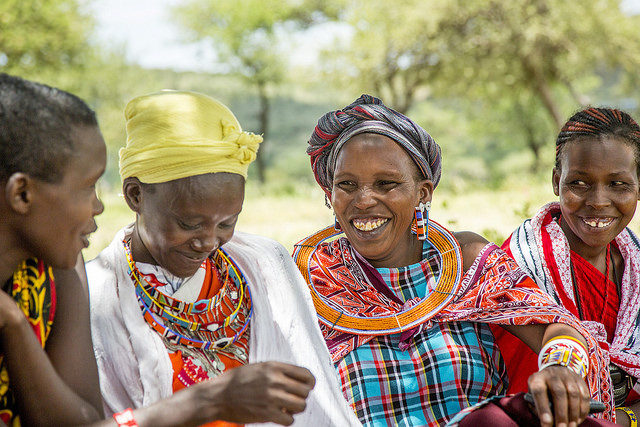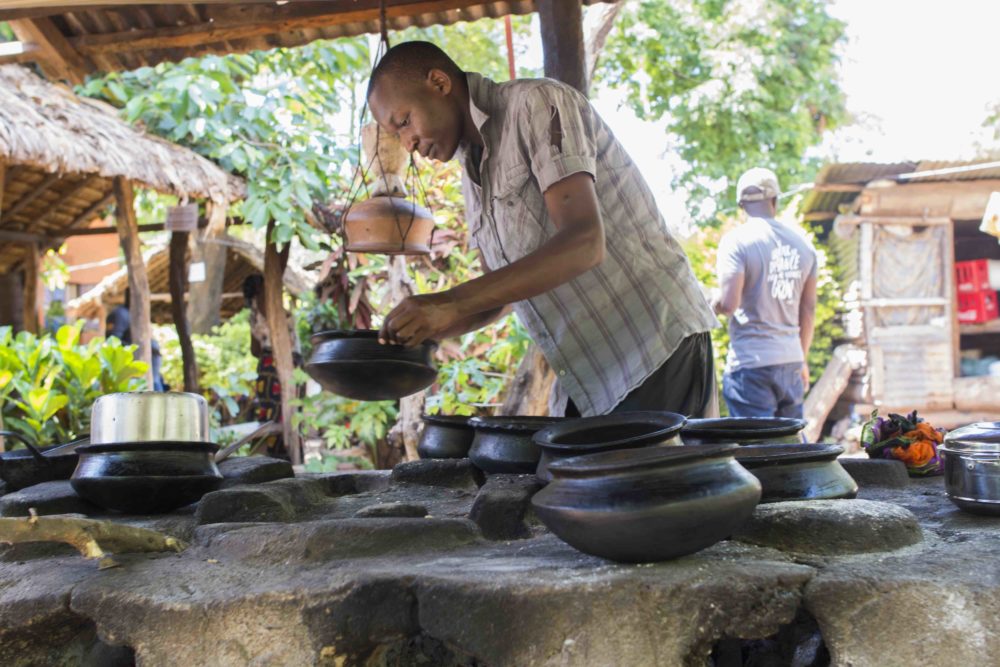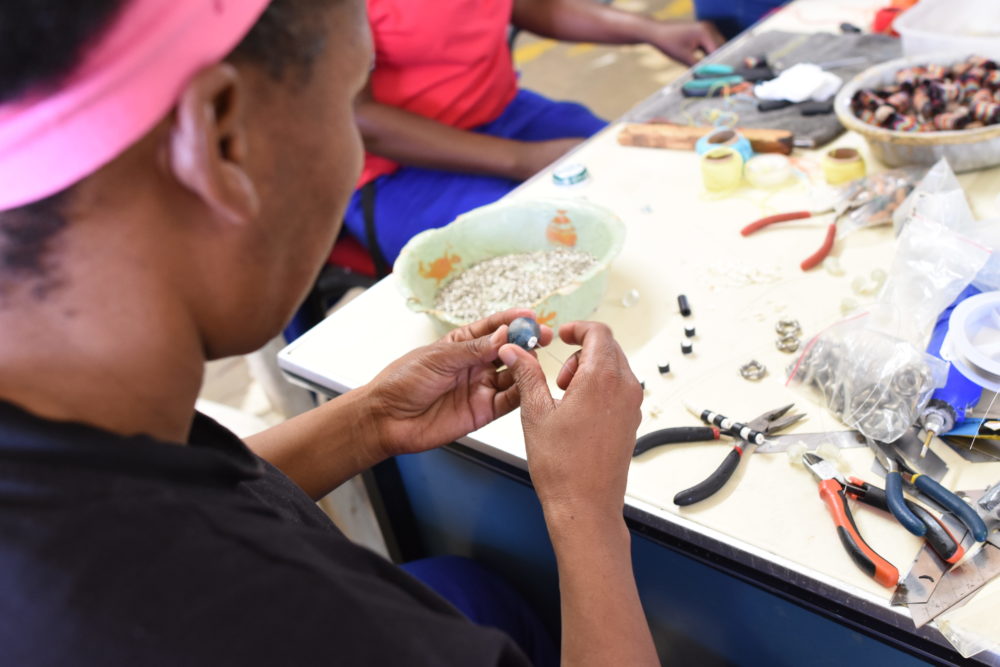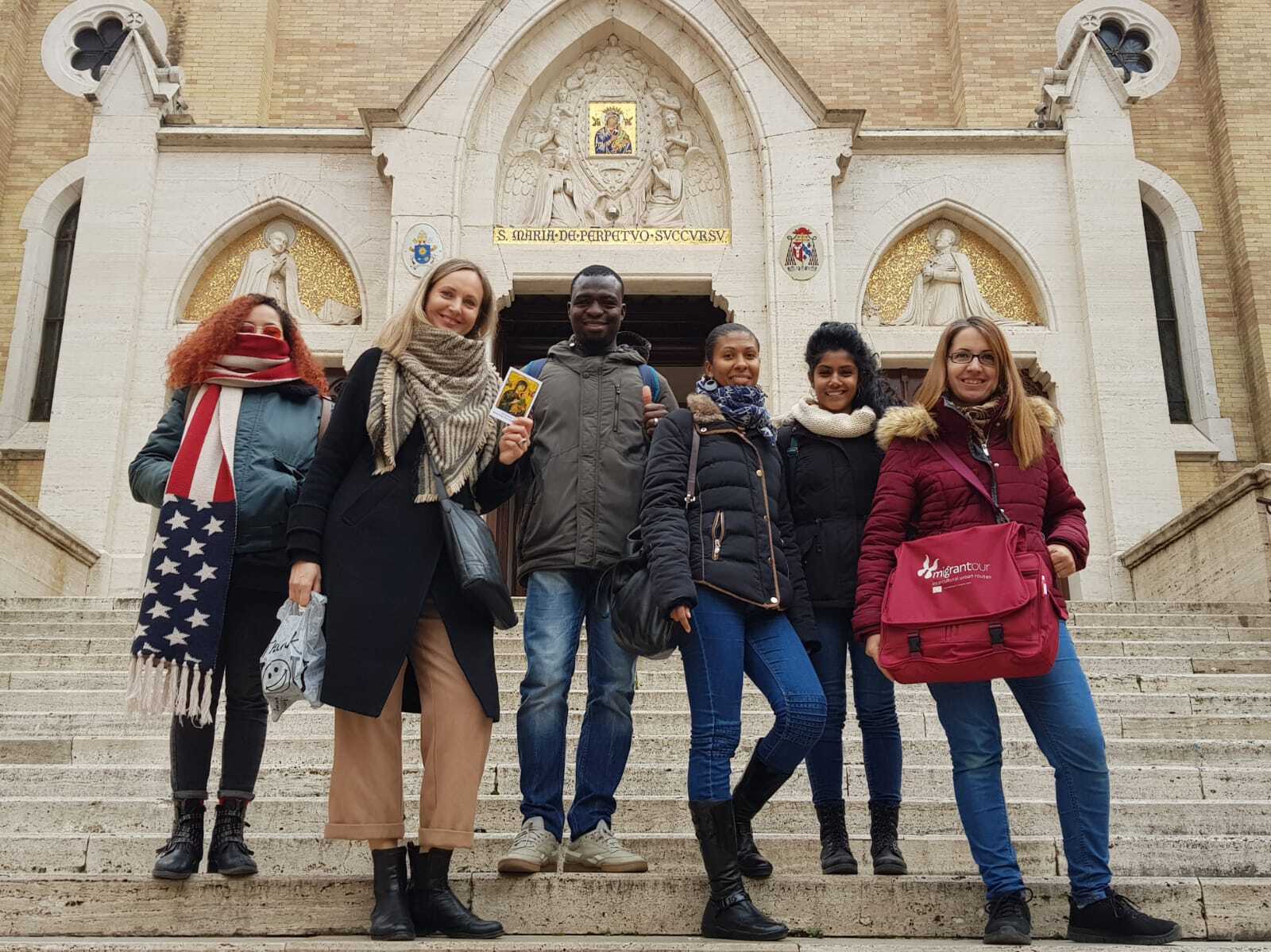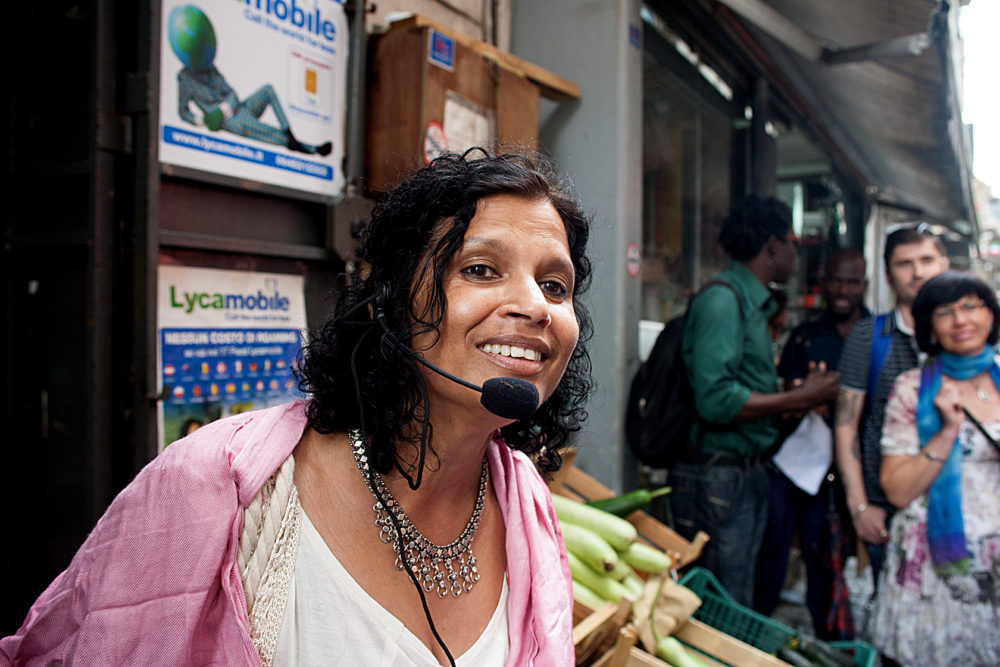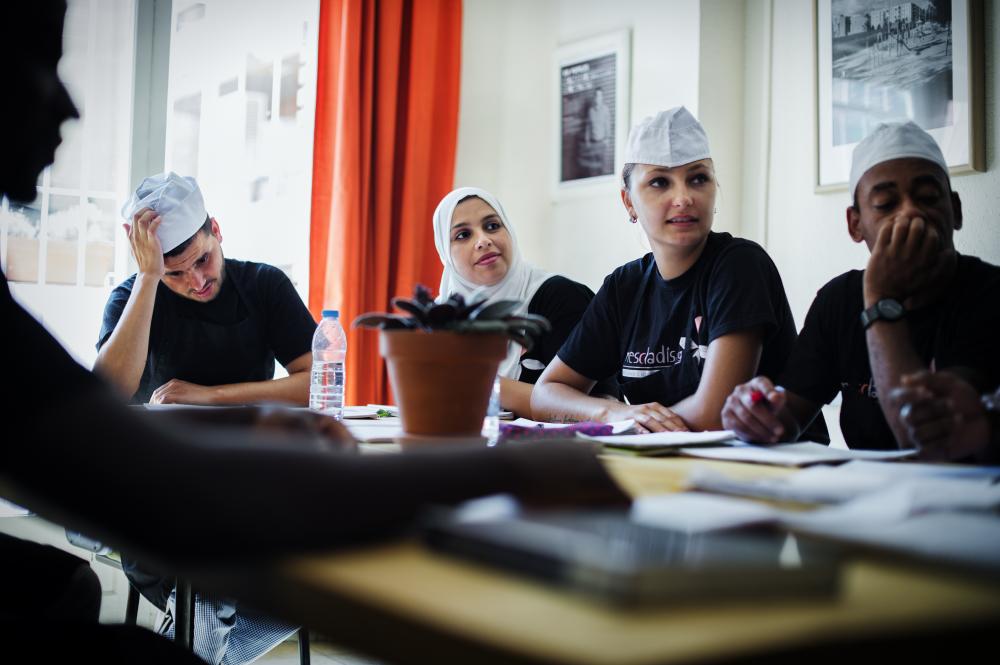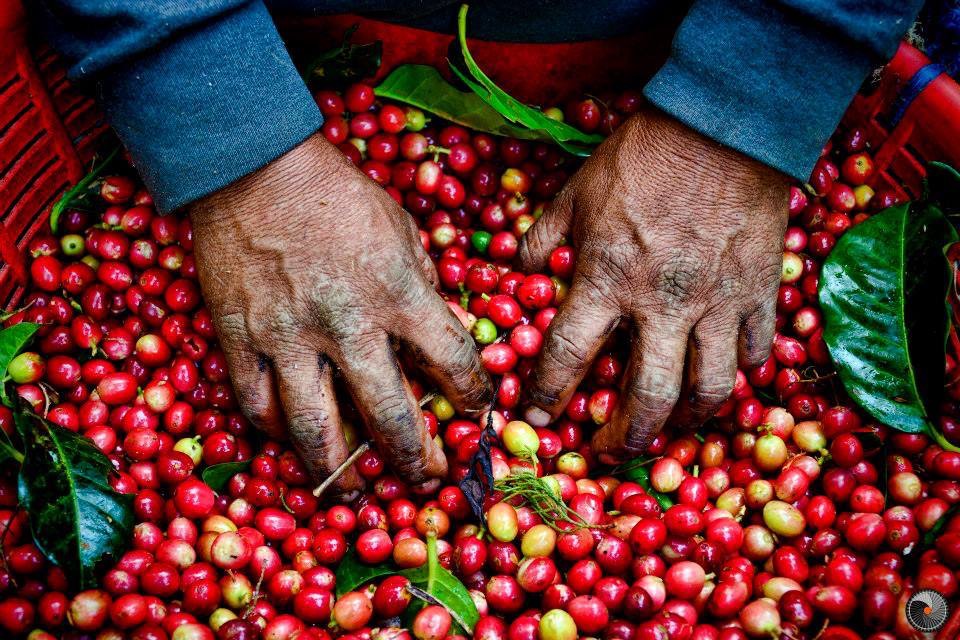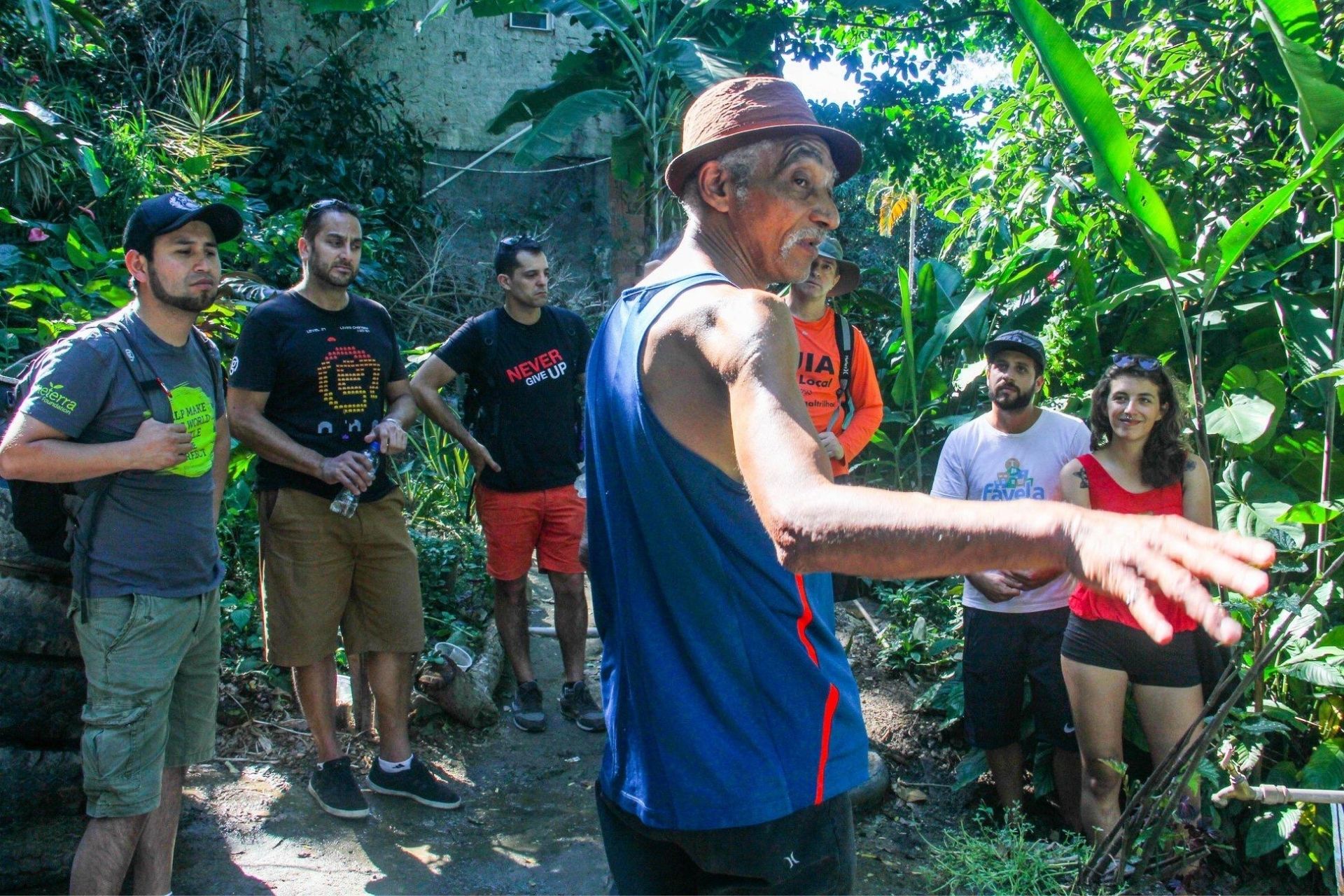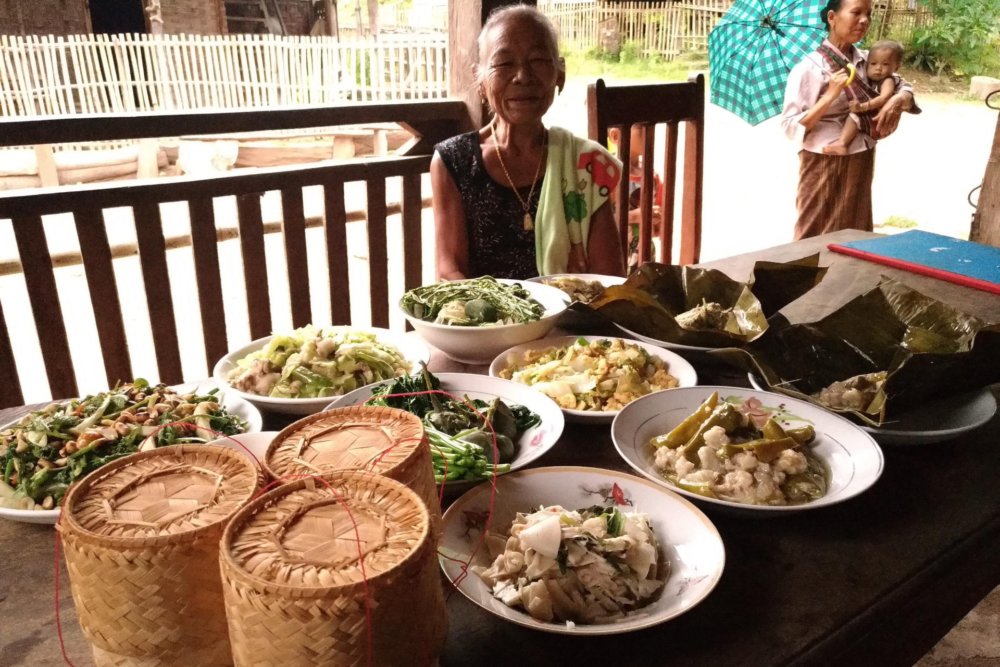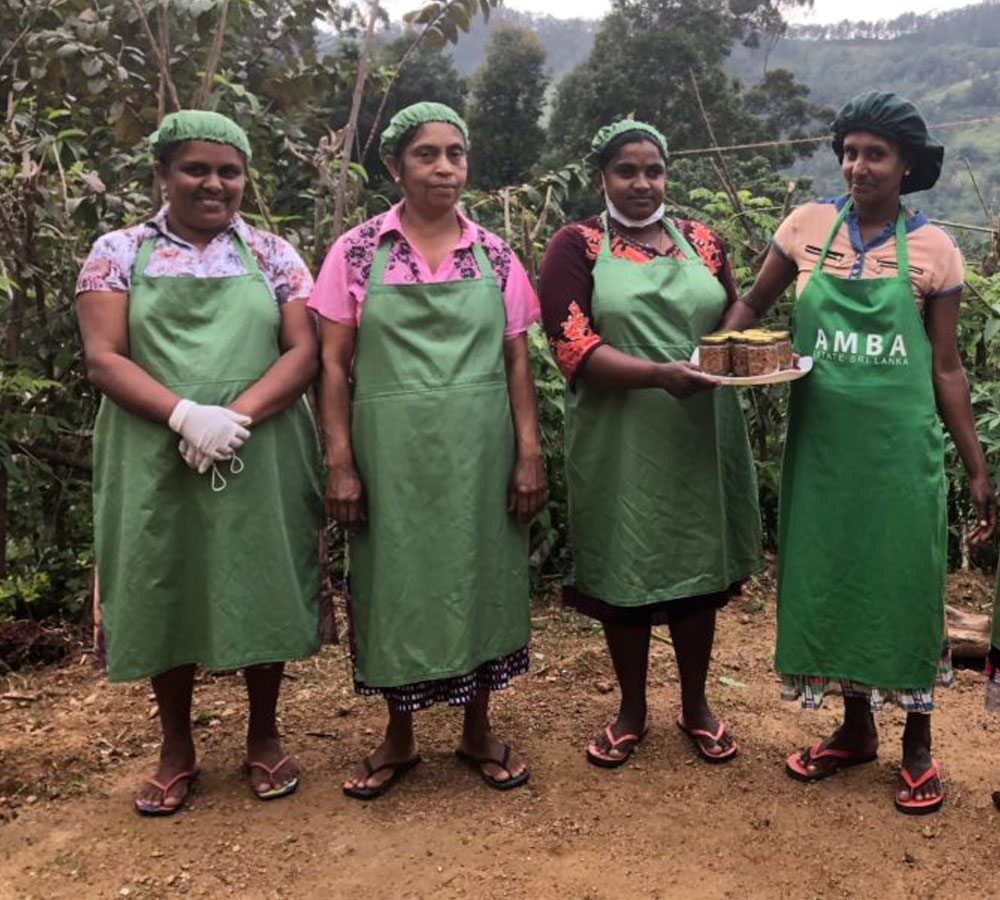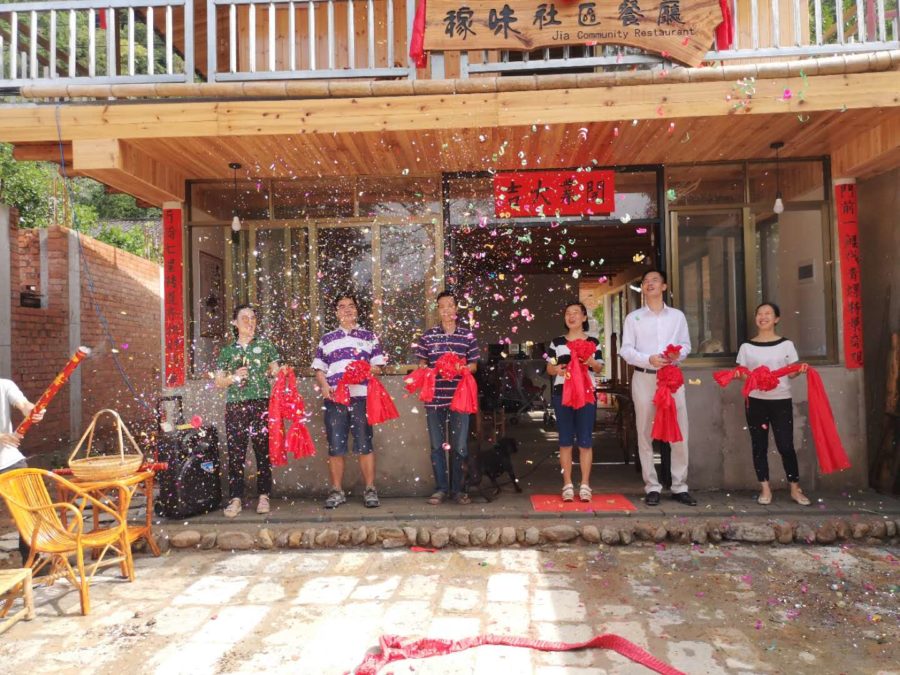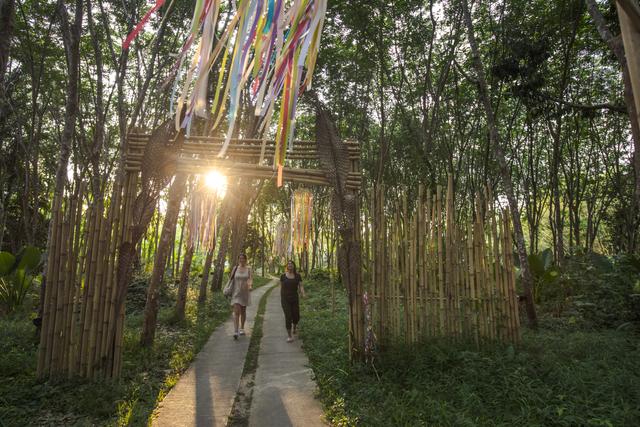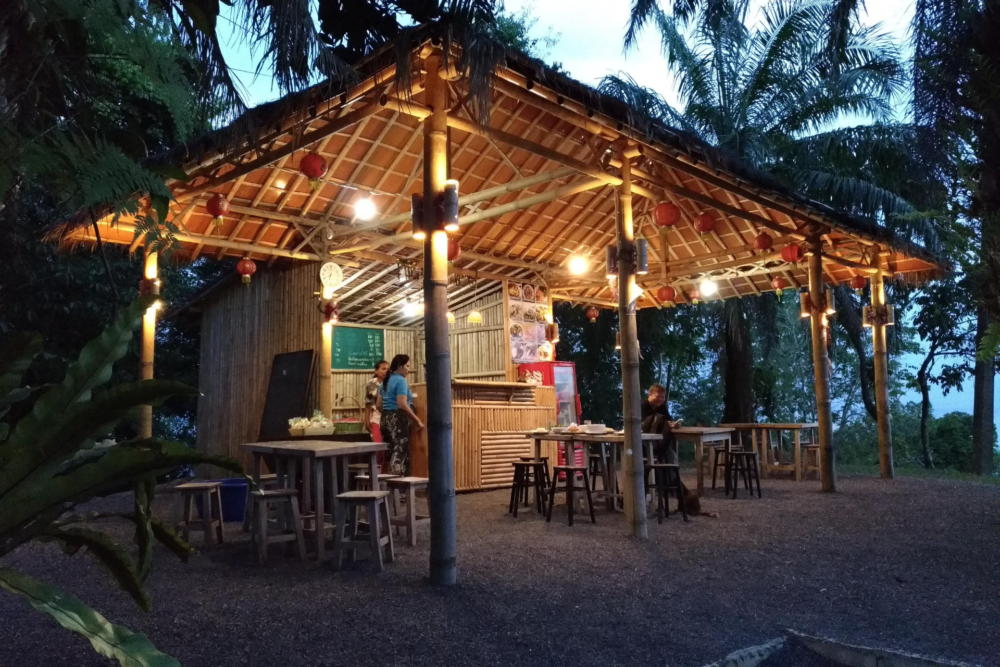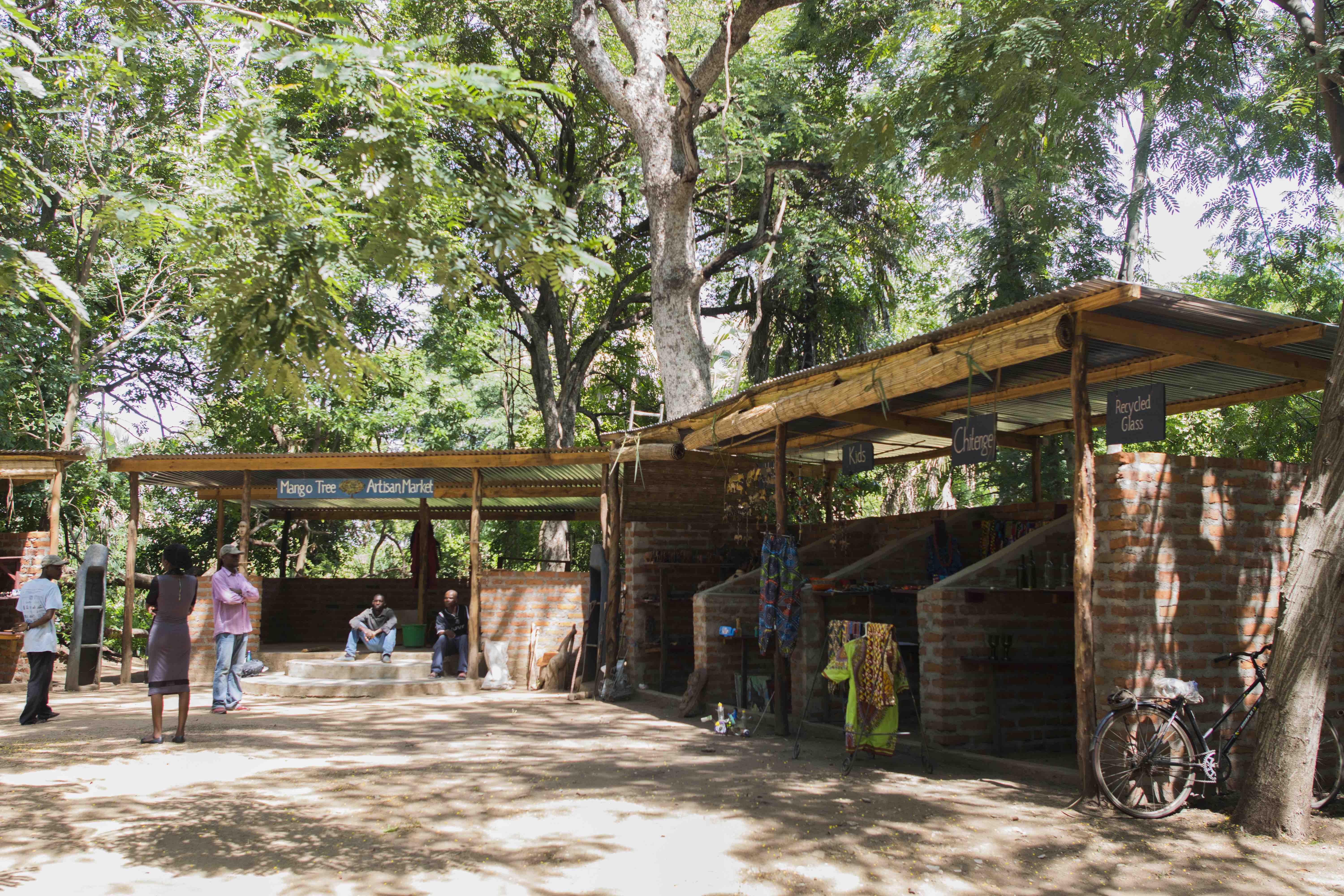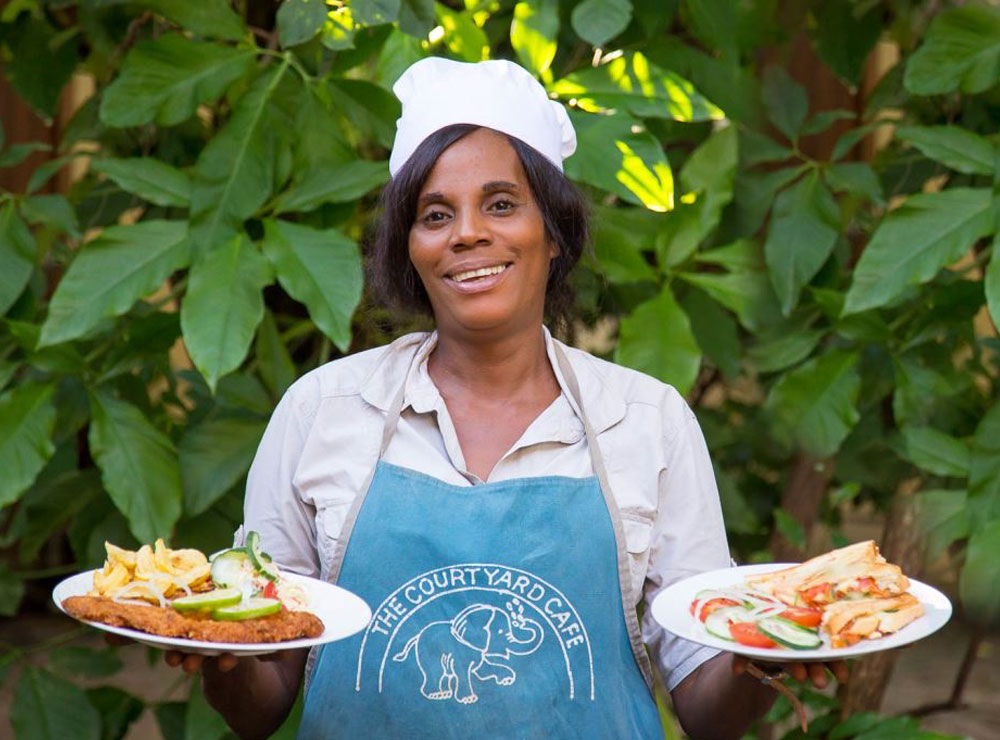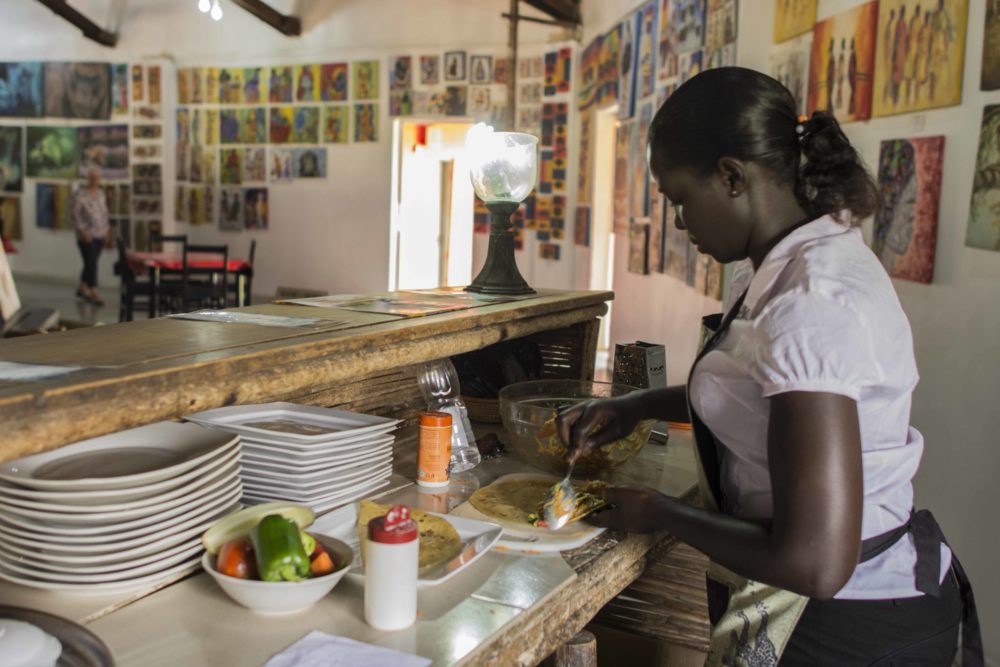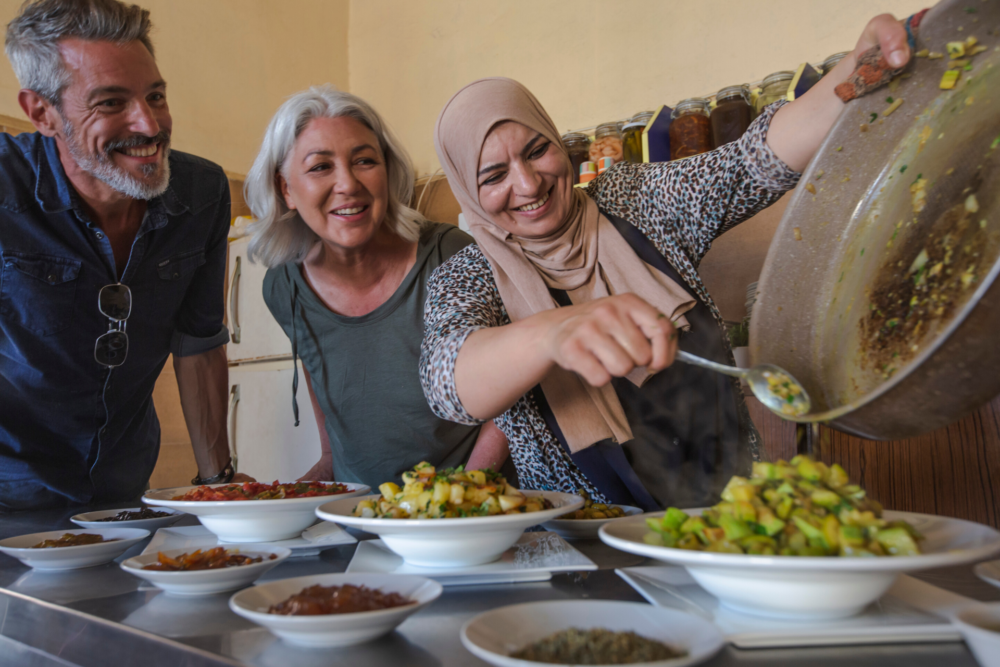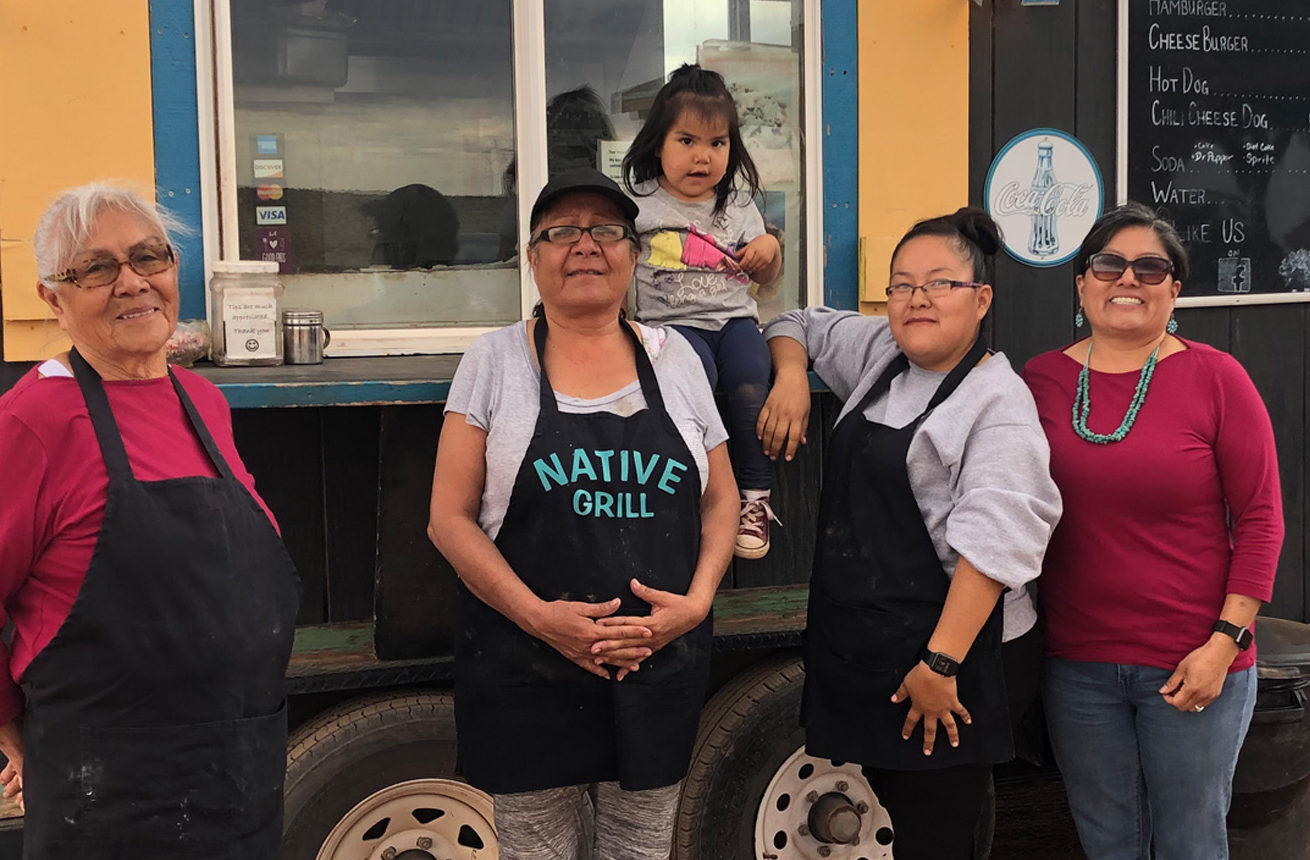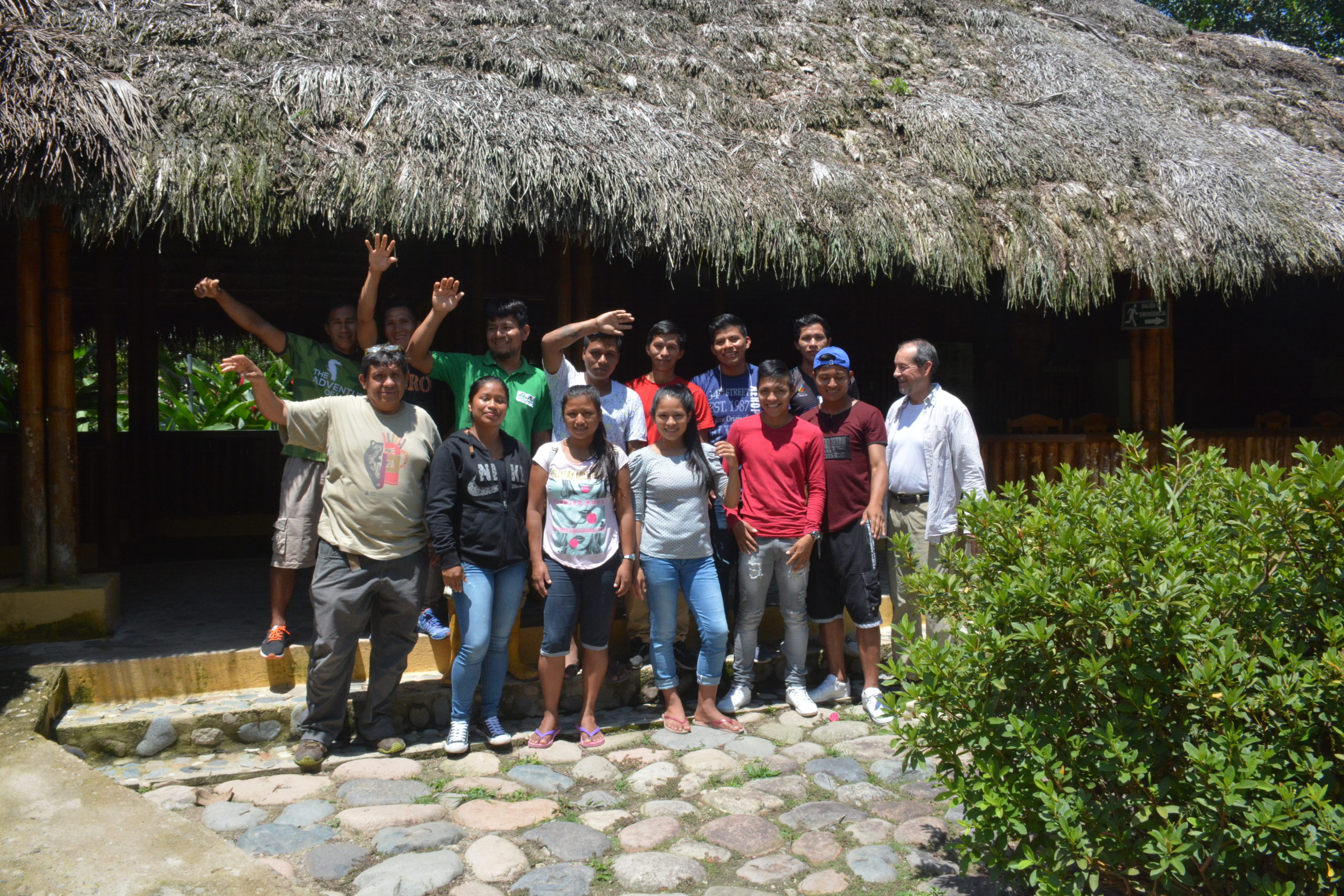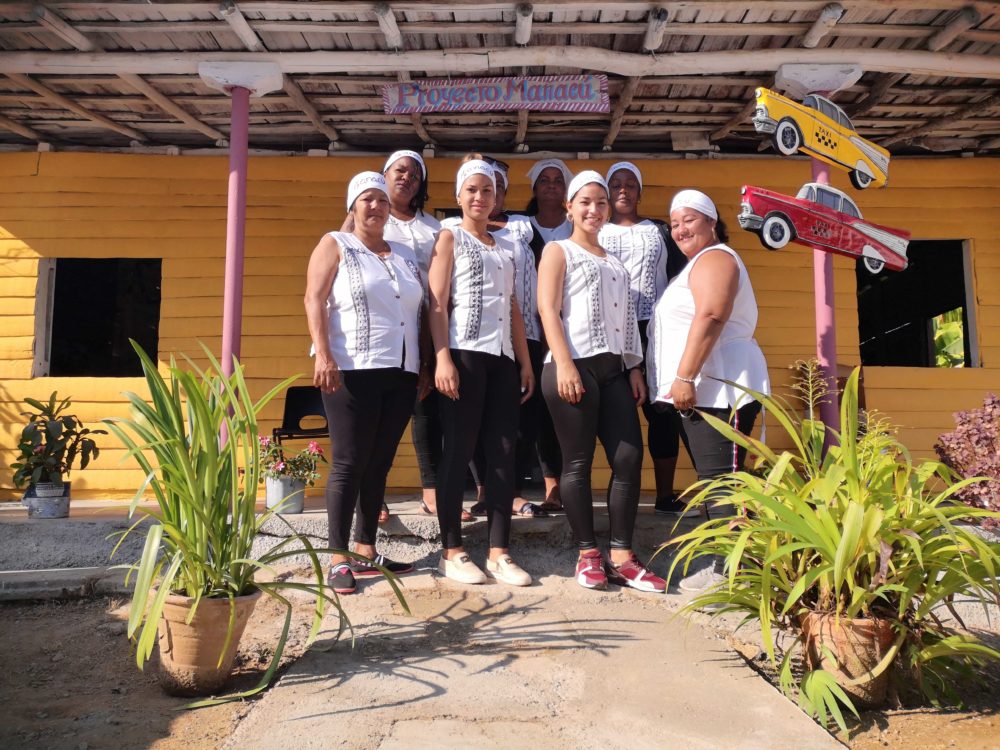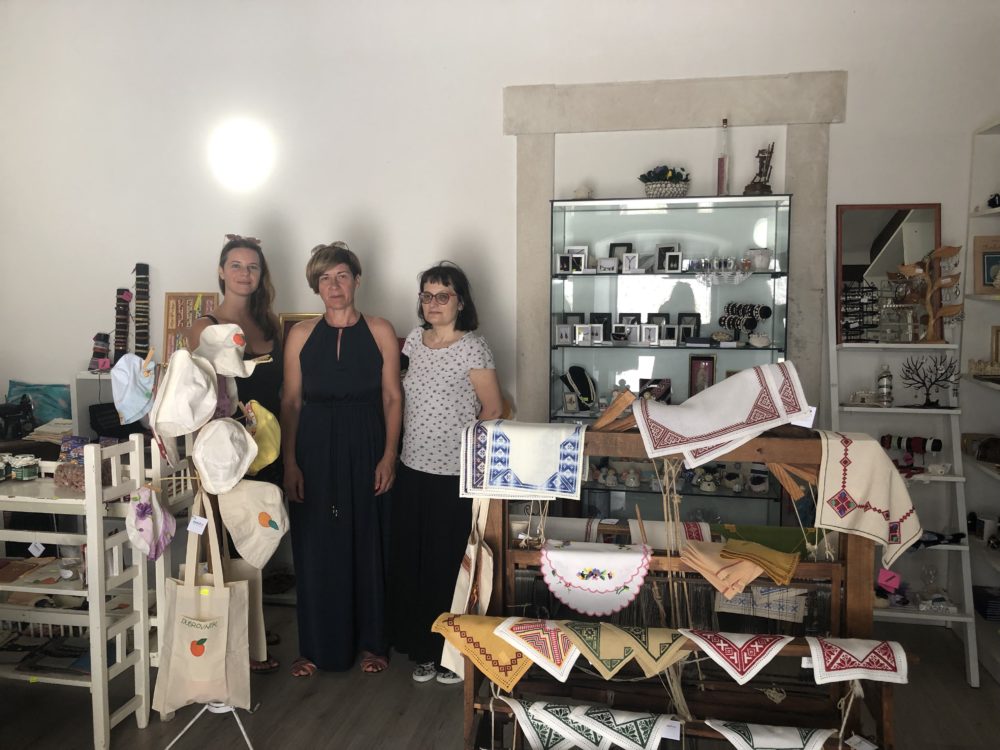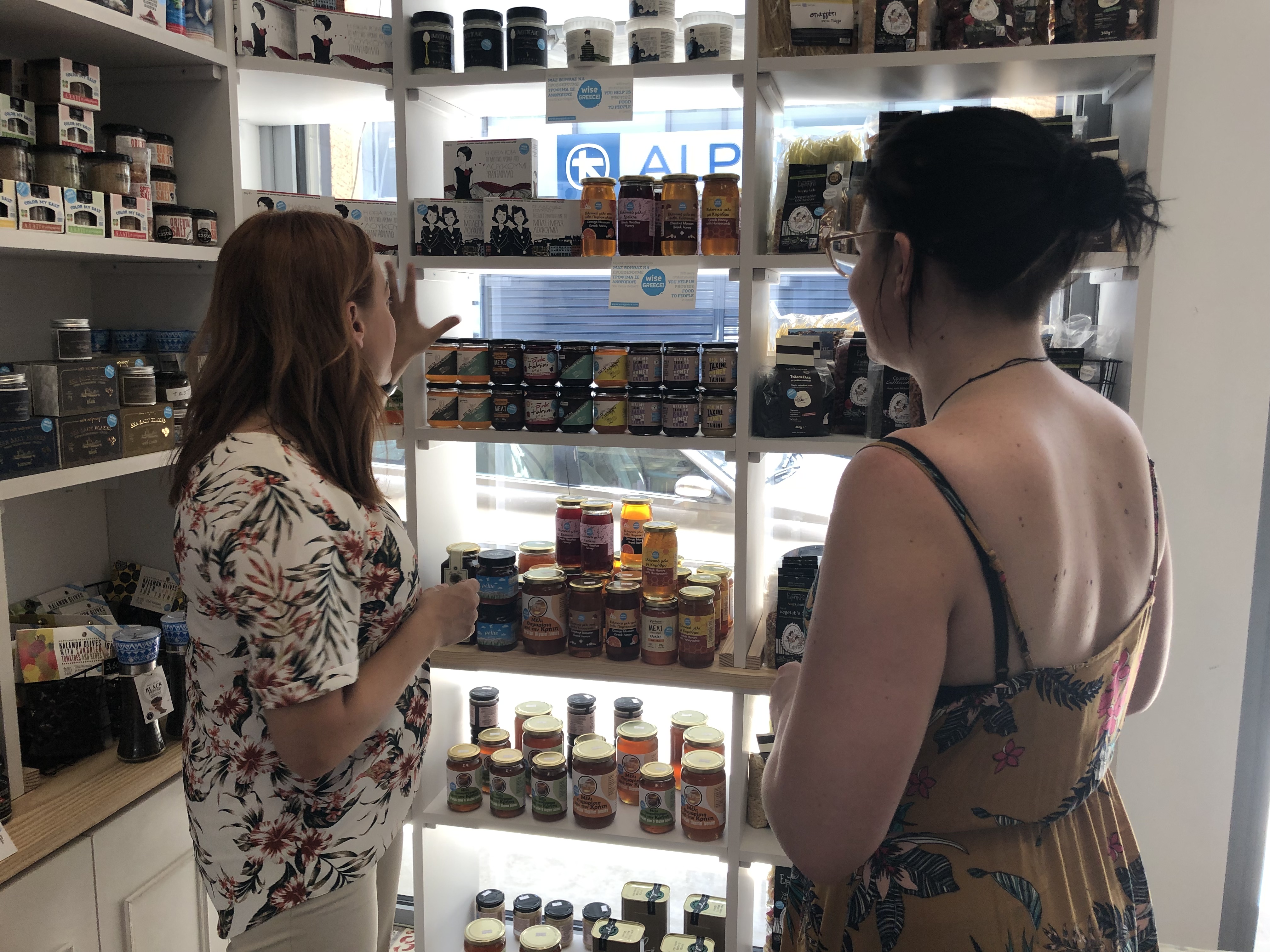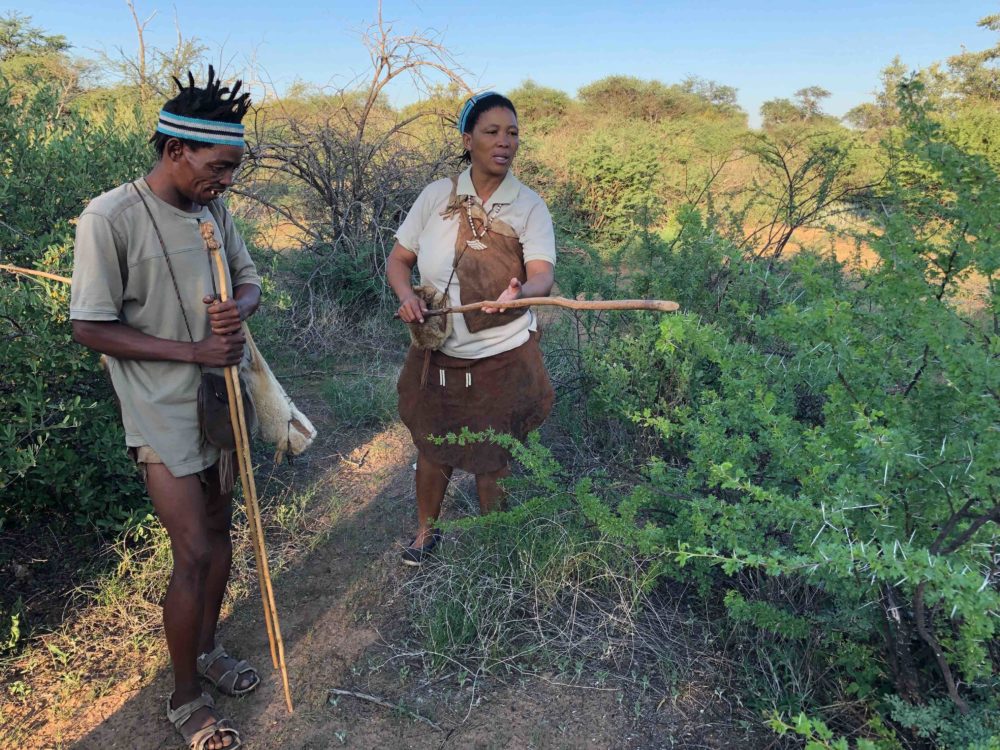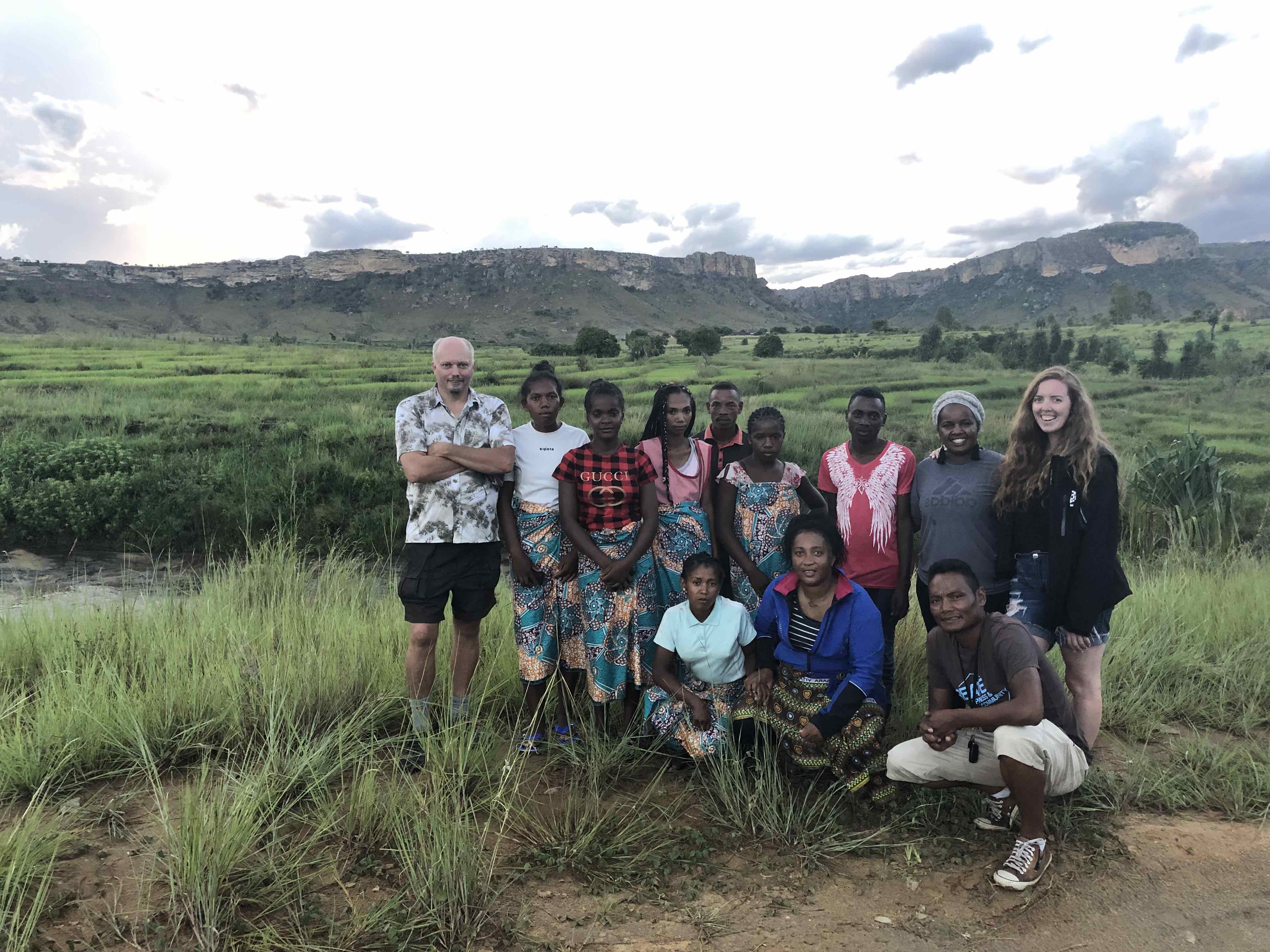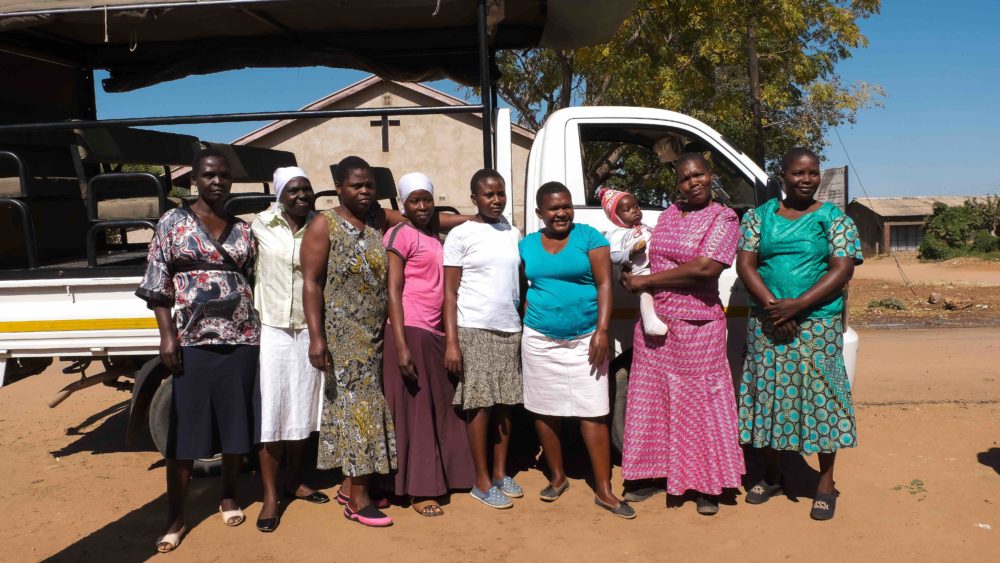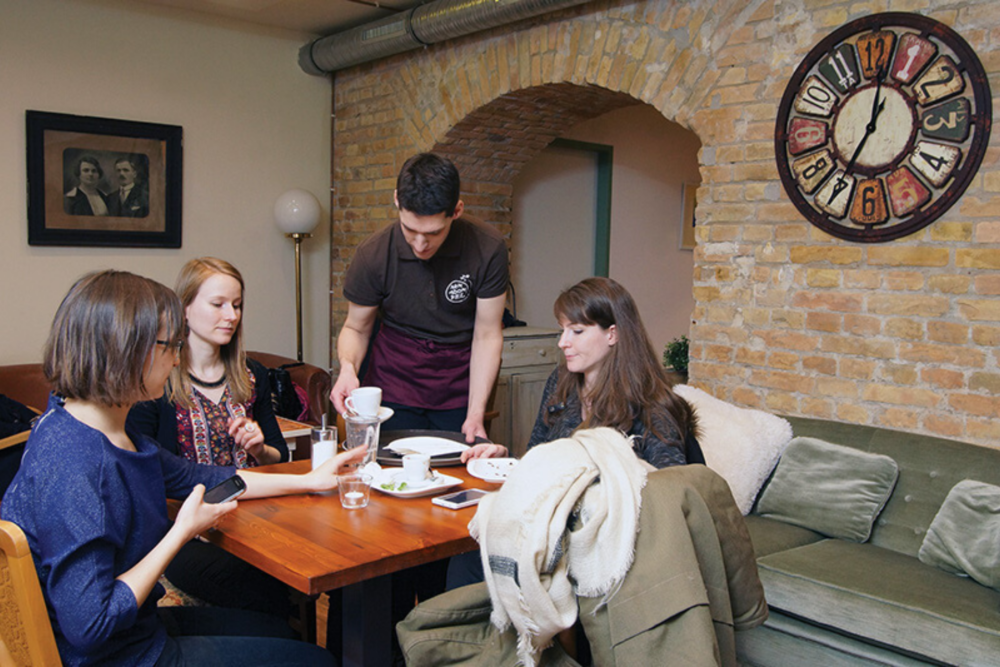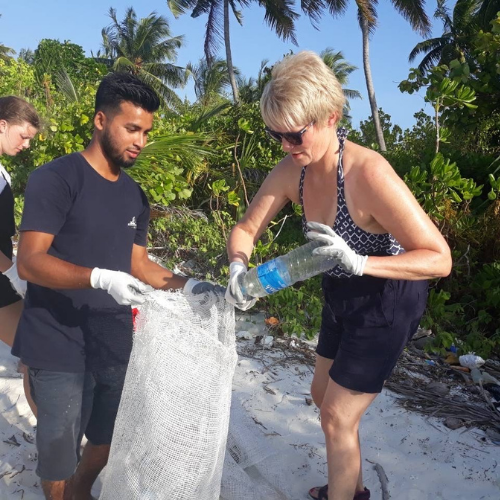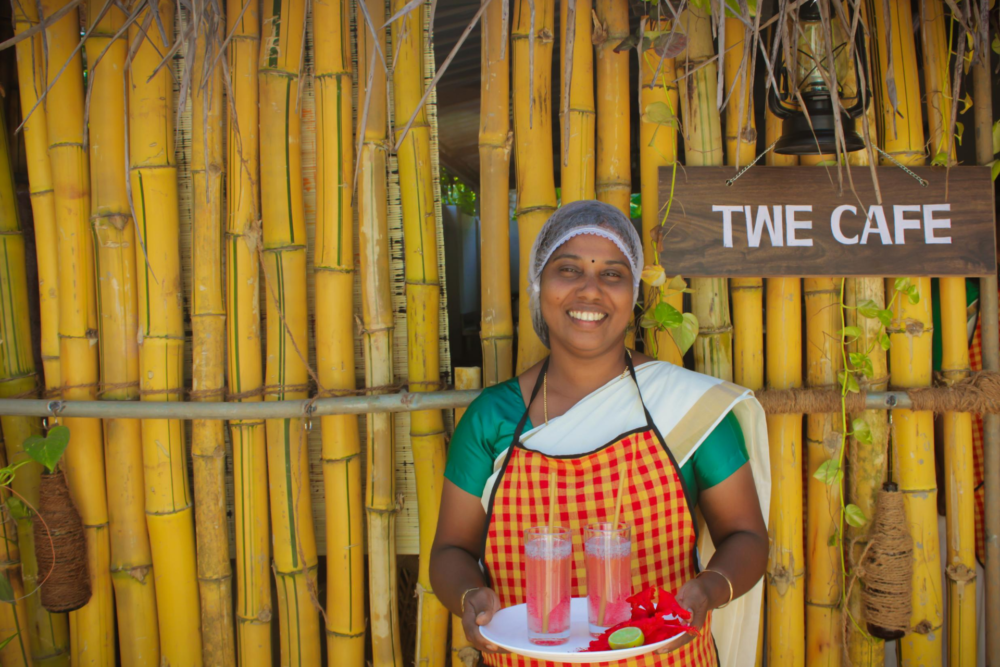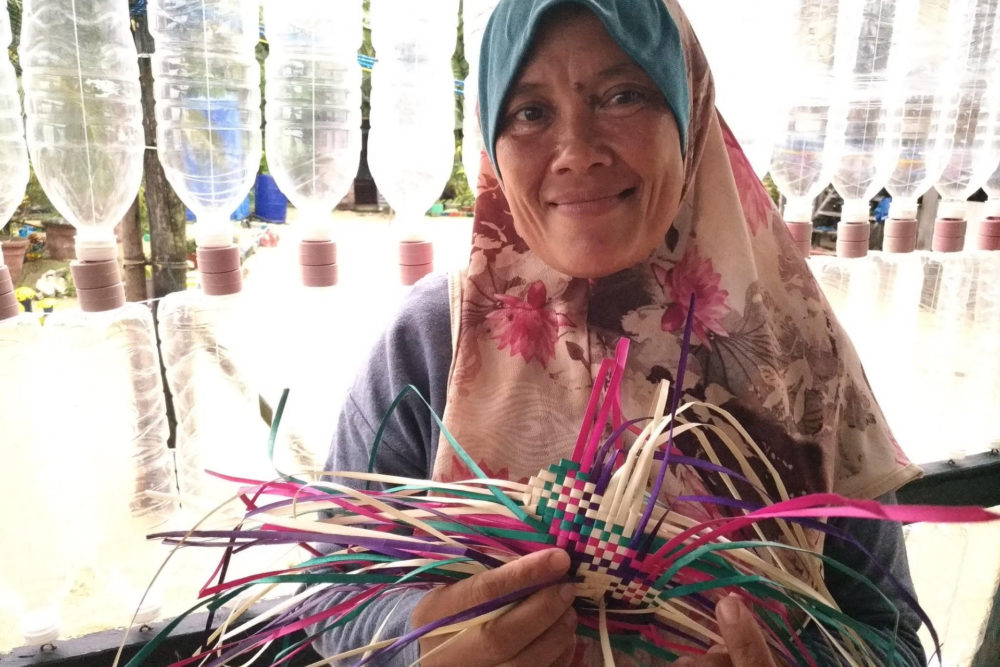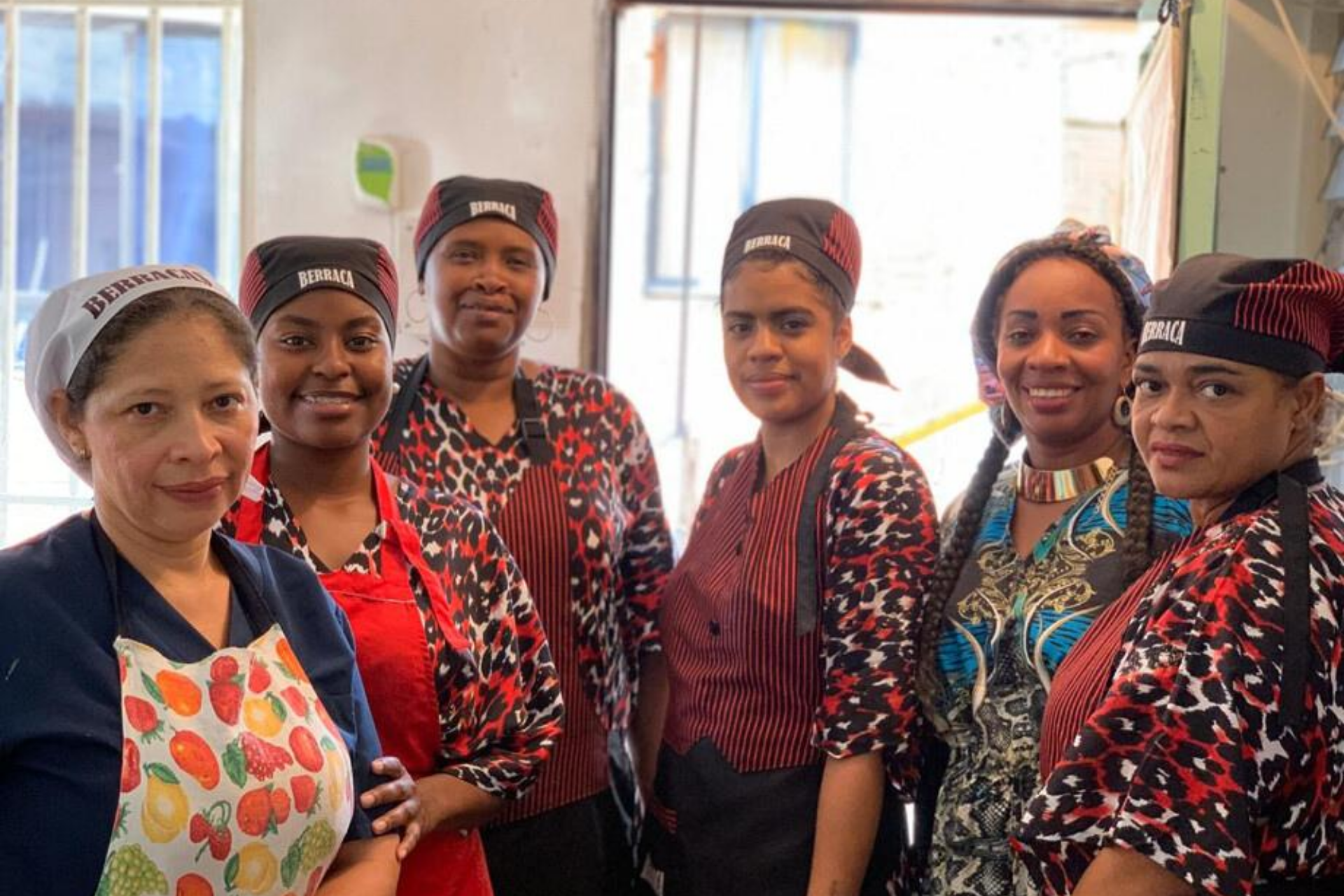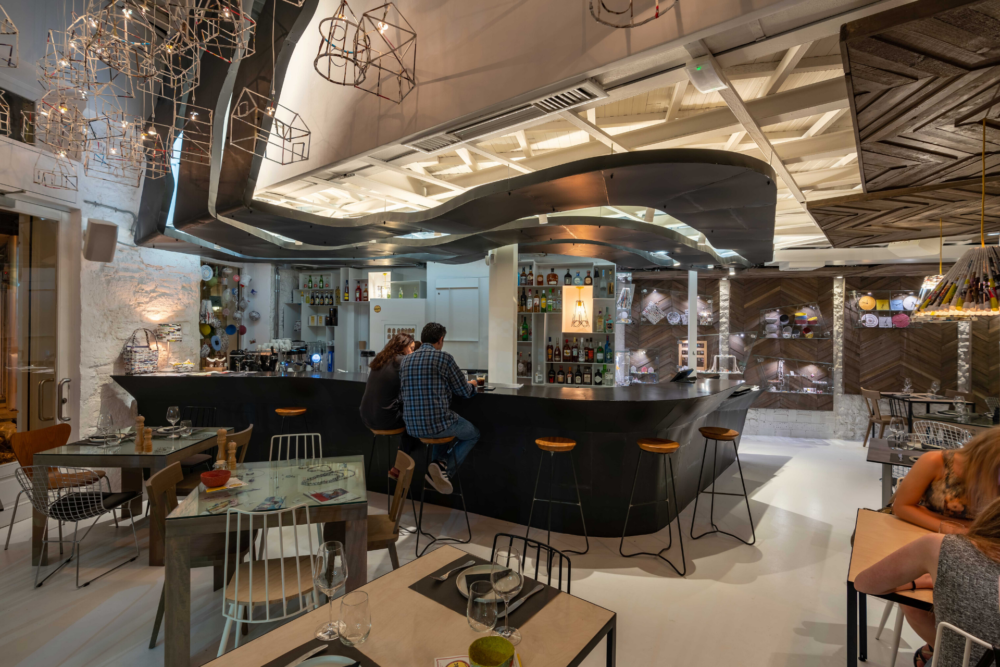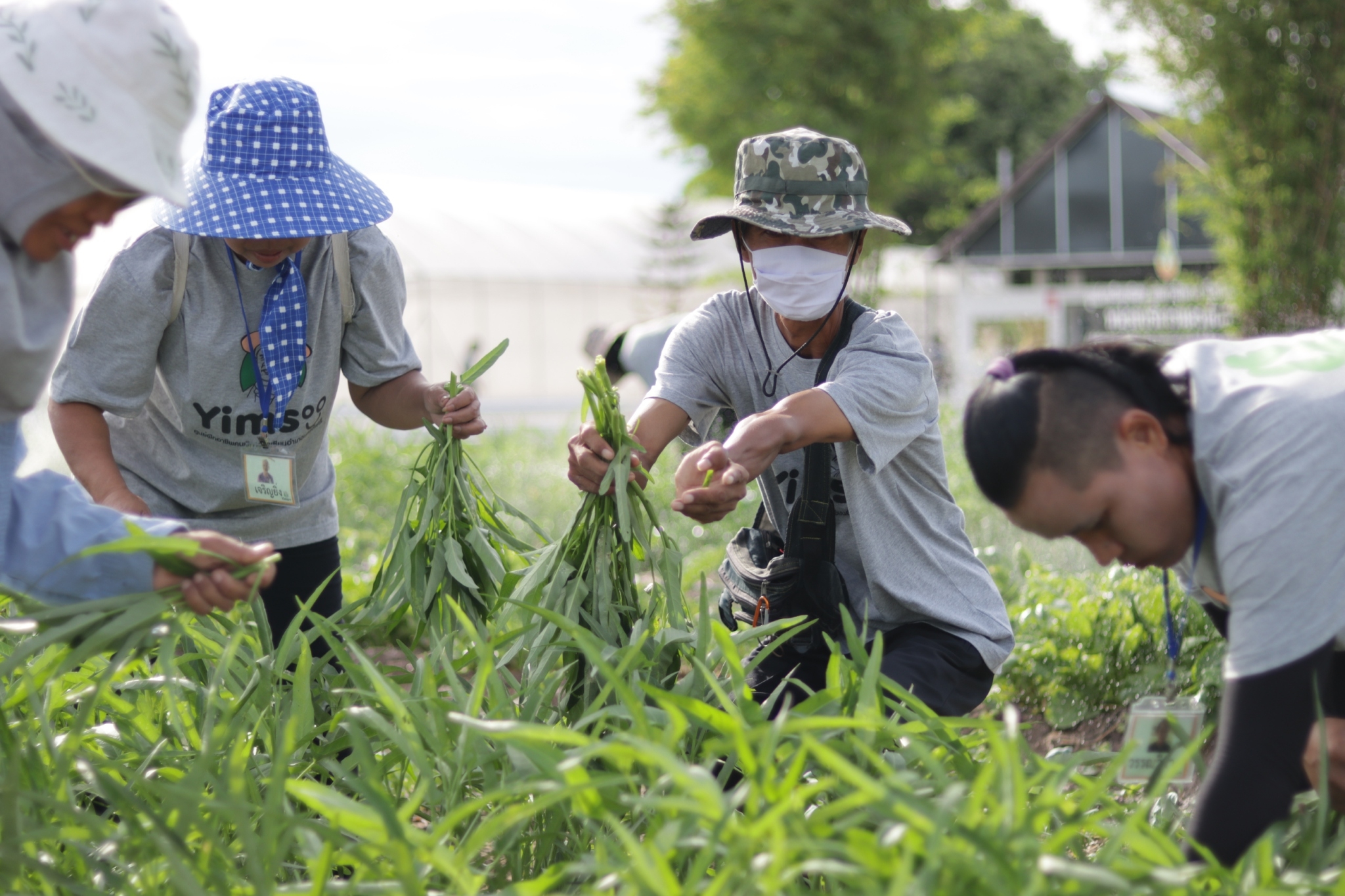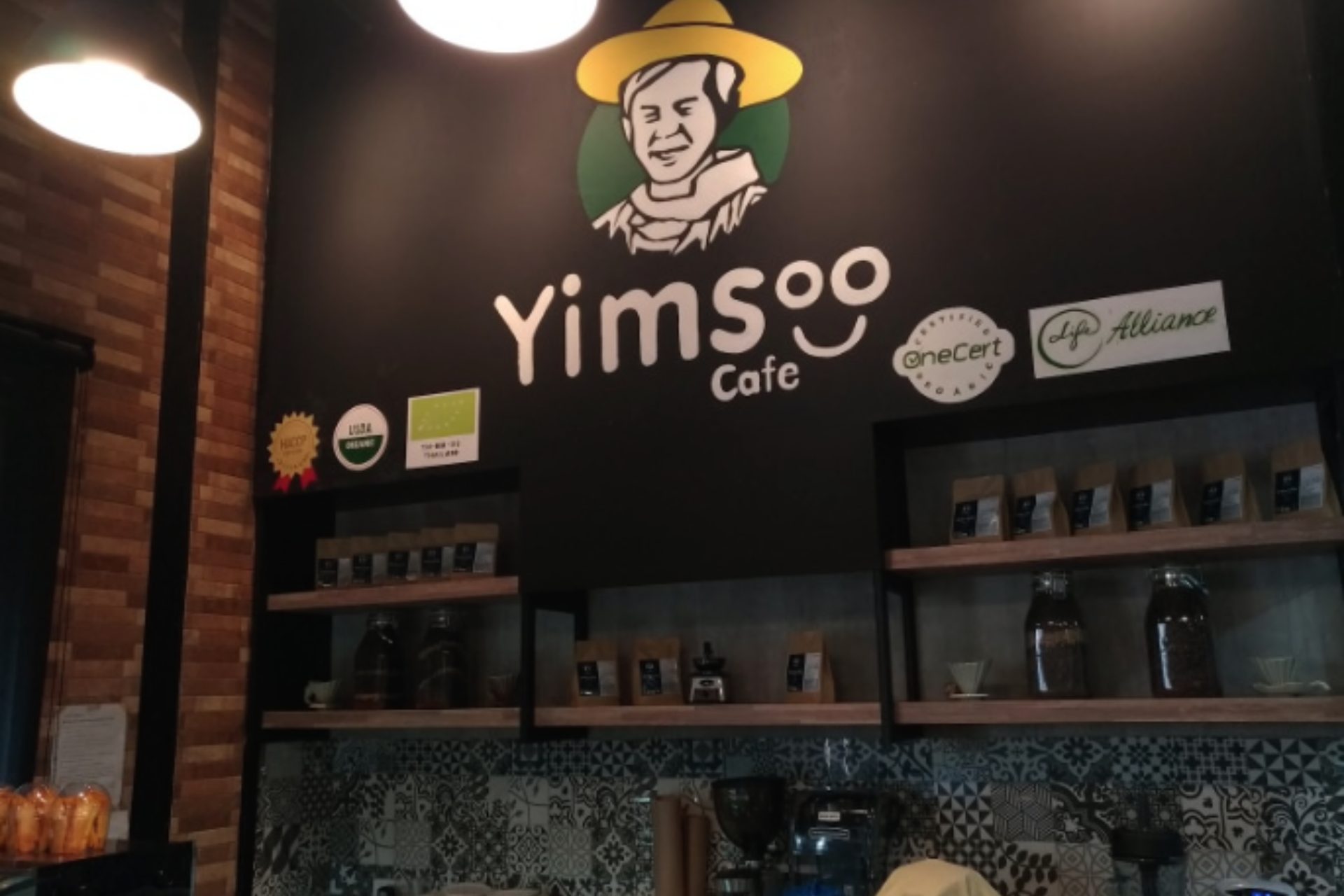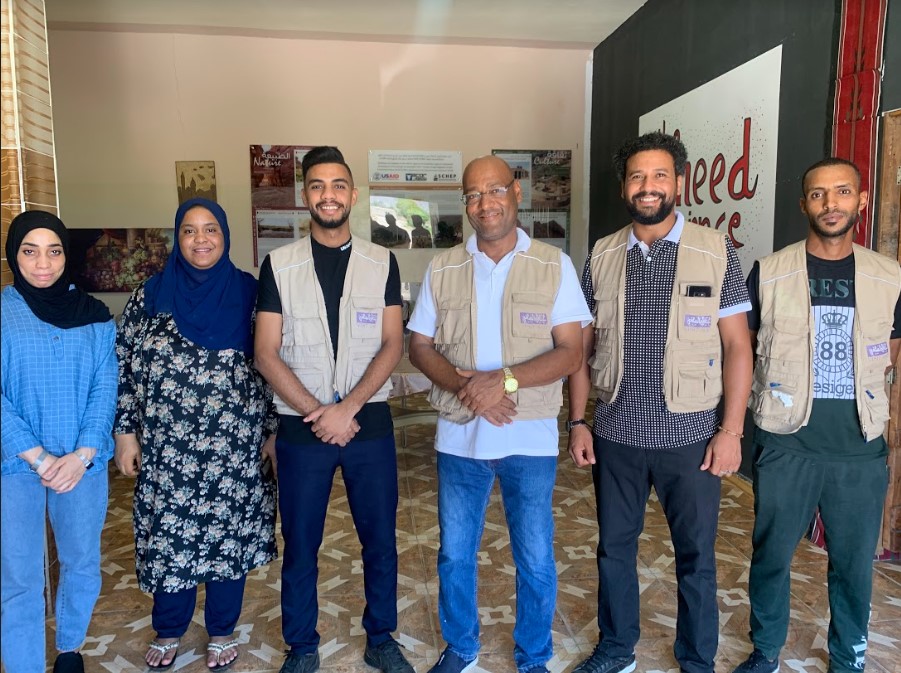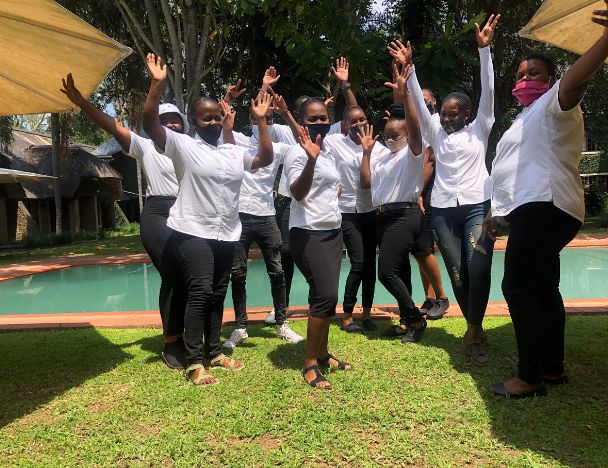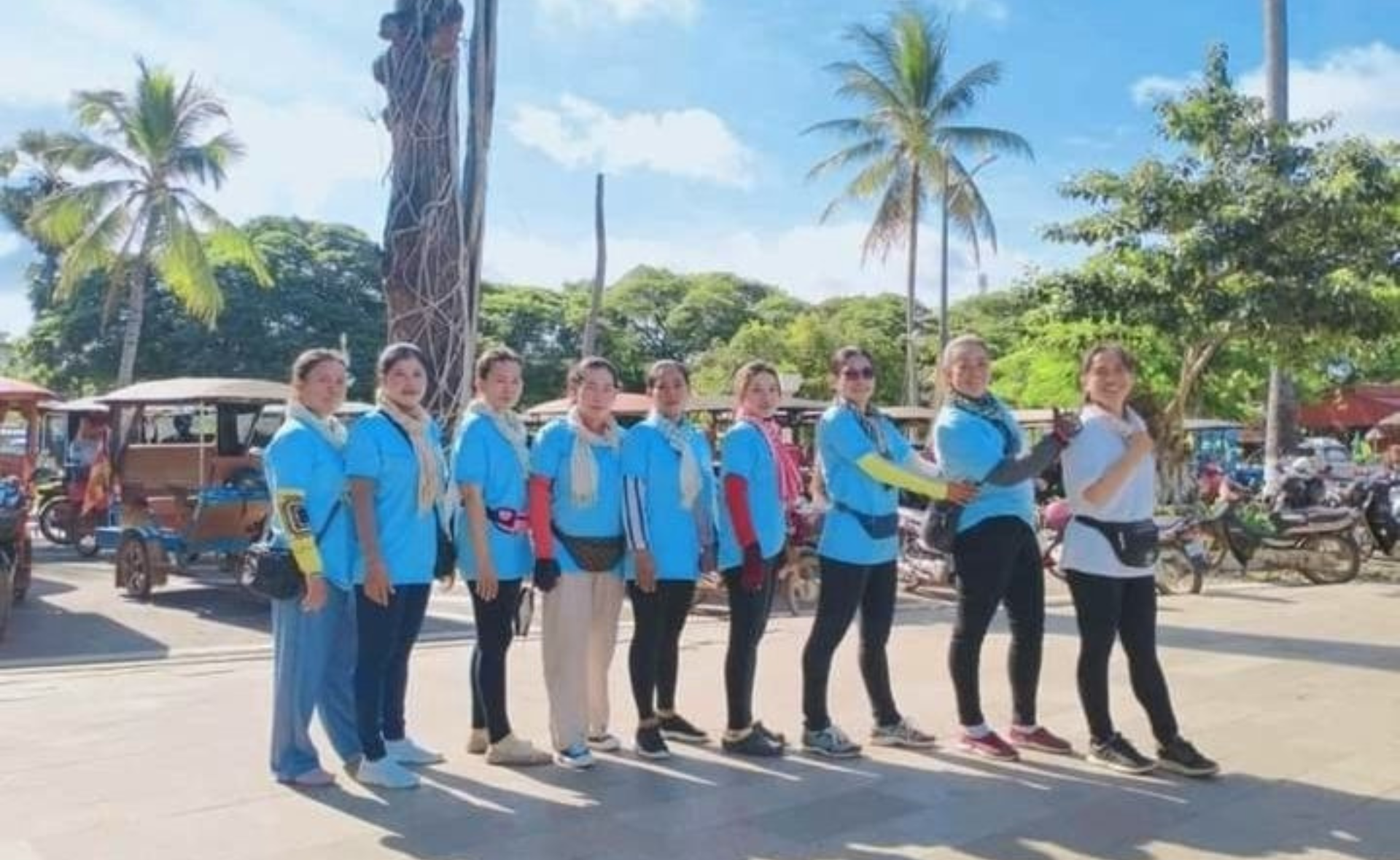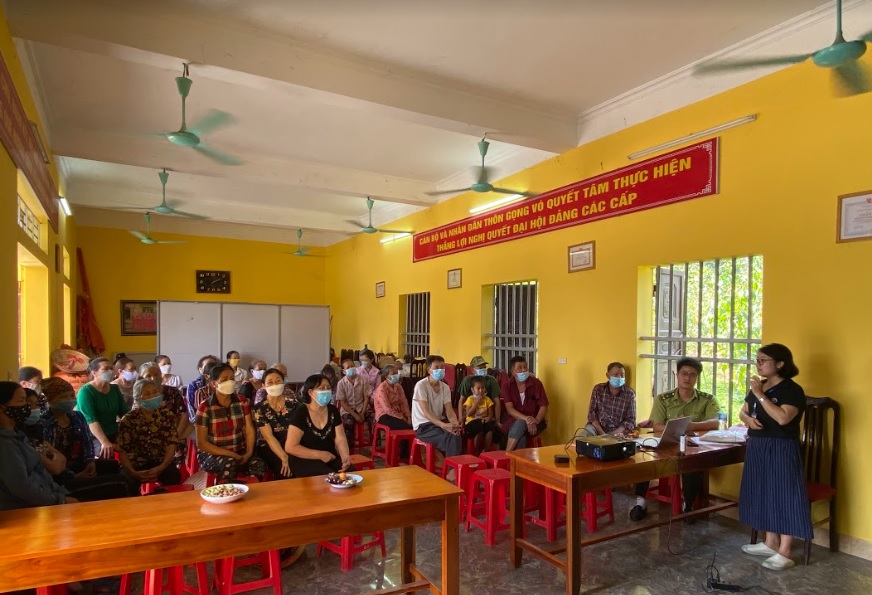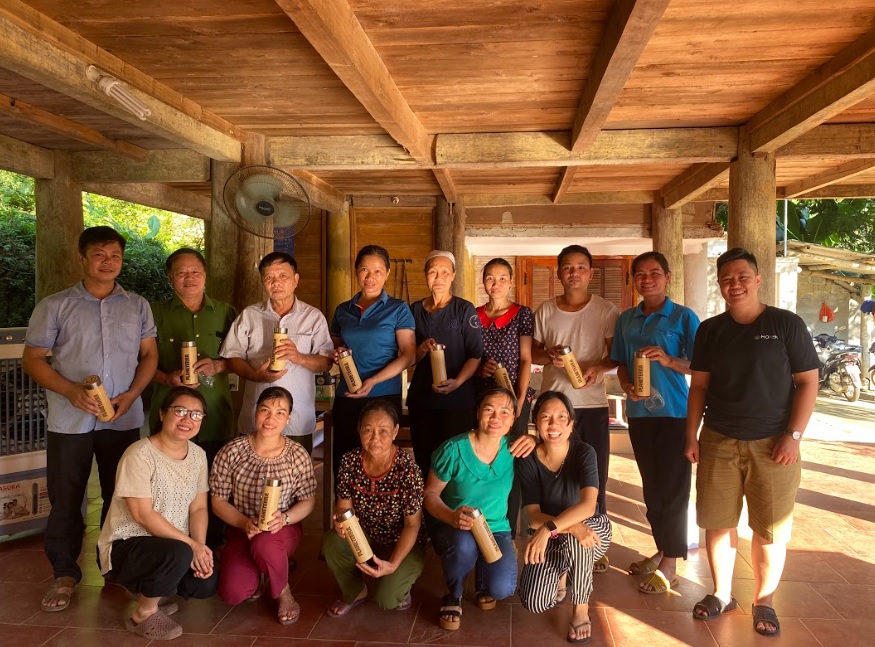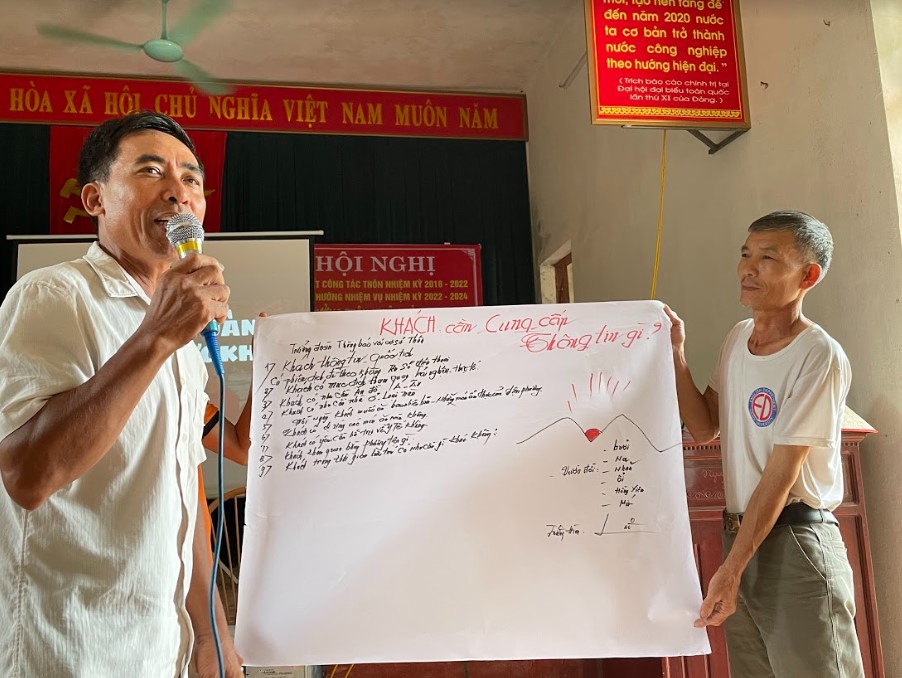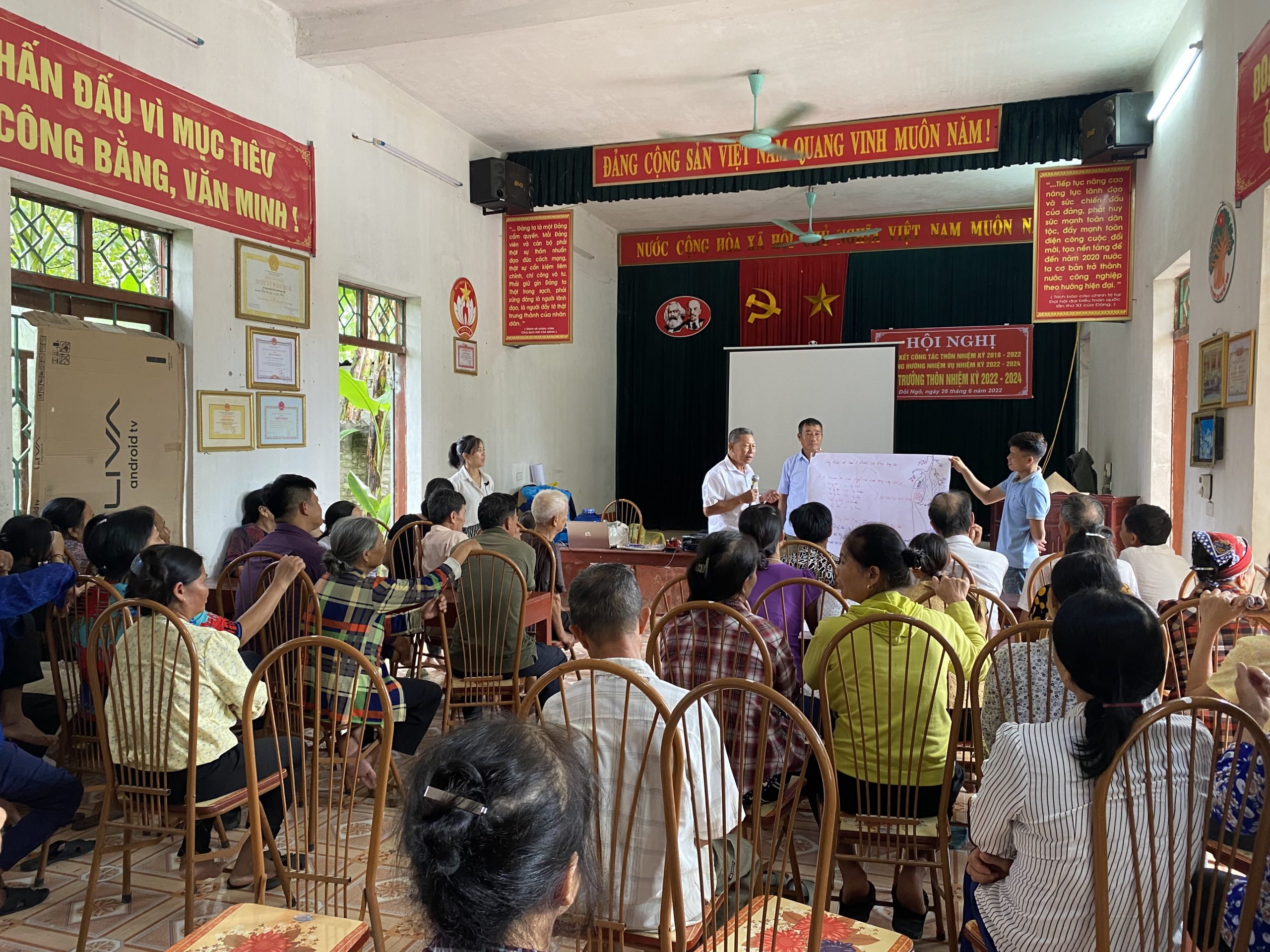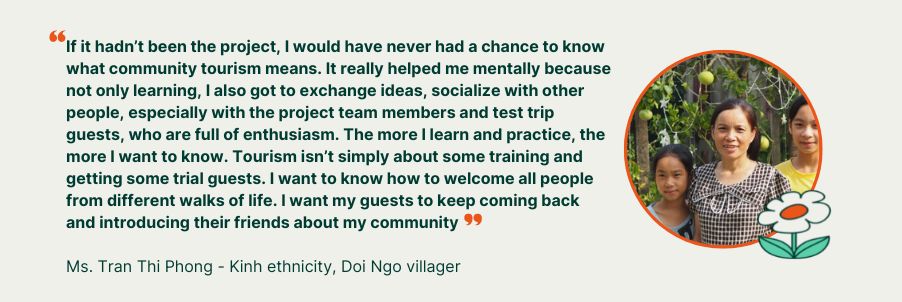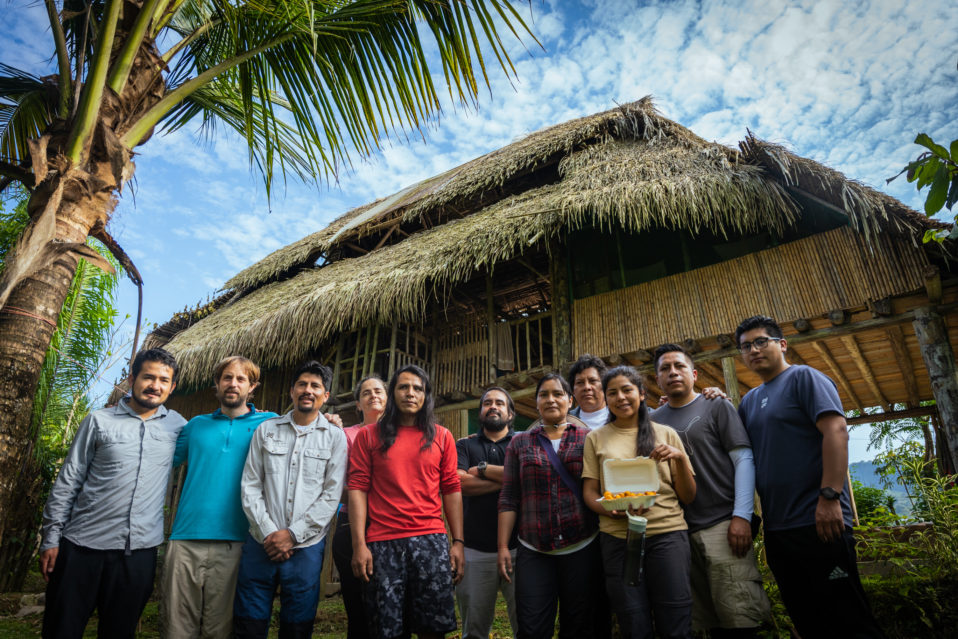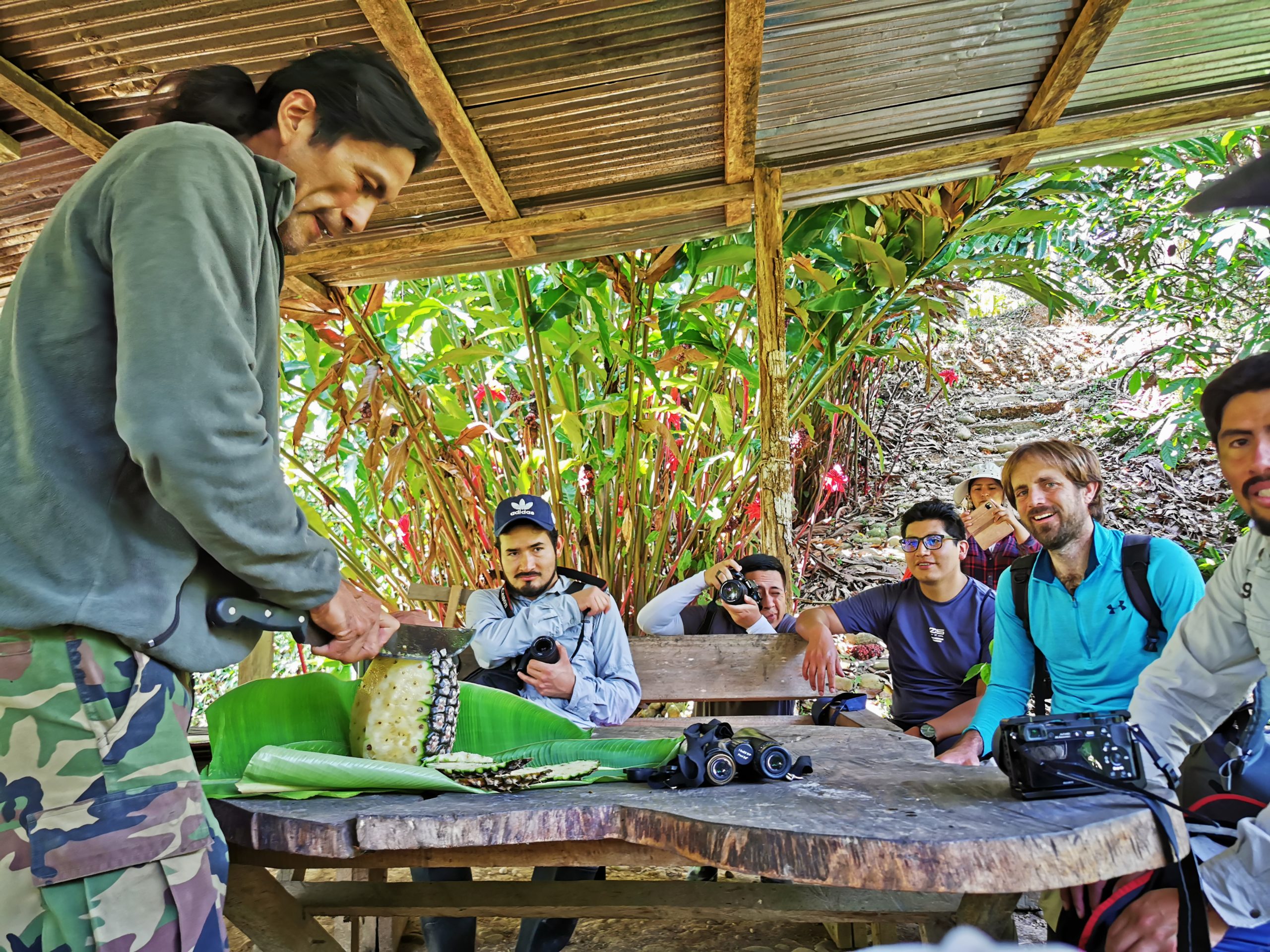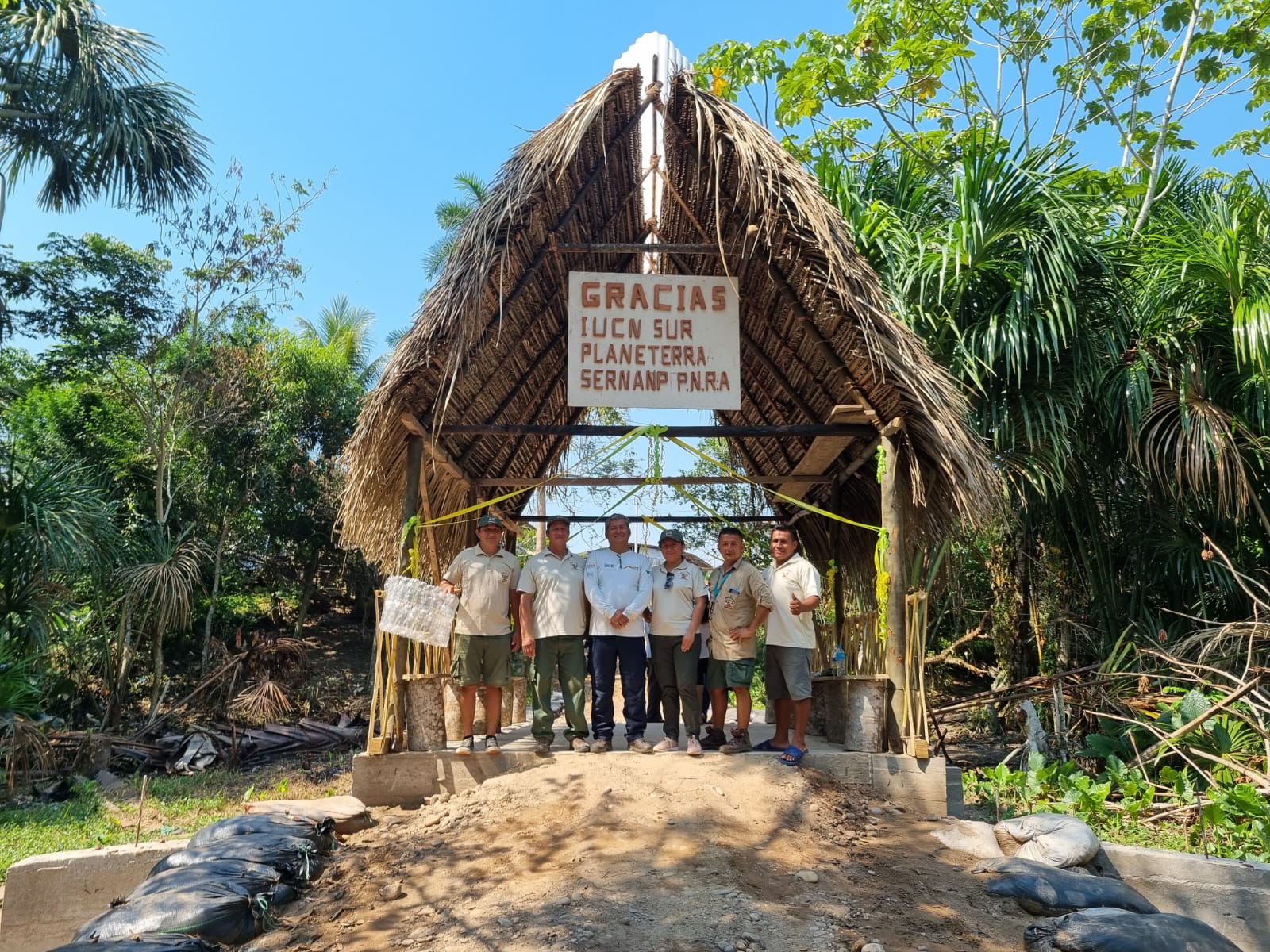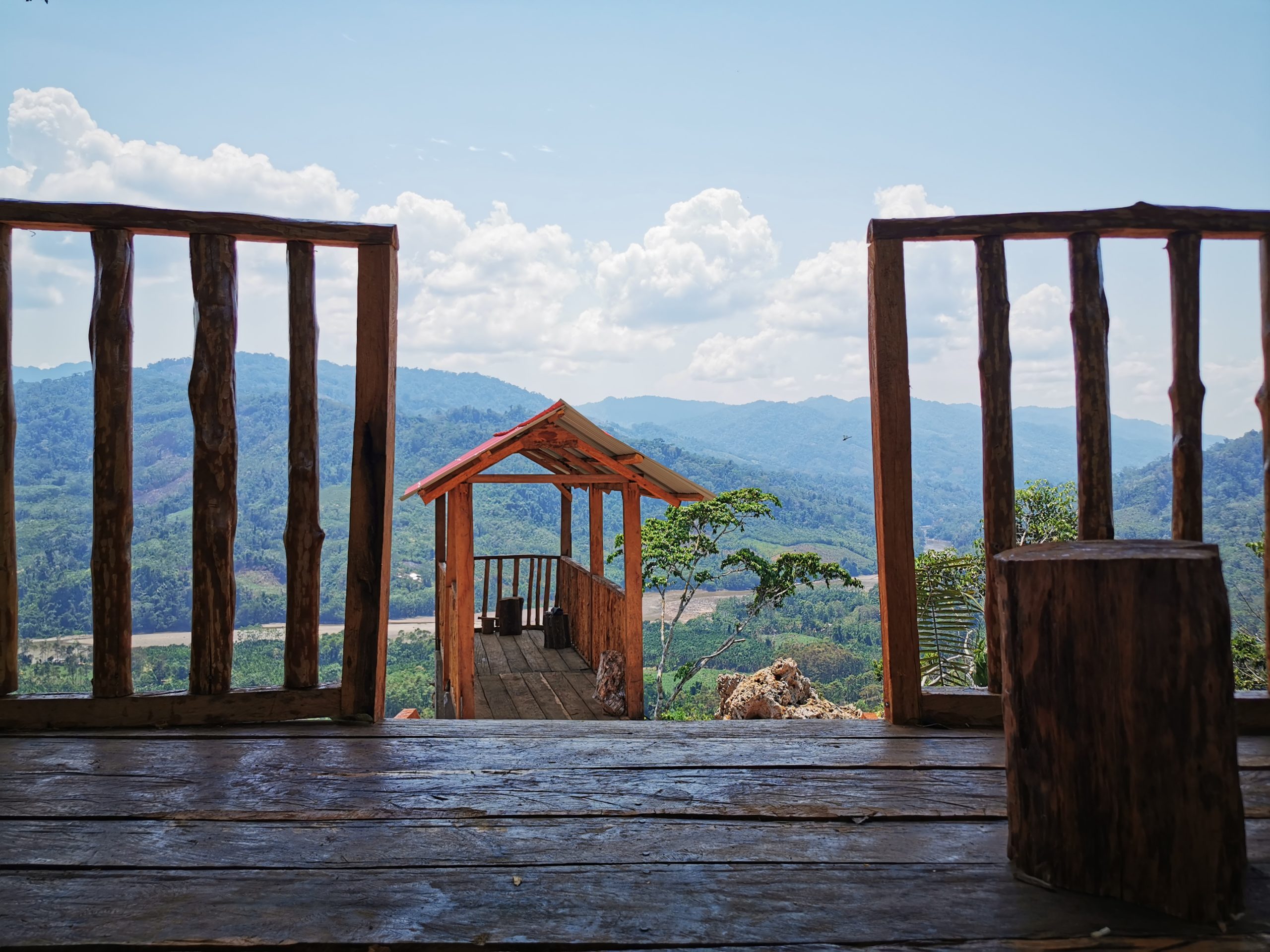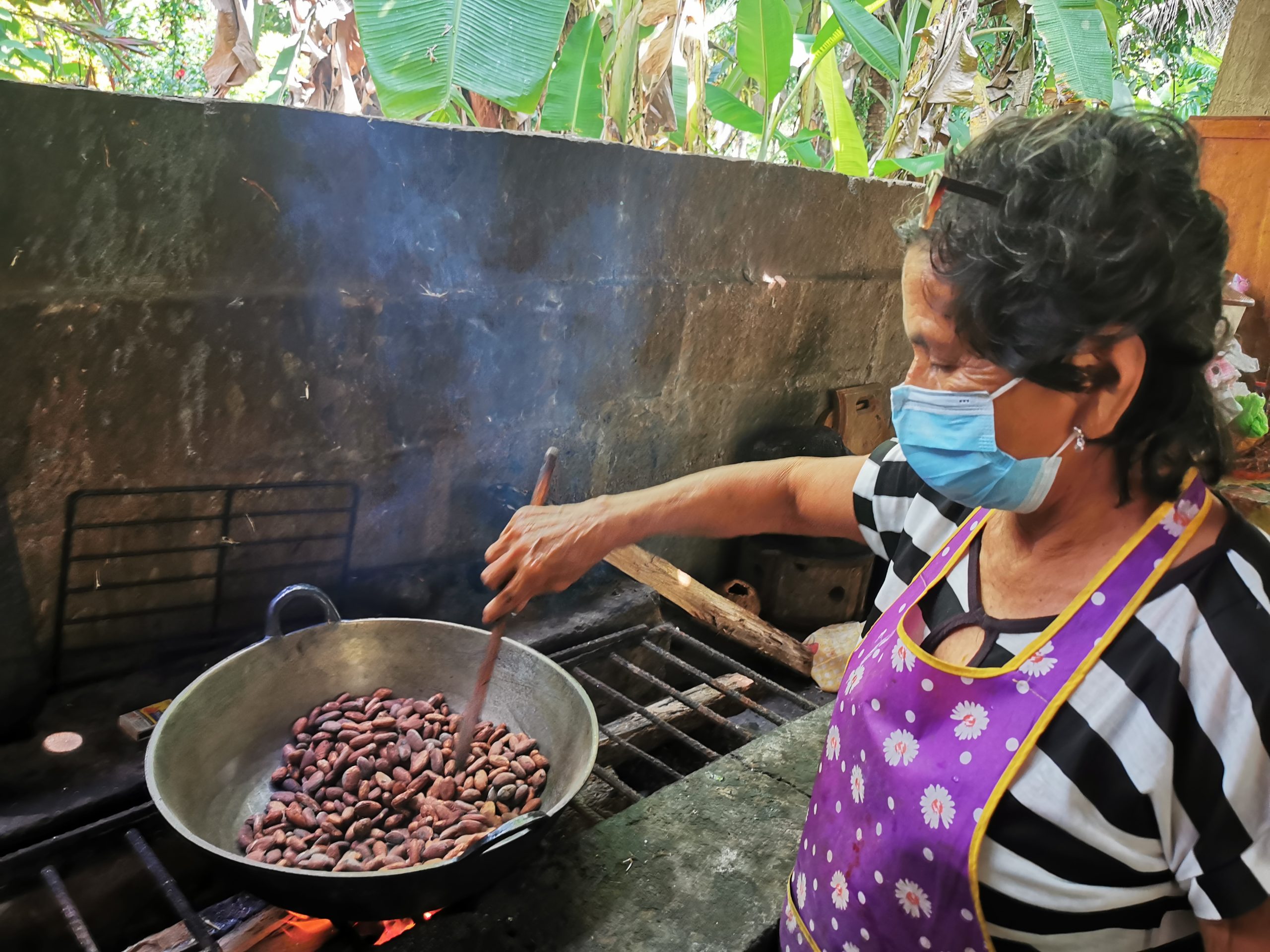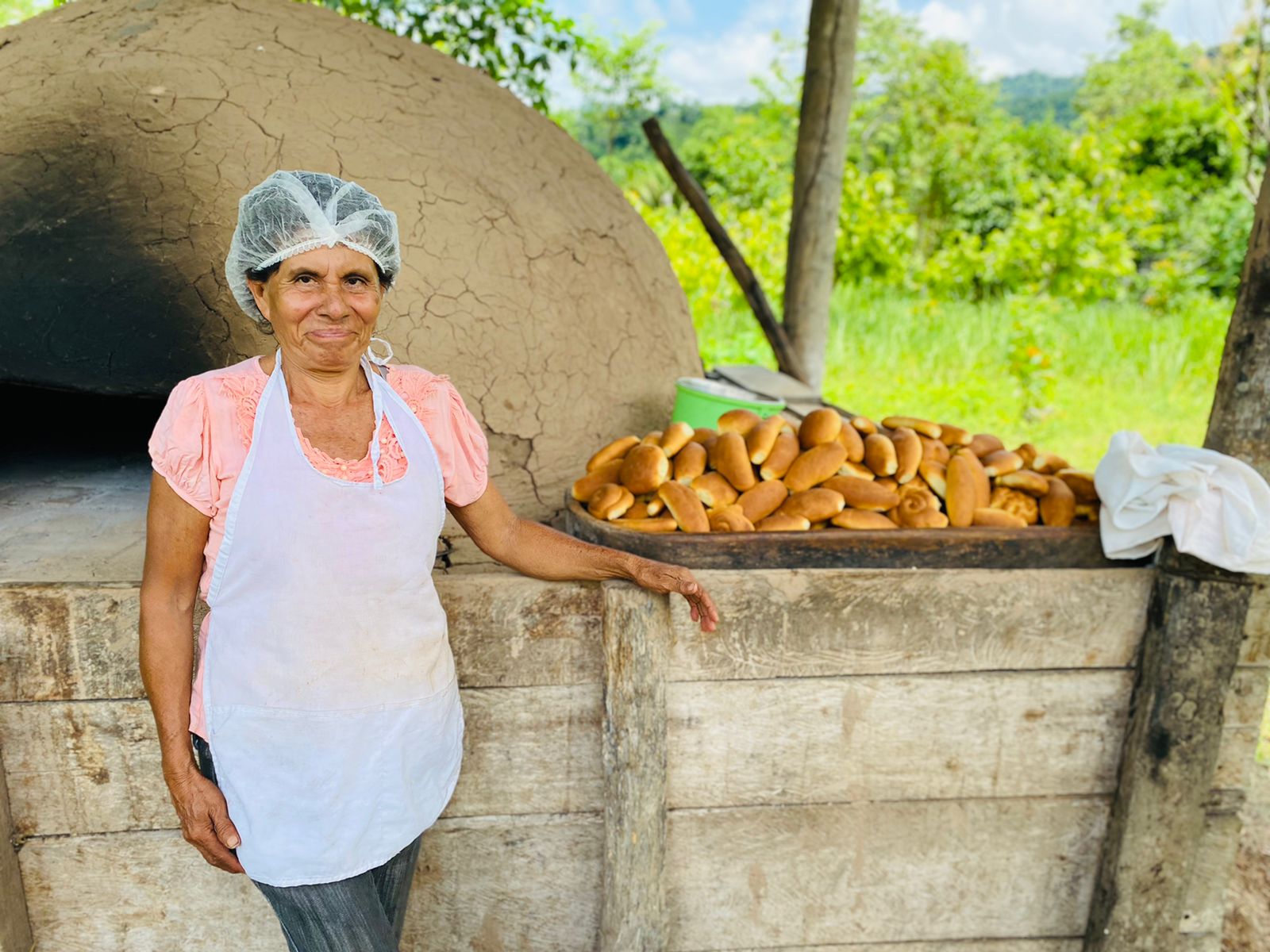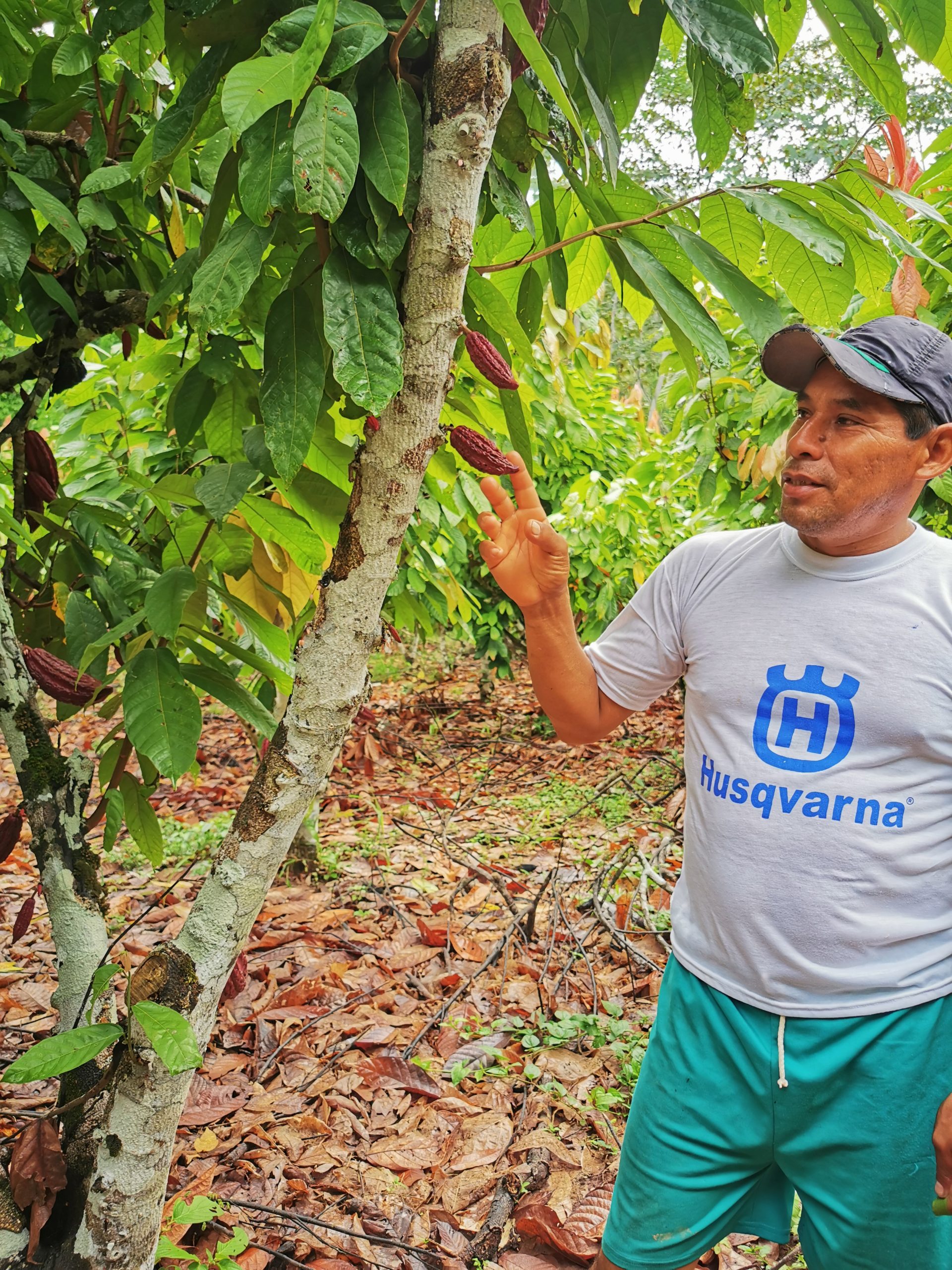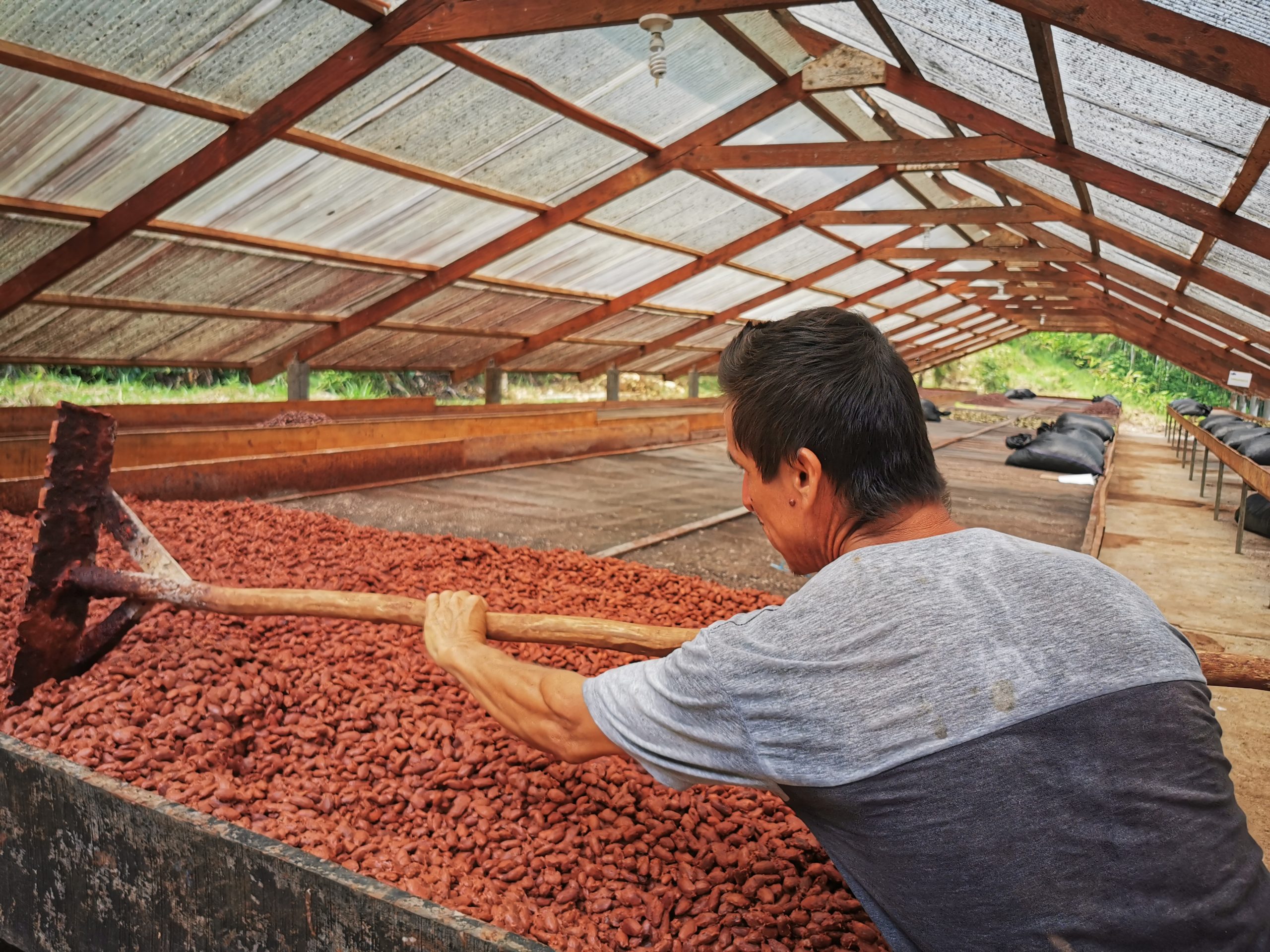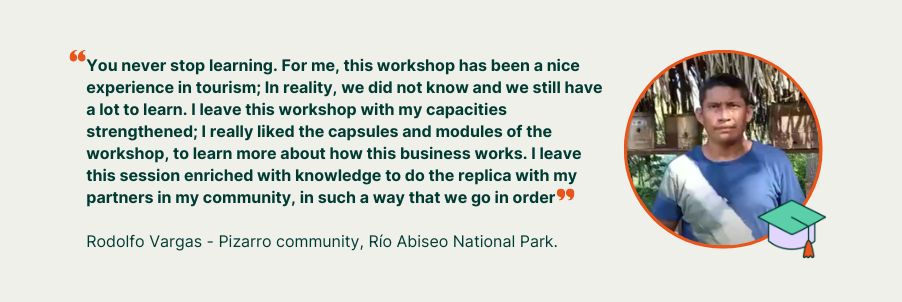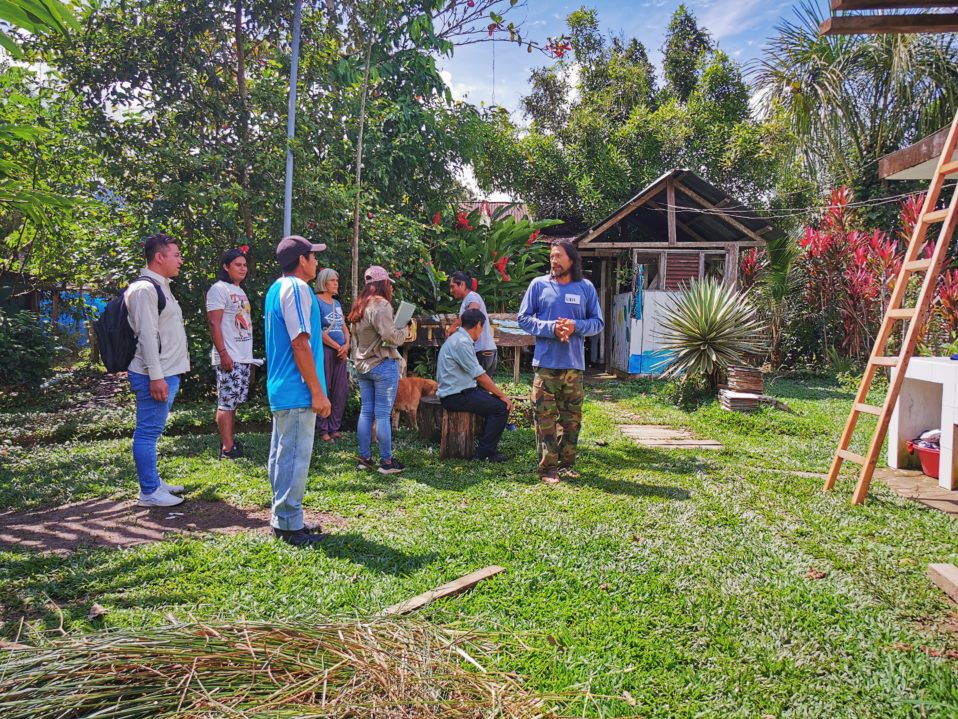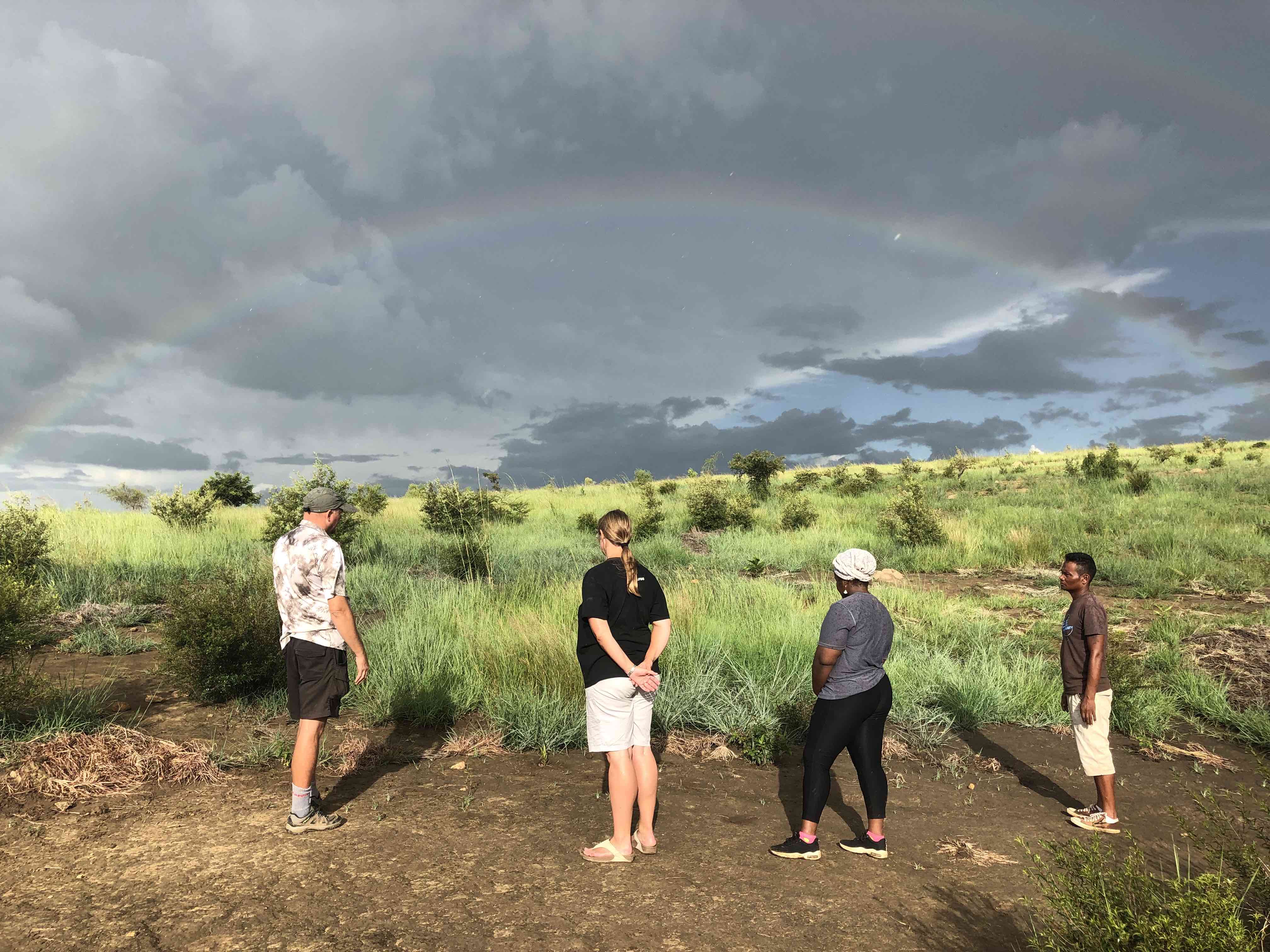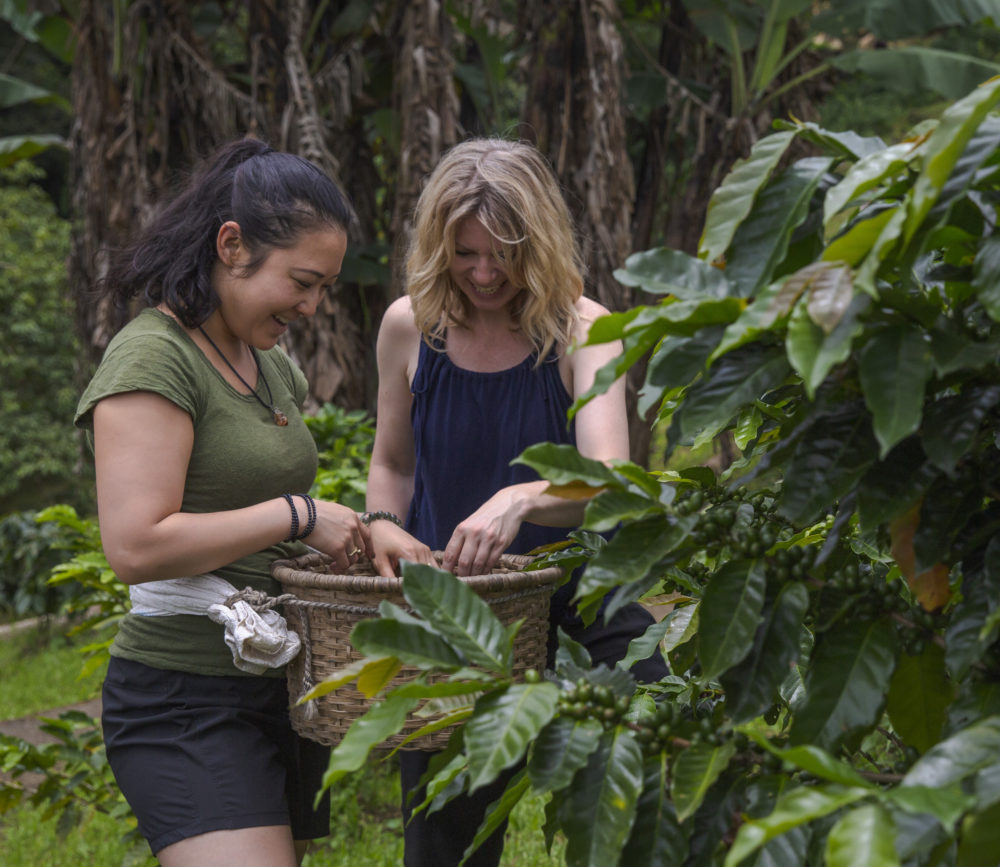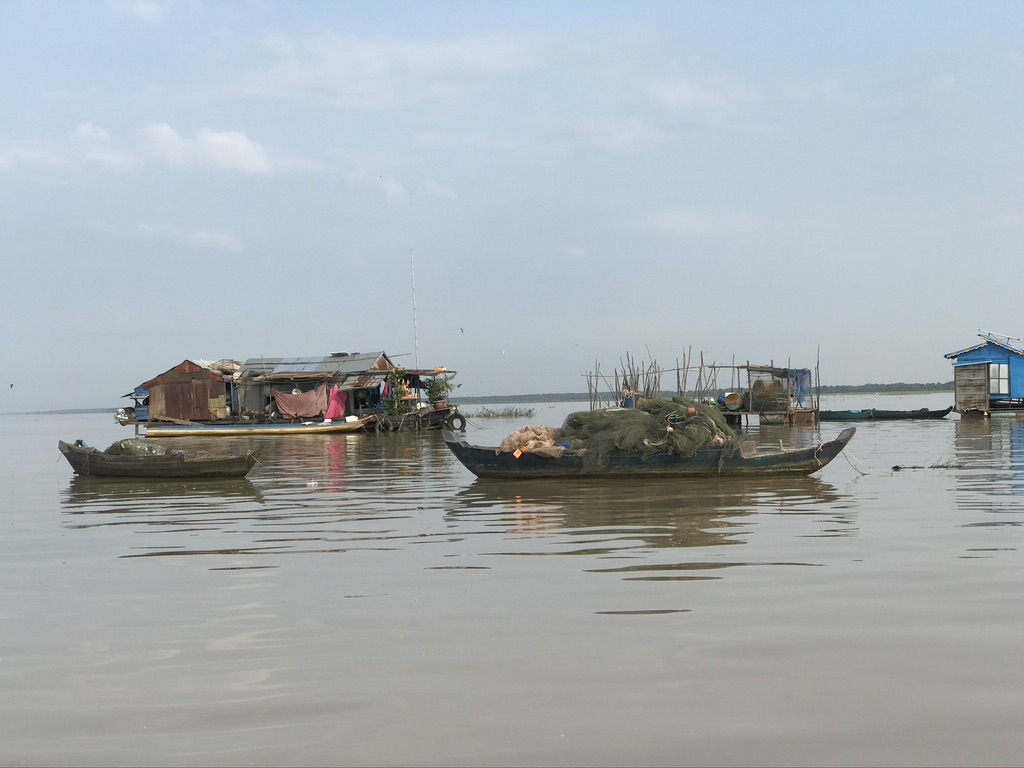Written by Ainsley Lawrence
Sustainability is more than just a hot topic of conversation these days. According to a recent Nielsen study, 78% of U.S. consumers say a sustainable lifestyle is important to them. Reducing waste, using less energy, and recycling are all important. They are also easy habits that people can incorporate into their everyday lives.
Unfortunately, travel and sustainability don’t often go hand-in-hand. We tend to think of things like carbon emissions from cars and planes, the waste produced by traveling, and the people involved that are creating even more pollution simply by having to go to work each day.
But sustainable travel is possible, especially when you choose to stay close to home. Whether you have a travel bug or you want to take a family vacation while doing something good for the planet, you can use a few effective sustainable techniques to keep things “green” while you hit the road.
Let’s take a look at a few of those tips and tricks, so you can enjoy your next trip in this post-pandemic society.
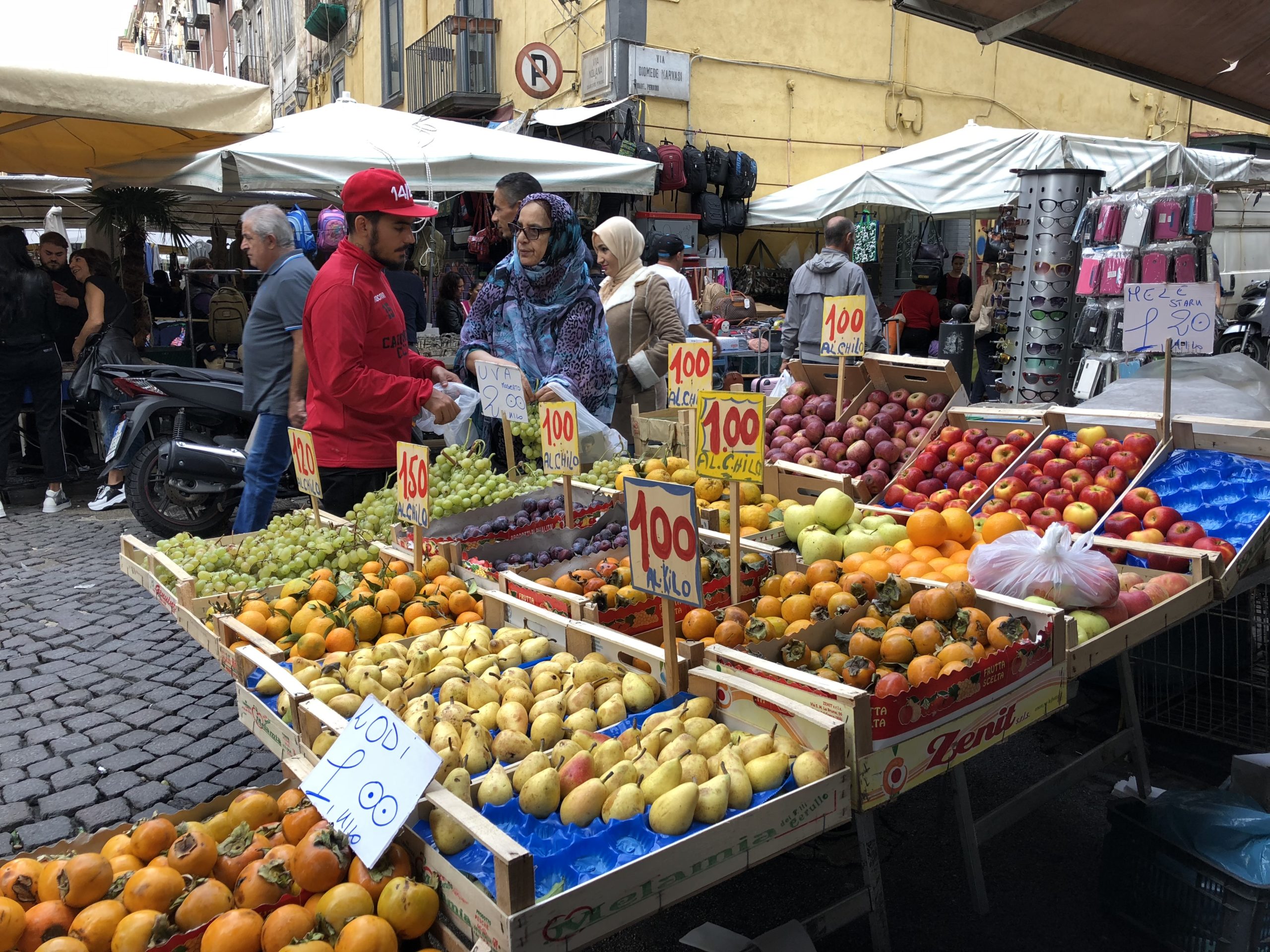
Cutting Down on Emissions
While traveling via car already creates fewer emissions than traveling by plane, there are still things you can do to cut down on your carbon use while you hit the road.
First, before you leave on your trip, make sure your vehicle is in top shape. Things like maintaining proper tire pressure, making sure the engine is tuned up, and fixing any other mechanical issues in your vehicle will help to ensure it produces as little pollution as possible.
While you’re driving, you can also reduce pollution and travel more sustainably by:
- Minimizing travel items;
- Developing a strategy so you can drive the most efficient route;
- Carpooling;
- Towing a trailer instead of overloading your car.
Drive slower and smarter while you’re on the road. If you’re not in a hurry, don’t keep your foot glued to the gas pedal. Frequent acceleration not only burns more fuel, but it creates more emissions. Instead, go at a leisurely pace. You’ll get more out of your gas tank and release less pollution into the air.
You can also choose to live more sustainably on the road. Try to avoid using plastic products. Eat locally. Don’t leave any pollution behind if you stay overnight somewhere, and limit your water usage. These small actions can add up quickly, especially if you travel a lot, and they can really help to give back to the environment.
Getting Back to Nature
Traveling by car to tourist areas and famous sites can be fun, and there’s no reason you shouldn’t enjoy those special attractions with your family or friends. But, one of the best options for sustainable travel, especially close to home, is to get back to nature and go camping.
Spending time in nature is also a great way to gain a greater appreciation for the outdoor world, and it can also do wonders for your mental health. In fact, doctors are writing prescriptions for nature, as outside time has been demonstrated to lower stress while increasing physical activity.
No matter where you live, there’s likely a national park or campsite nearby. You won’t have to travel far to get there, and you can enjoy a more sustainable time away from home than you would if you went to a typical tourist trap. Plus, getting back to nature allows you to immerse yourself in local culture. Even if you only travel a few hours away from home, you’ll be able to experience new and exciting scenery, people, and ways of life.
If you haven’t traveled much since the COVID-19 pandemic, spending time away from typical tourist sites can help you ease back into it. Camping can provide a lot of solitude and relaxation, and help you to appreciate the freedom you have to travel across the country while preserving its natural beauty.
If you want to be an eco-friendly camper, buying organic food, ditching plastic water bottles, bringing reusable dishes, and only camping in designated areas can help. It’s a great way to feel more at home with nature, and a wonderful opportunity to teach your family about the importance of conservation and sustainability. While camping isn’t for everyone, it’s something you should try at least once! You might be surprised by how much you enjoy it, and how easy it is to give back to nature when you’re surrounded by its splendor.
Offsetting at Home
Finally, when you’re not on vacation or taking a road trip, make sure you’re living sustainably at home. Many companies – including airlines – use a practice called offsetting. It’s a way to do something good for the planet to counteract some of the harmful or negative effects of traveling.
For example, Delta Airlines has been investing in carbon offsets since 2012 and has a goal of carbon neutrality, so you can feel good about flying without harming the planet in the process.
At home, you can carbon offset by donating to environmental protection organizations or sustainability groups. You can promote awareness of climate change and excess waste. Most importantly, you can implement daily habits that help to promote sustainability within your household, including:
- Using less water;
- Installing energy-efficient appliances;
- Recycling;
- Composting;
- Switching to LED lighting.
Traveling close to home is a great way to scratch that itch to go somewhere new without doing harm to the environment. Keep these sustainable practices in mind for your next road trip, and you’ll be able to make the most out of the time away from home.
About the author:
Ainsley Lawrence is a freelance writer that lives in the Northwest region of the United States. She has a particular interest in covering topics related to travel, sustainability, tech, and accessibility. When not writing, her free time is spent reading and researching to learn more about her cultural and environmental surroundings.


